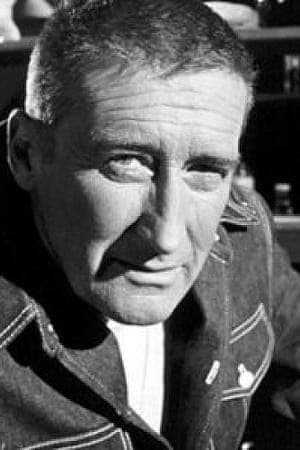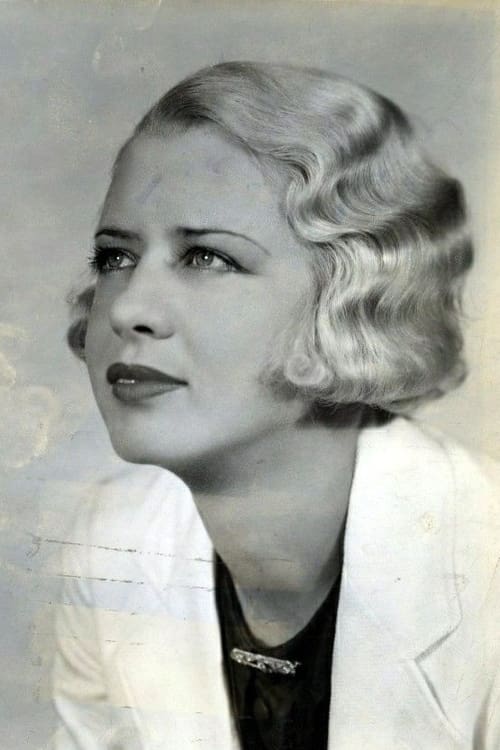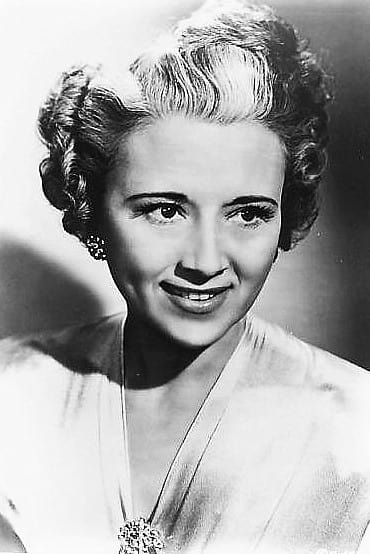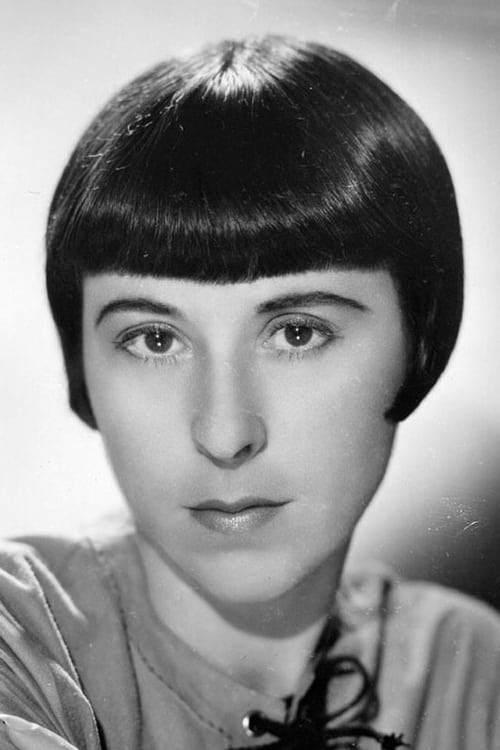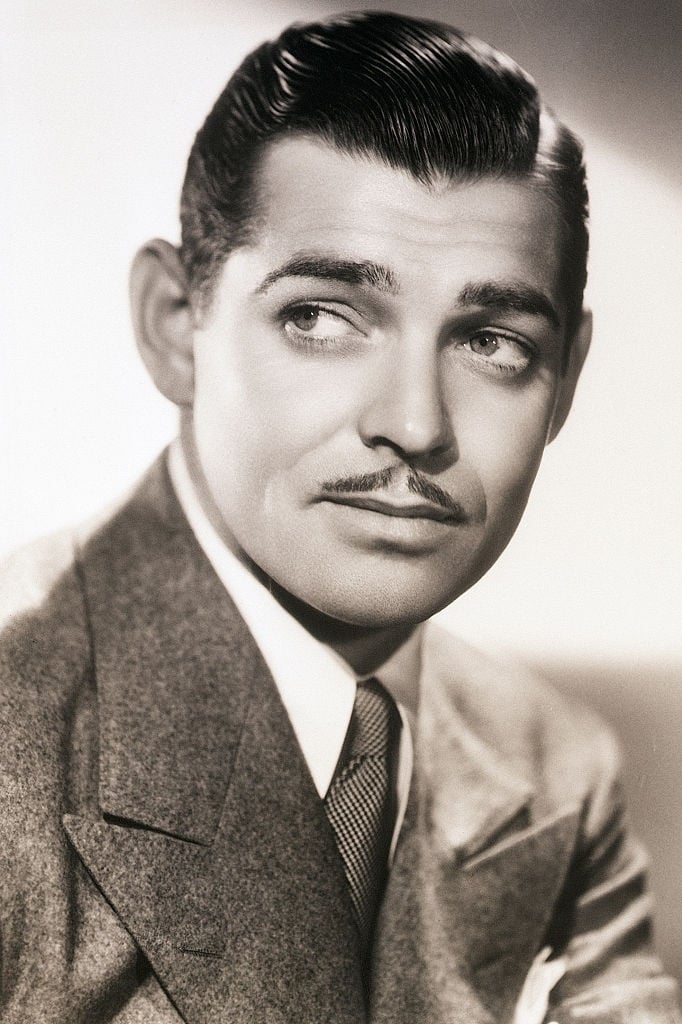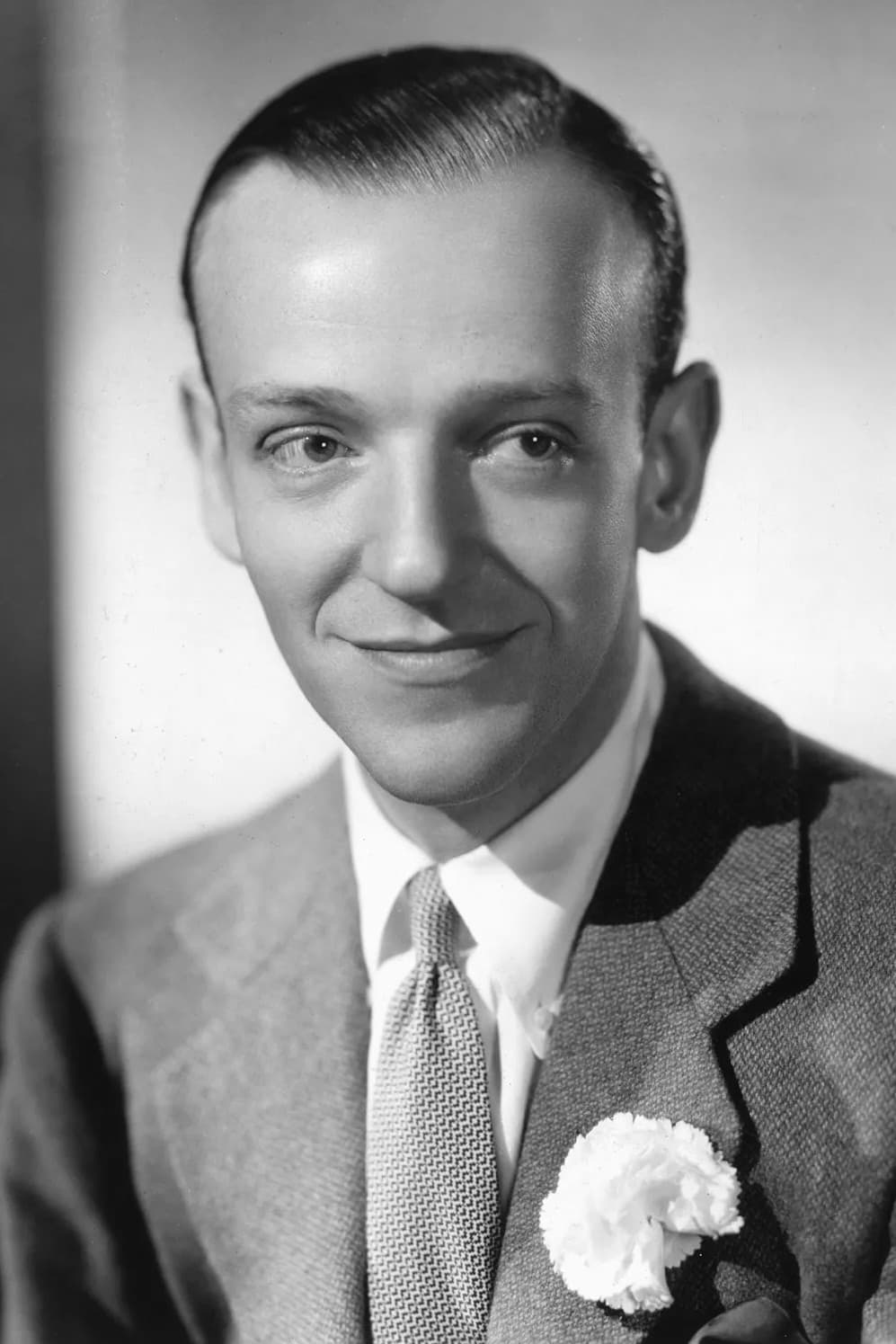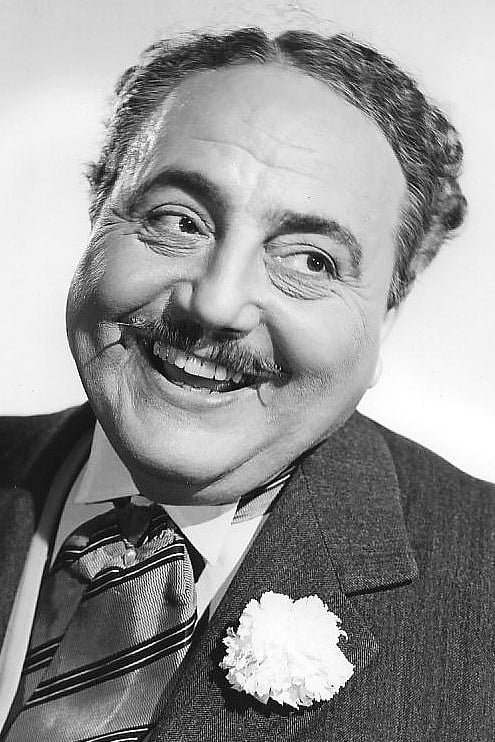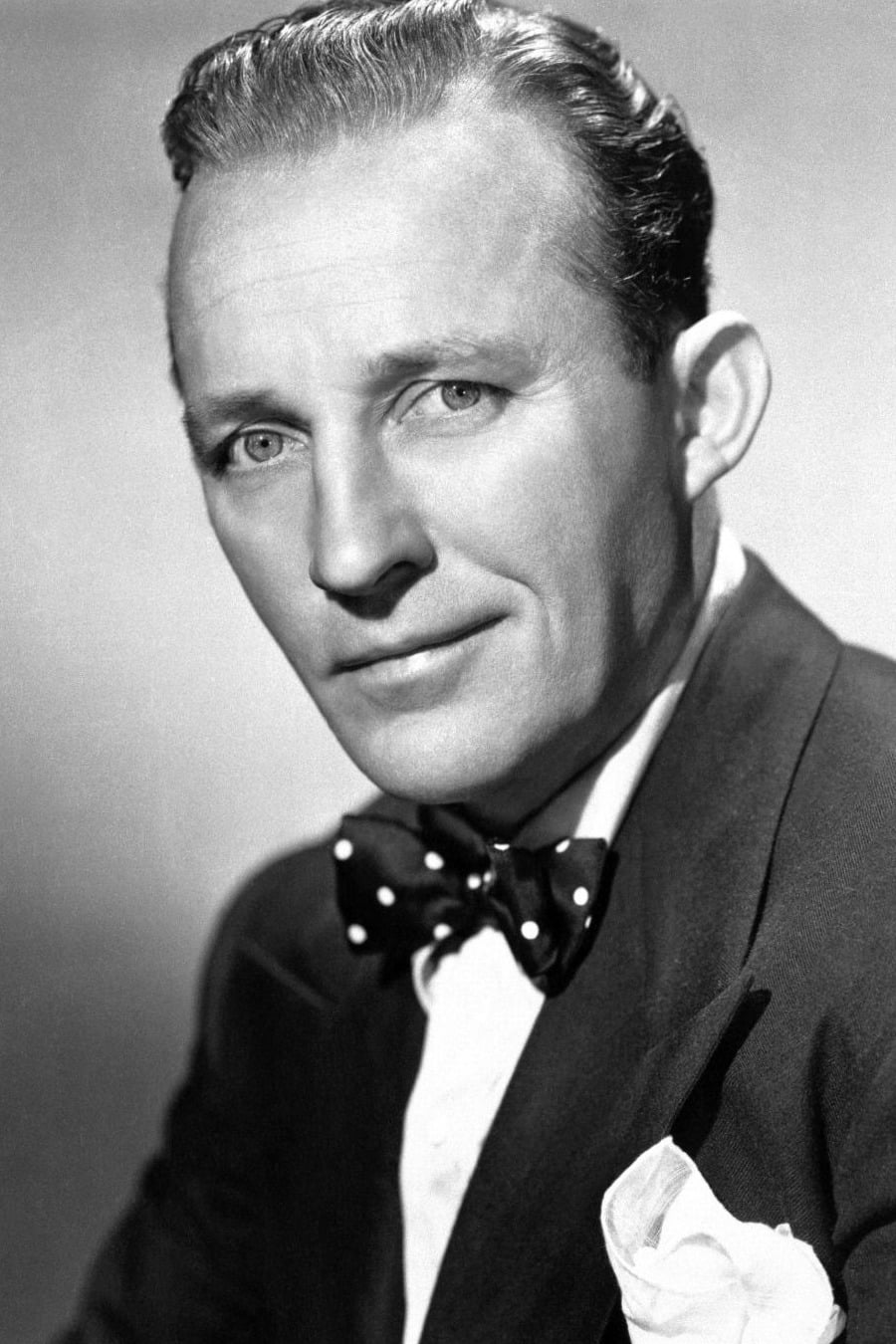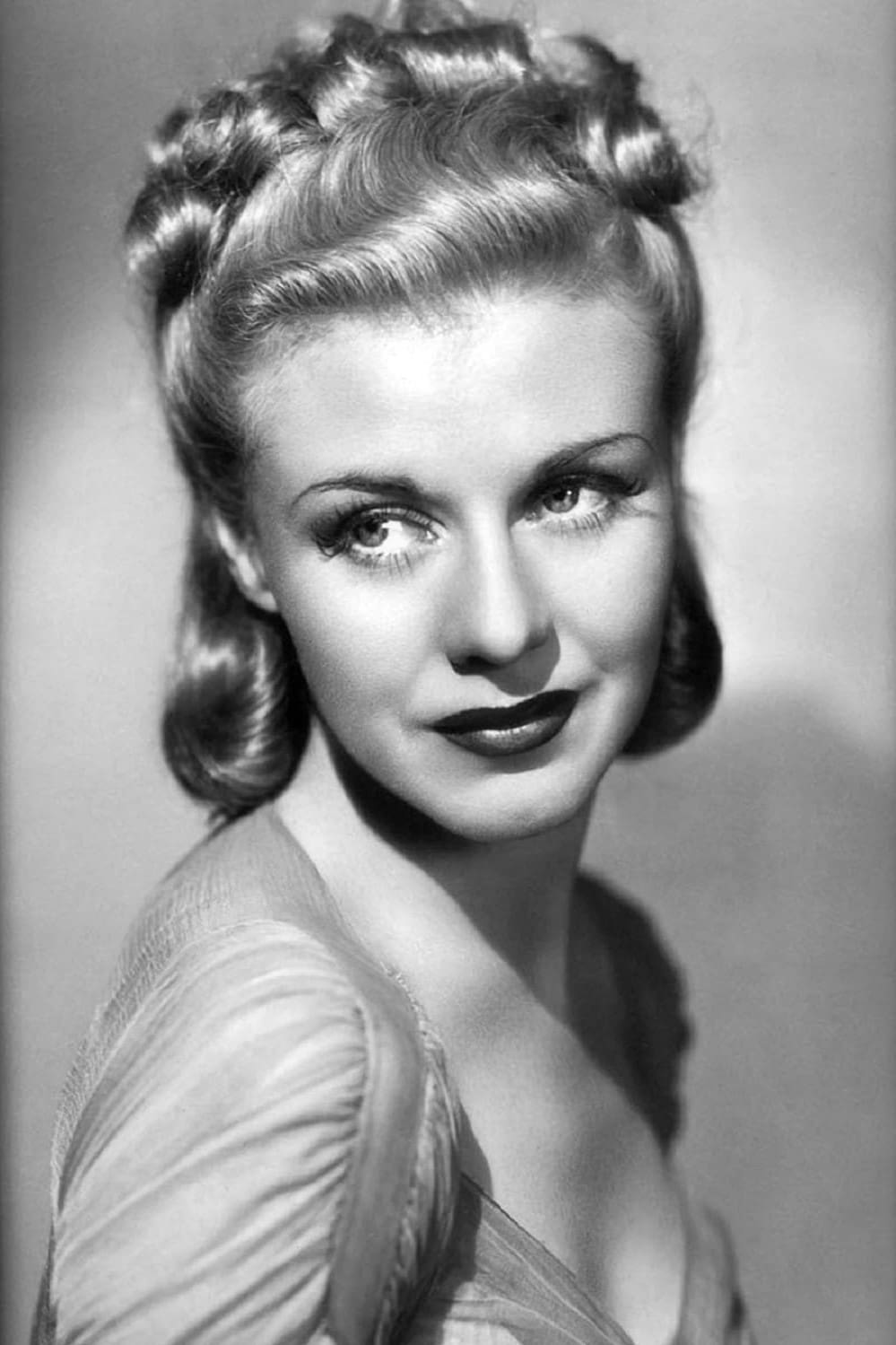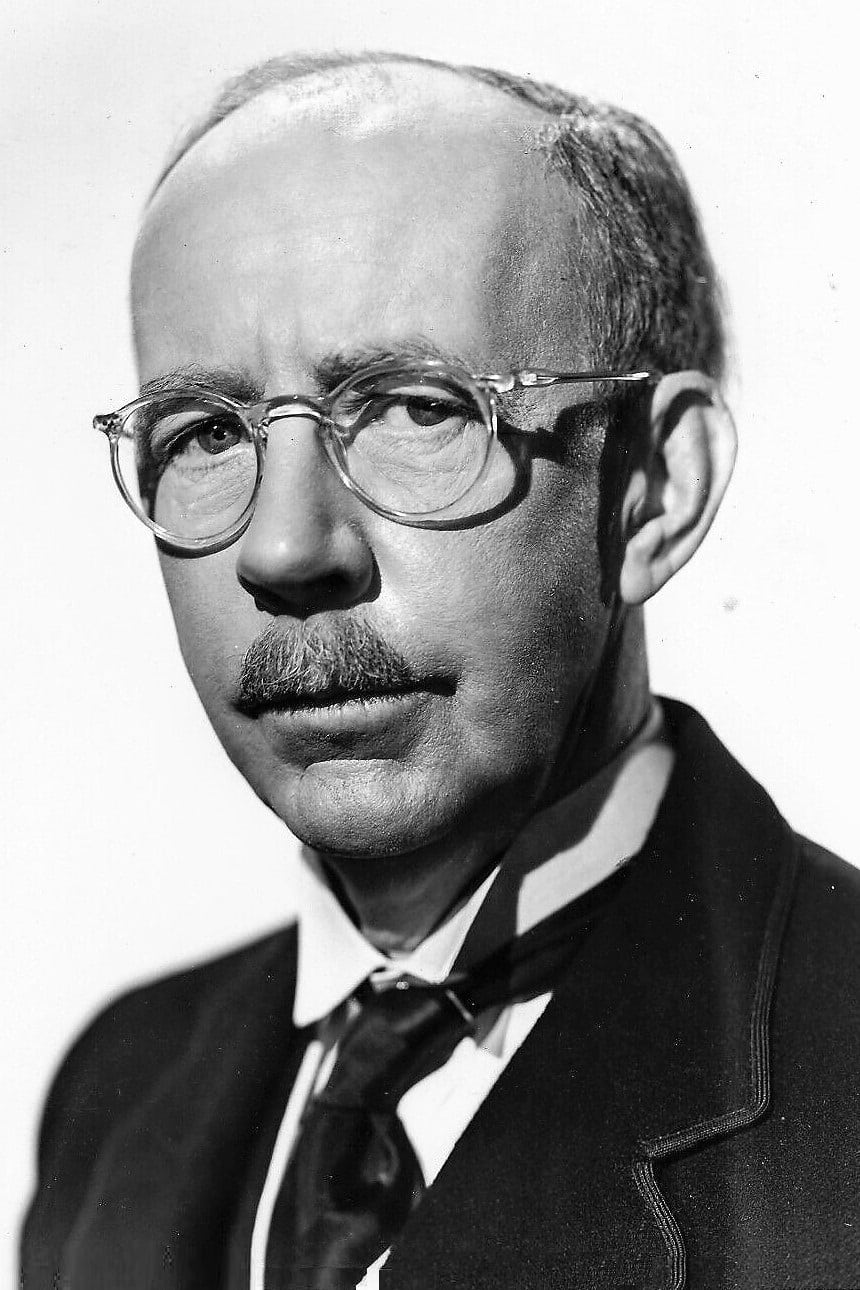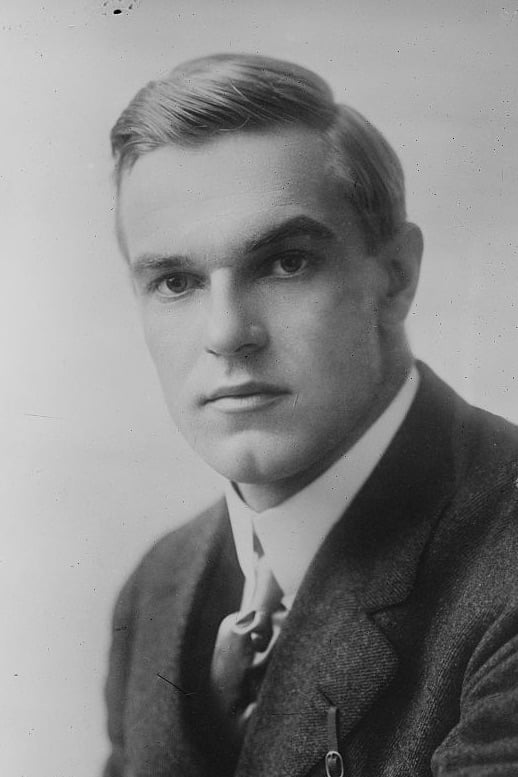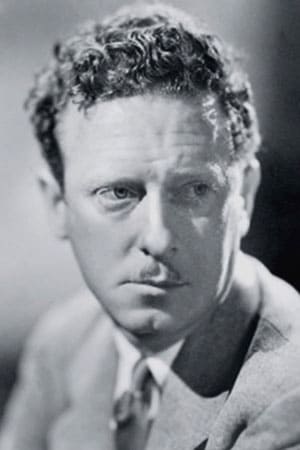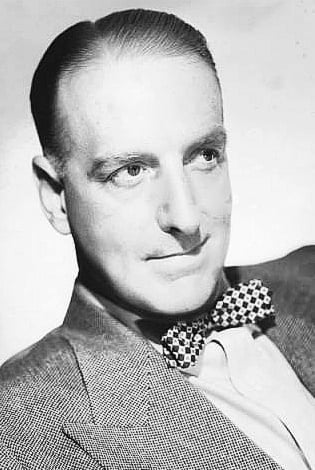Biography
Robert Benchley (September 15, 1889 - November 21, 1945) was an American humorist, a newspaper columnist and an actor.
Advertisement
Filmography
all 110
Movies 110
self 16
Writer 11
Narrator 1
Screenplay 1
Robert Benchley (archive footage)

The Pixar Story (2007)
Movie
Robert Benchley (archive sound) / Writer
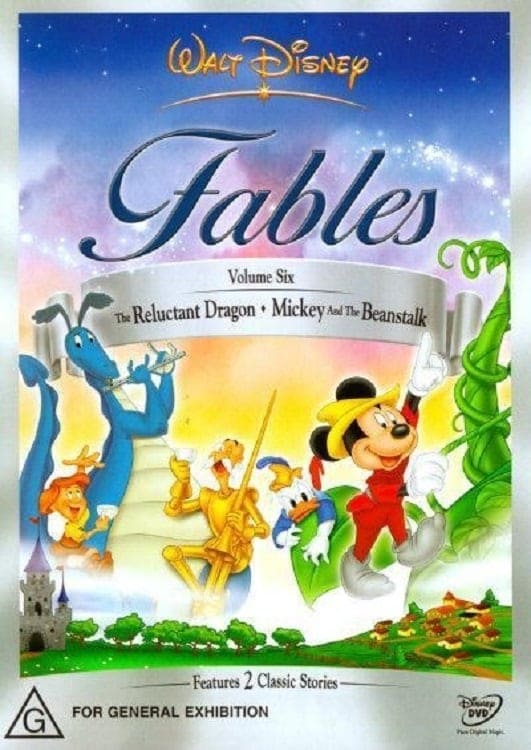
Walt Disney's Fables - Vol.6 (2004)
Movie
Himself (archive footage)
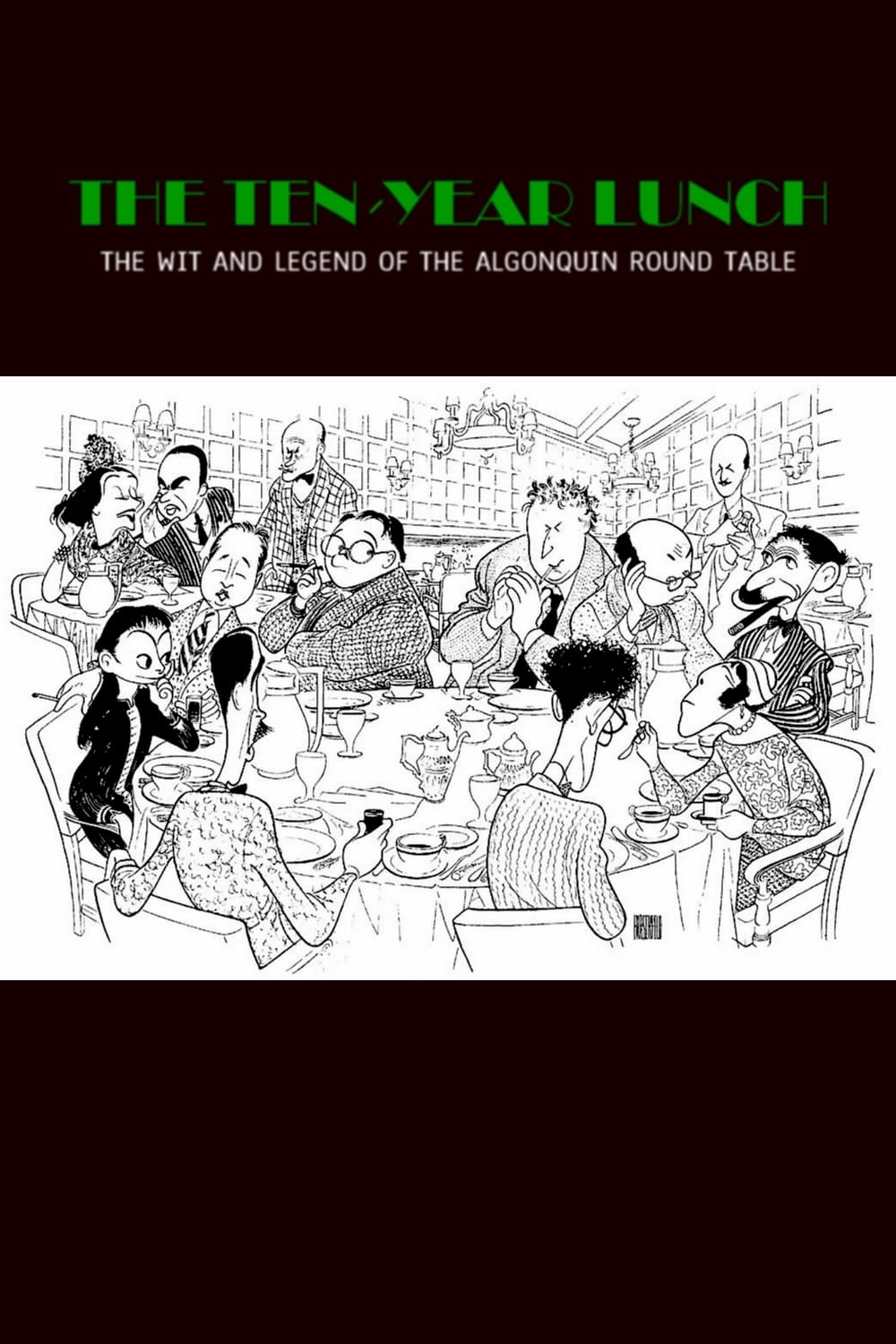
The Ten-Year Lunch (1987)
Movie
ArchiveFootage
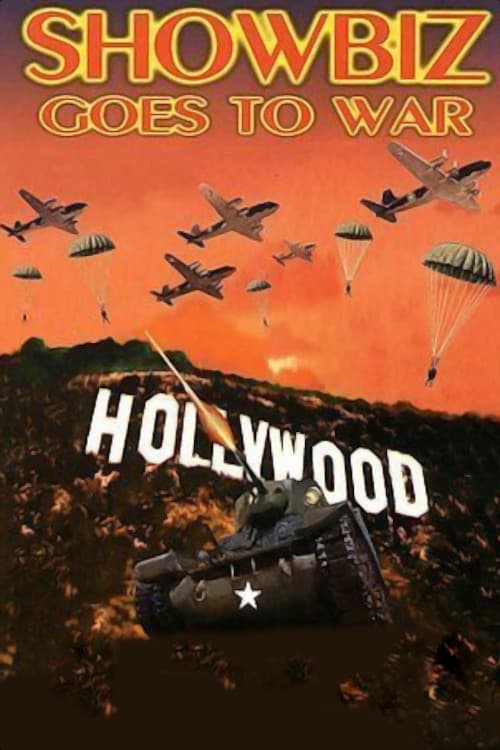
Showbiz Goes to War (1982)
Movie
(archive footage)
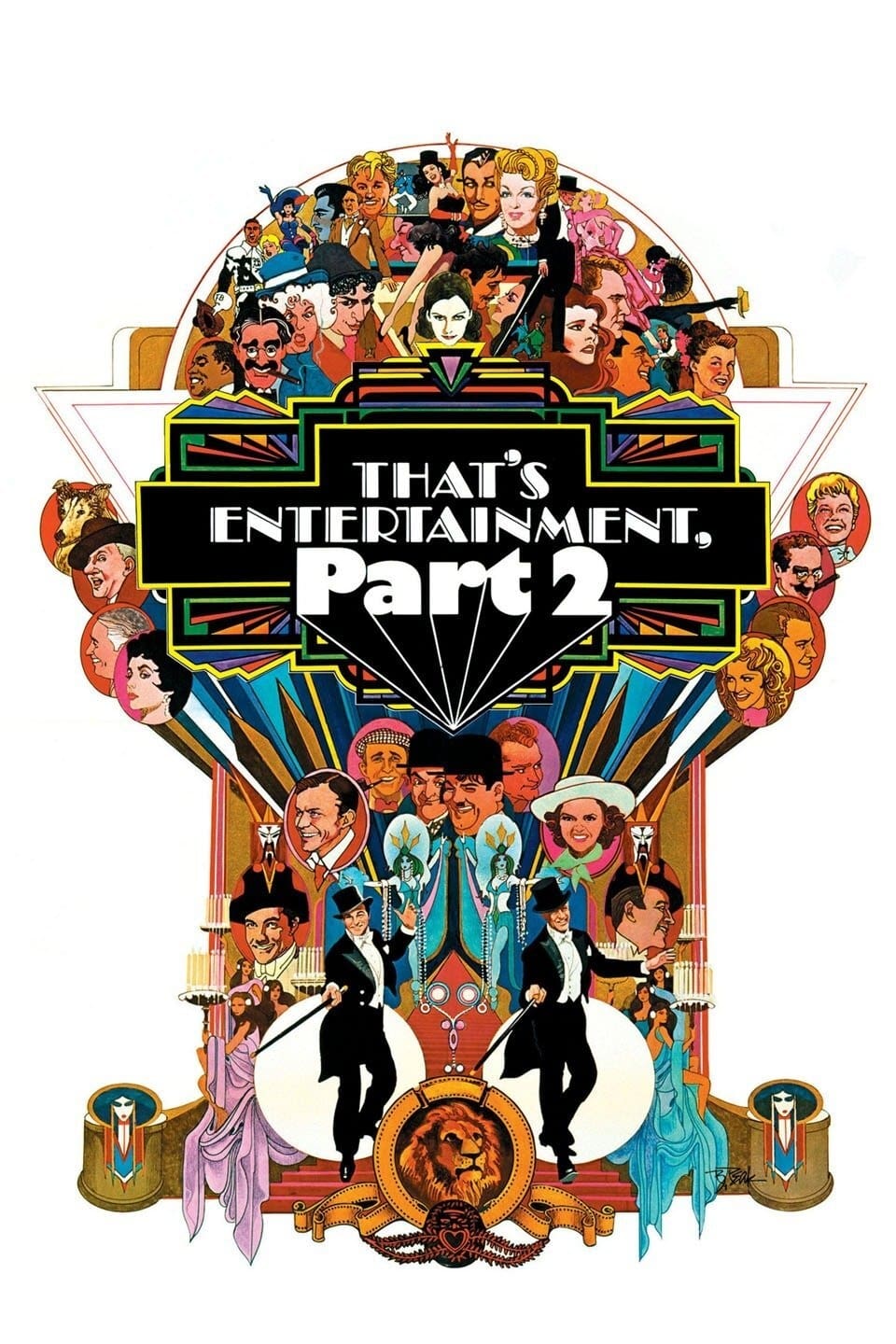
That's Entertainment, Part II (1976)
Movie
(archive footage)
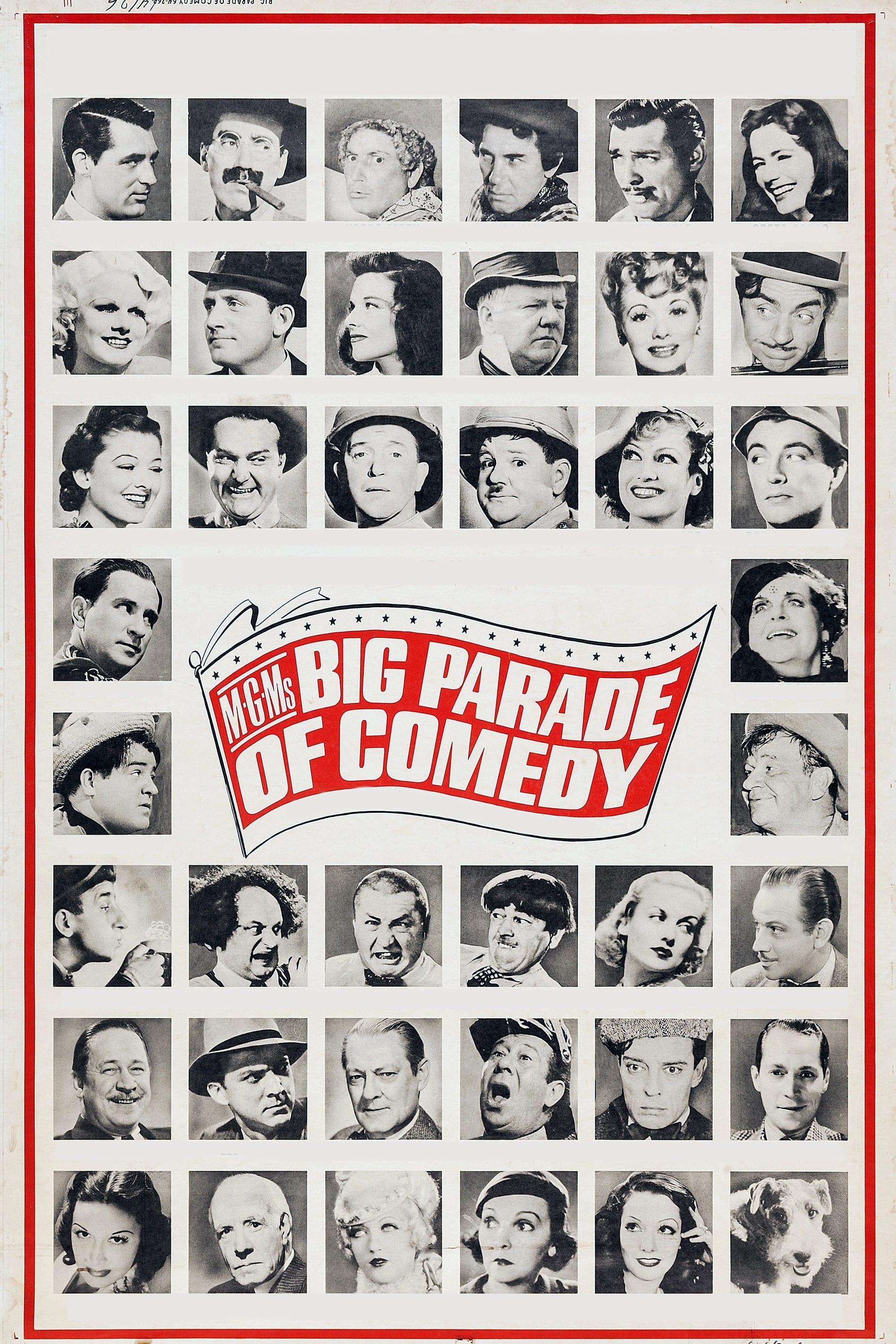
The Big Parade of Comedy (1964)
Movie
Self (archive footage) (uncredited)
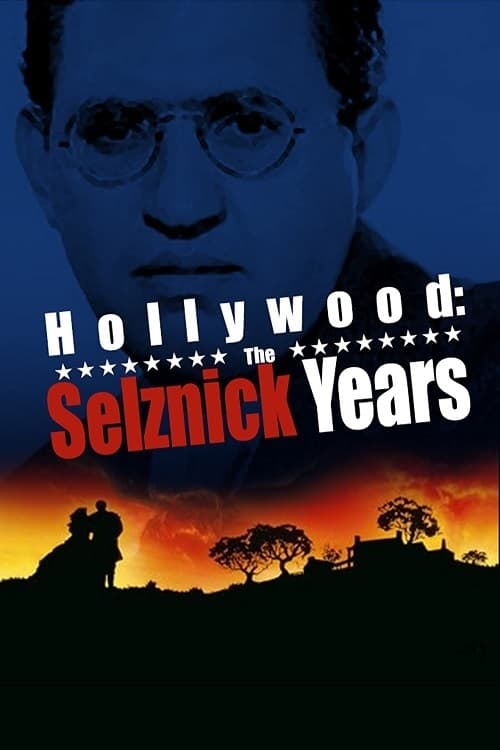
Hollywood: The Selznick Years (1961)
Movie
Humorist
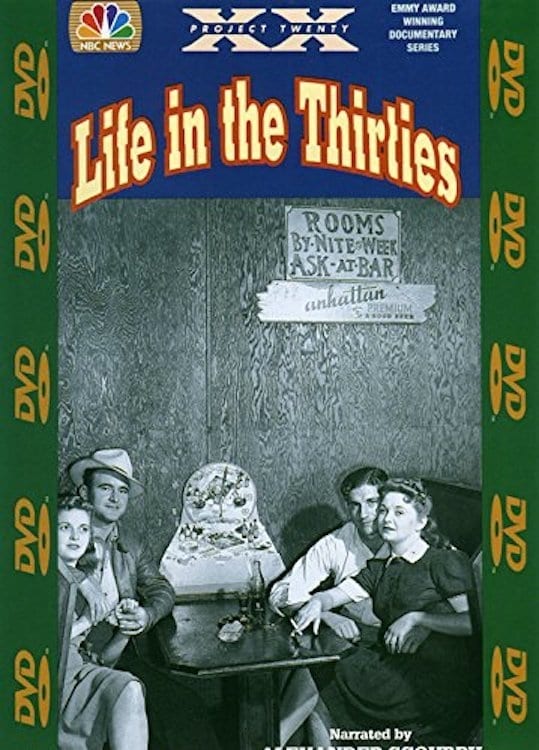
Project XX: Life in the Thirties (1959)
Movie
John Van Brunt
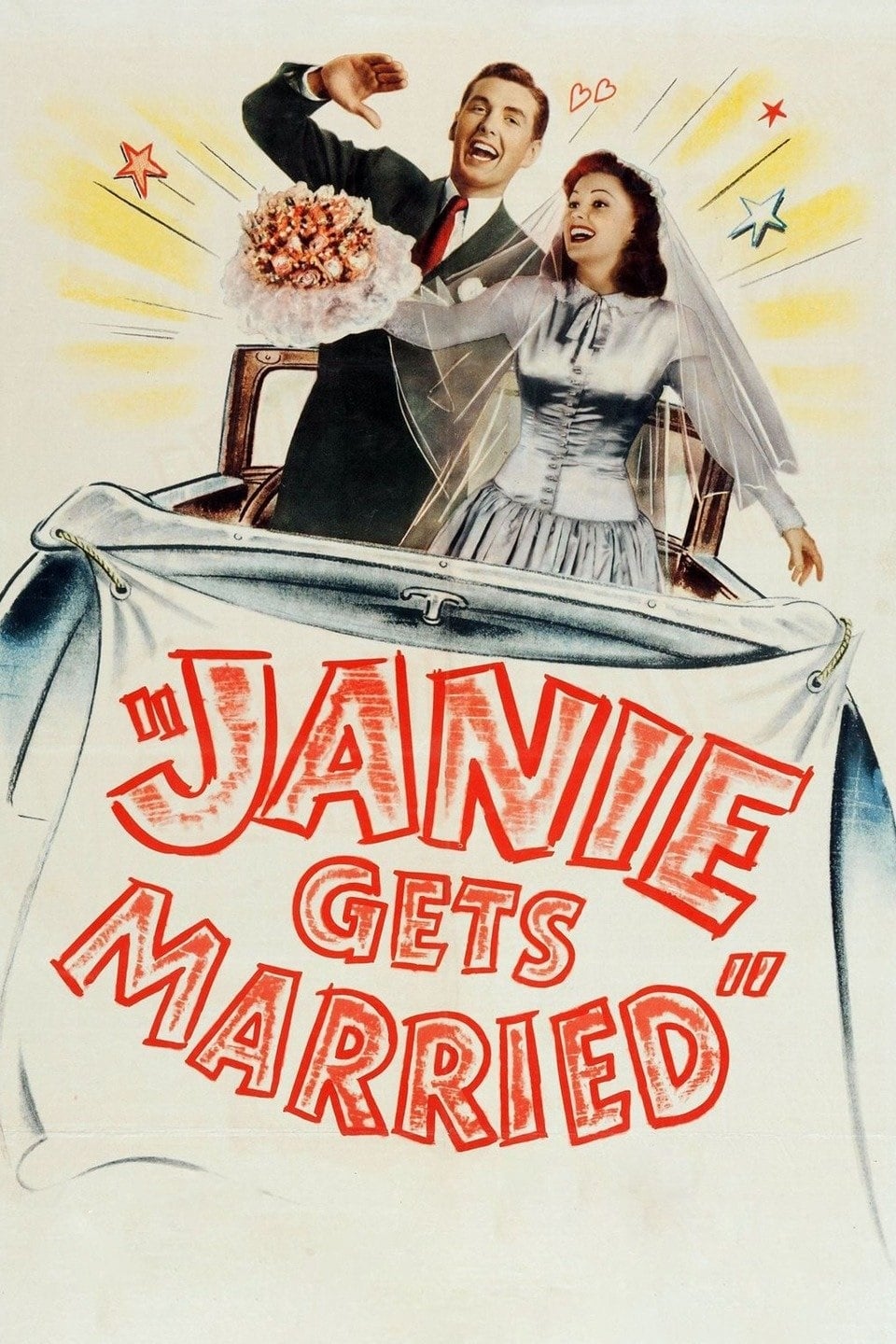
Janie Gets Married (1946)
Movie
Uncle Todd Warren
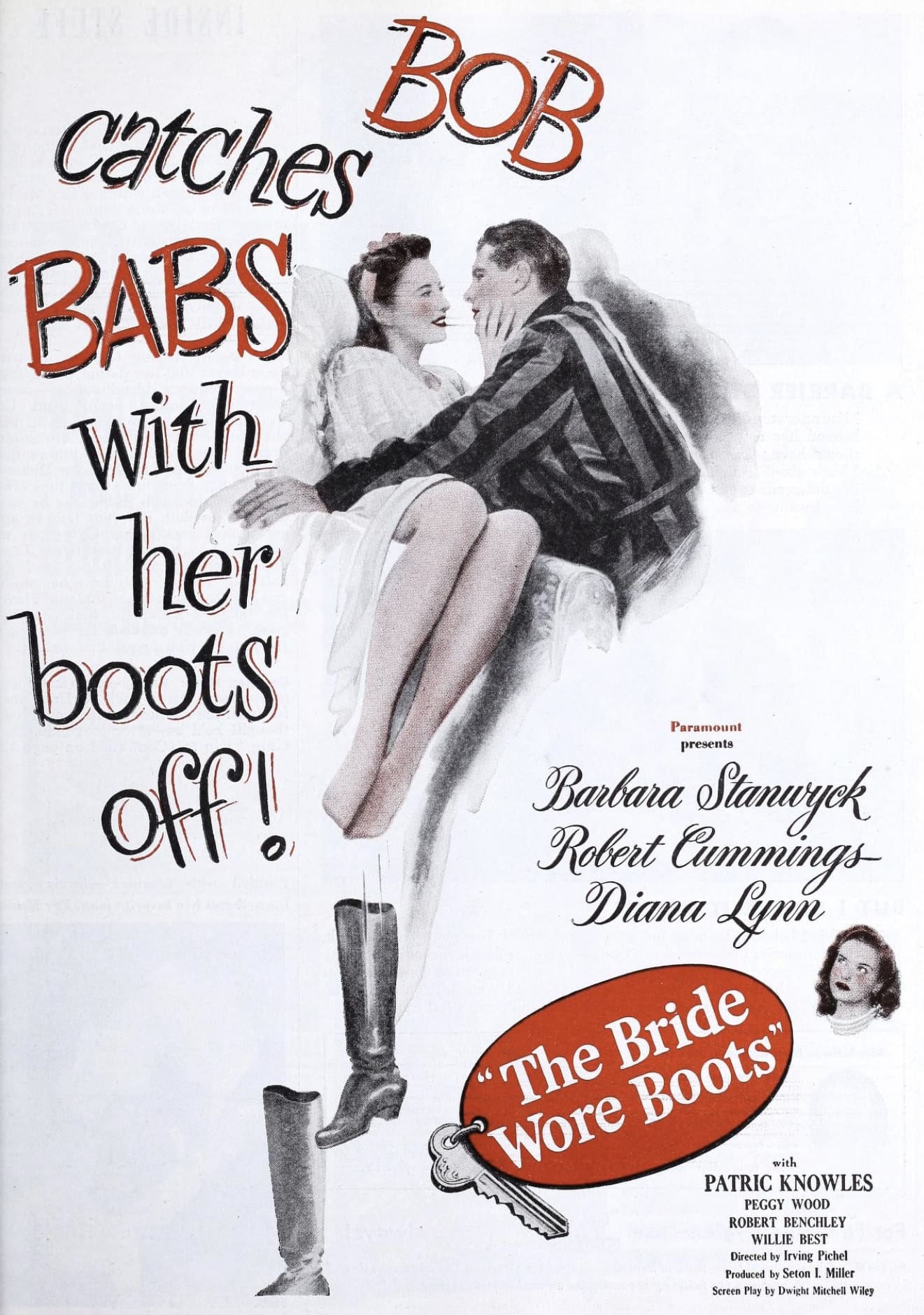
The Bride Wore Boots (1946)
Movie
Narrator
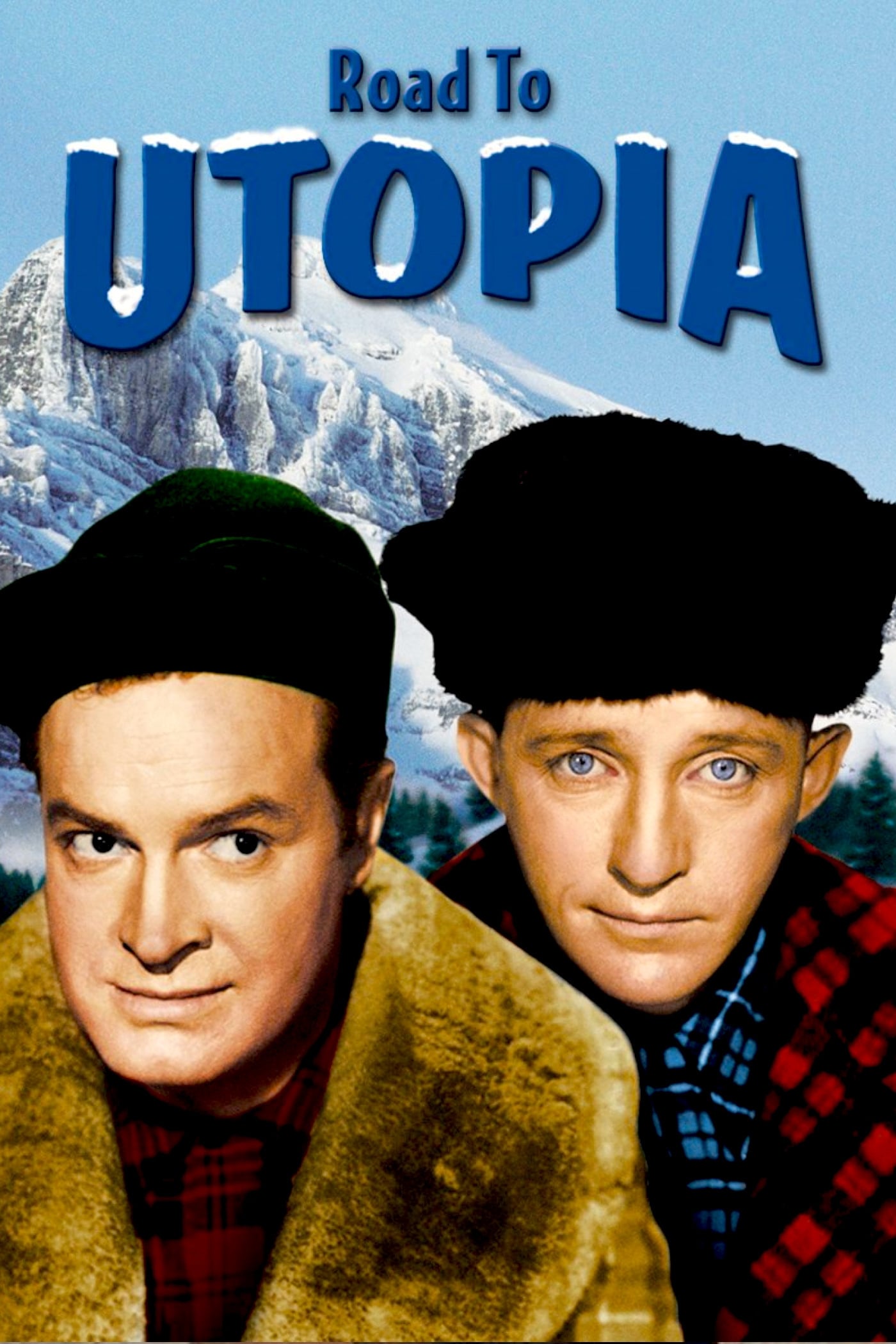
Road to Utopia (1946)
Movie
4.67
Tom P. Curtis
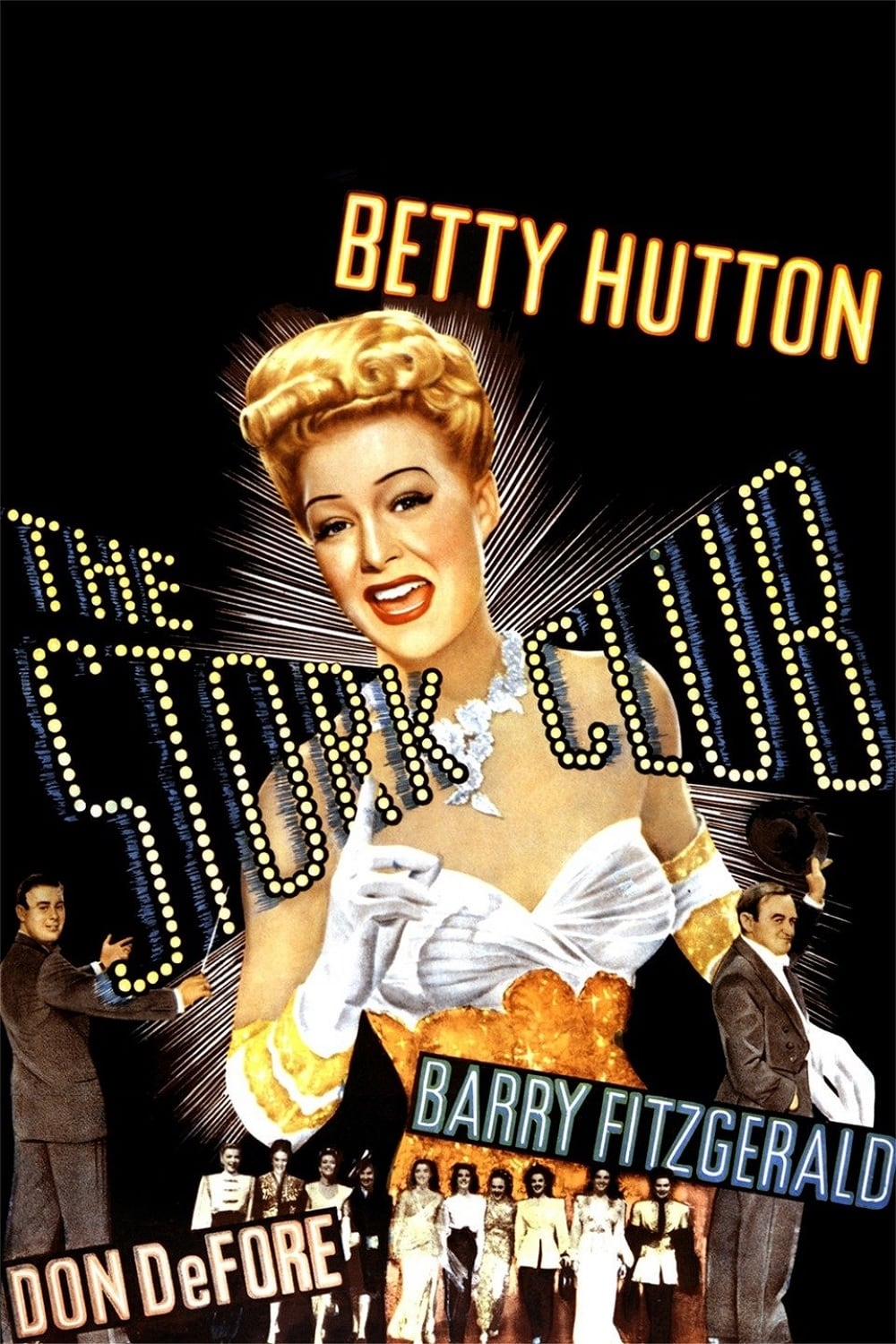
The Stork Club (1945)
Movie
Ben Stevens
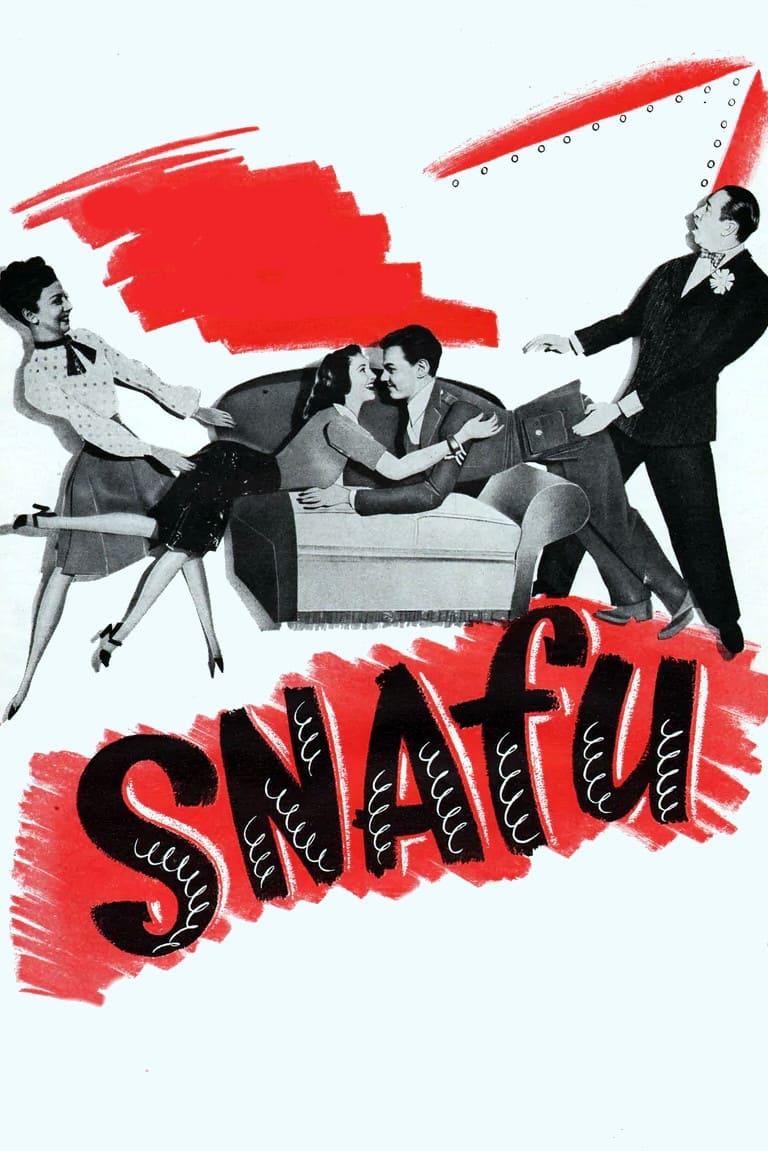
Snafu (1945)
Movie
George Archer
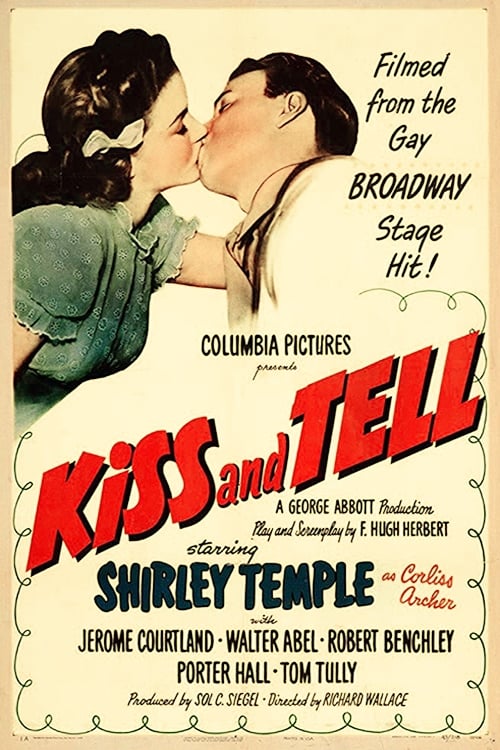
Kiss and Tell (1945)
Movie
5.71
Randy Morton
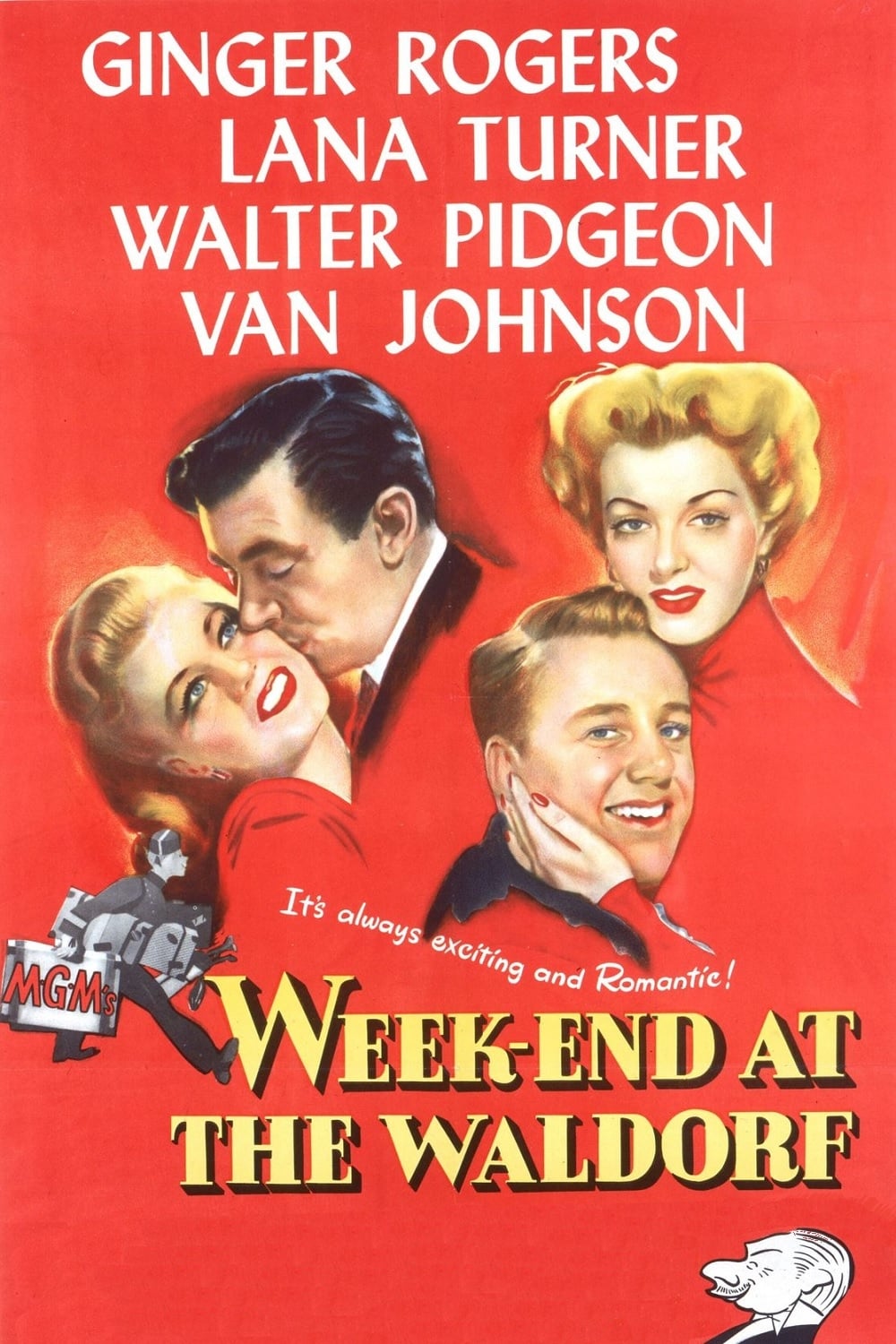
Week-End at the Waldorf (1945)
Movie
Robert Benchley
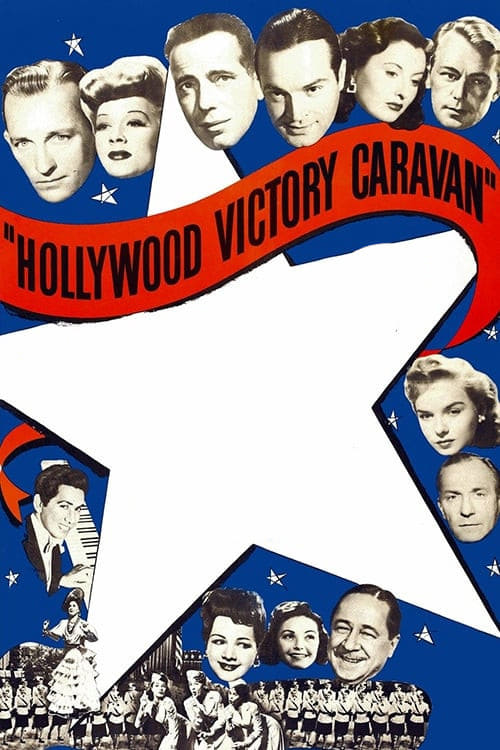
Hollywood Victory Caravan (1945)
Movie
Robert Benchley
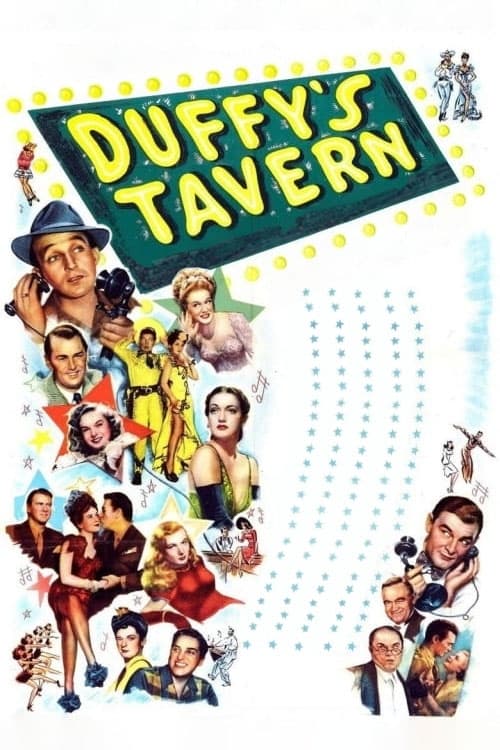
Duffy's Tavern (1945)
Movie
Parker
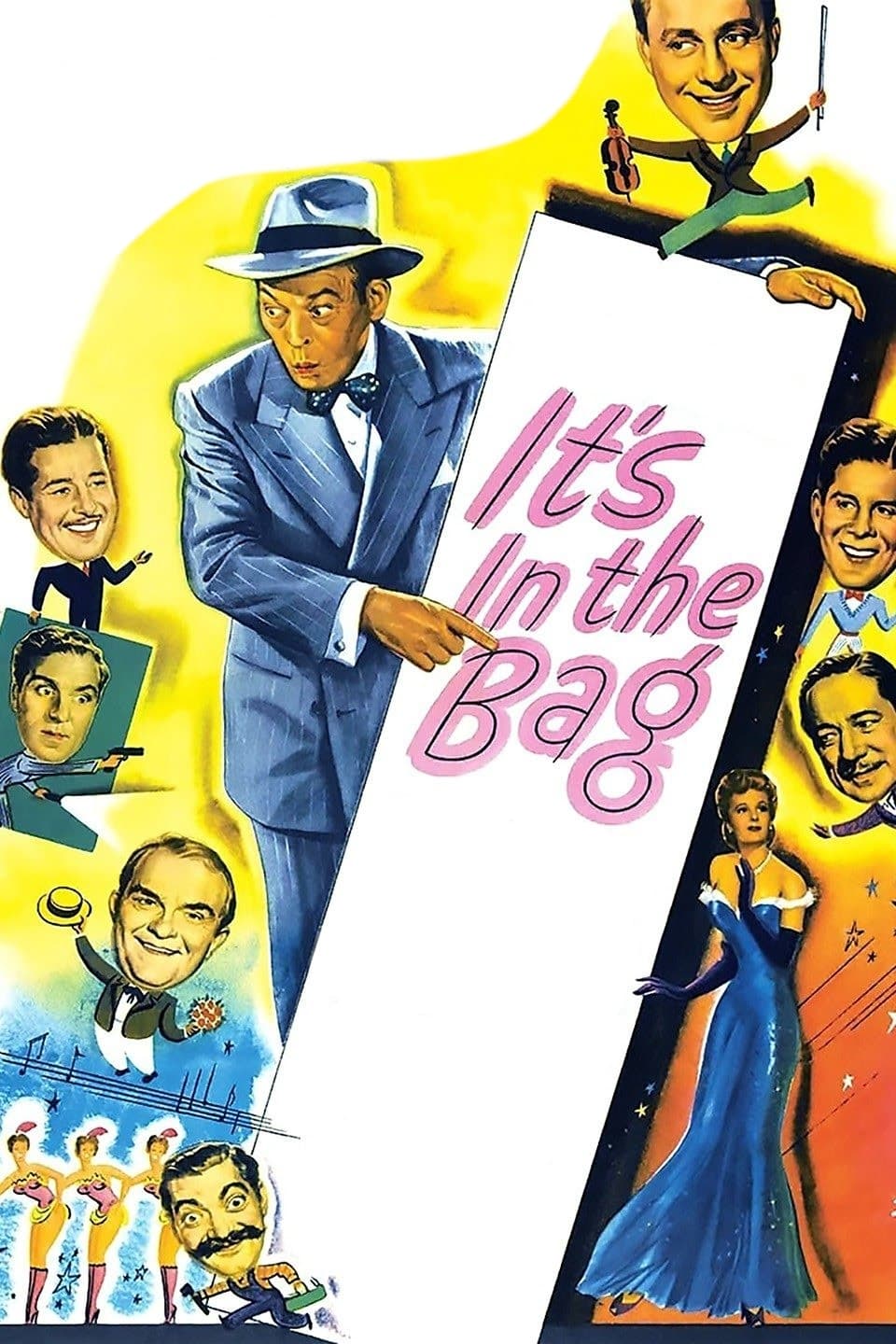
It's in the Bag! (1945)
Movie
Charlie Corker
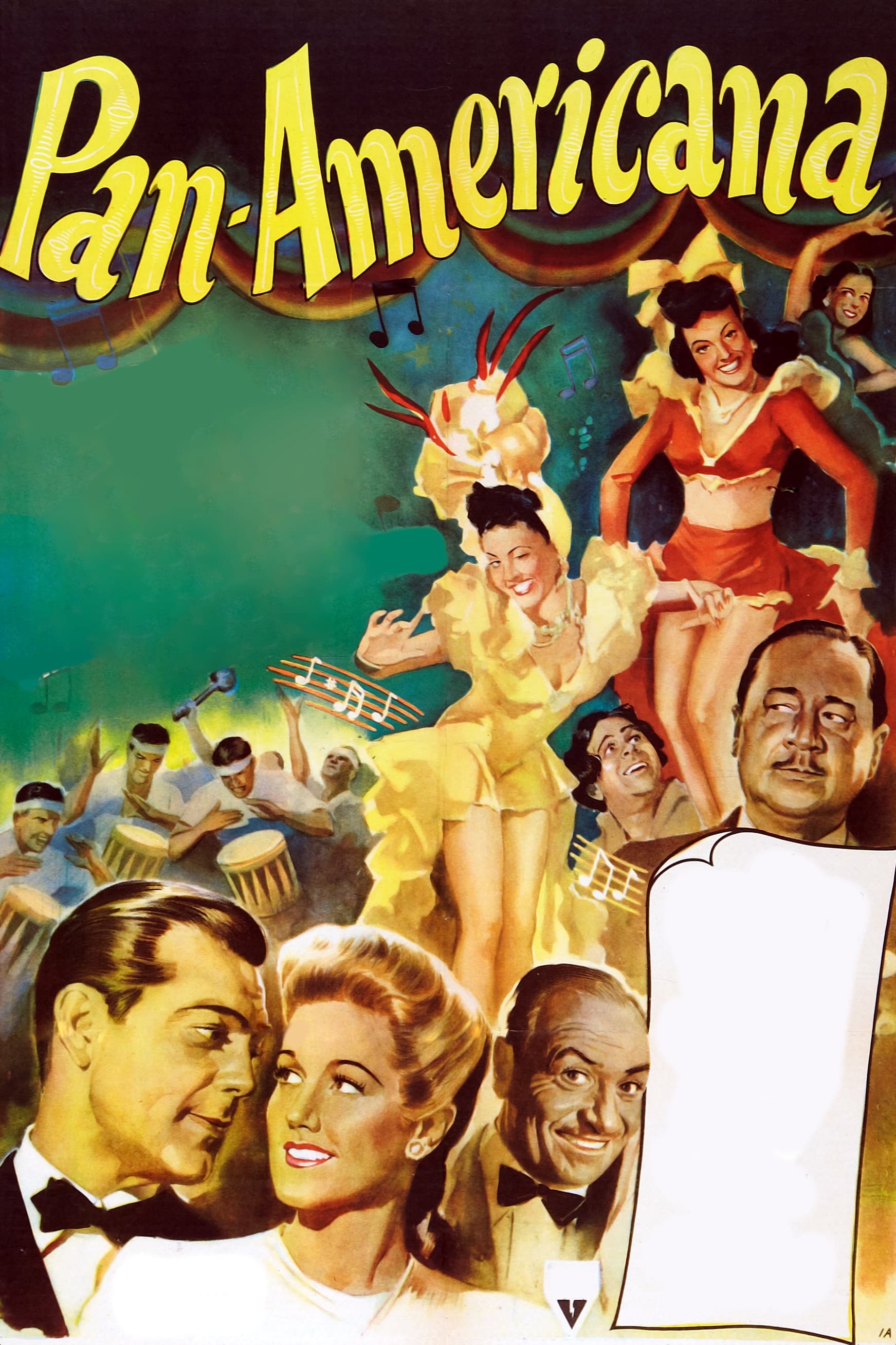
Pan-Americana (1945)
Movie
Joe Doakes

I'm a Civilian Here Myself (1945)
Movie
Judge Robert Simpson

Practically Yours (1944)
Movie
J.B. Mitcham

The National Barn Dance (1944)
Movie
John Van Brunt
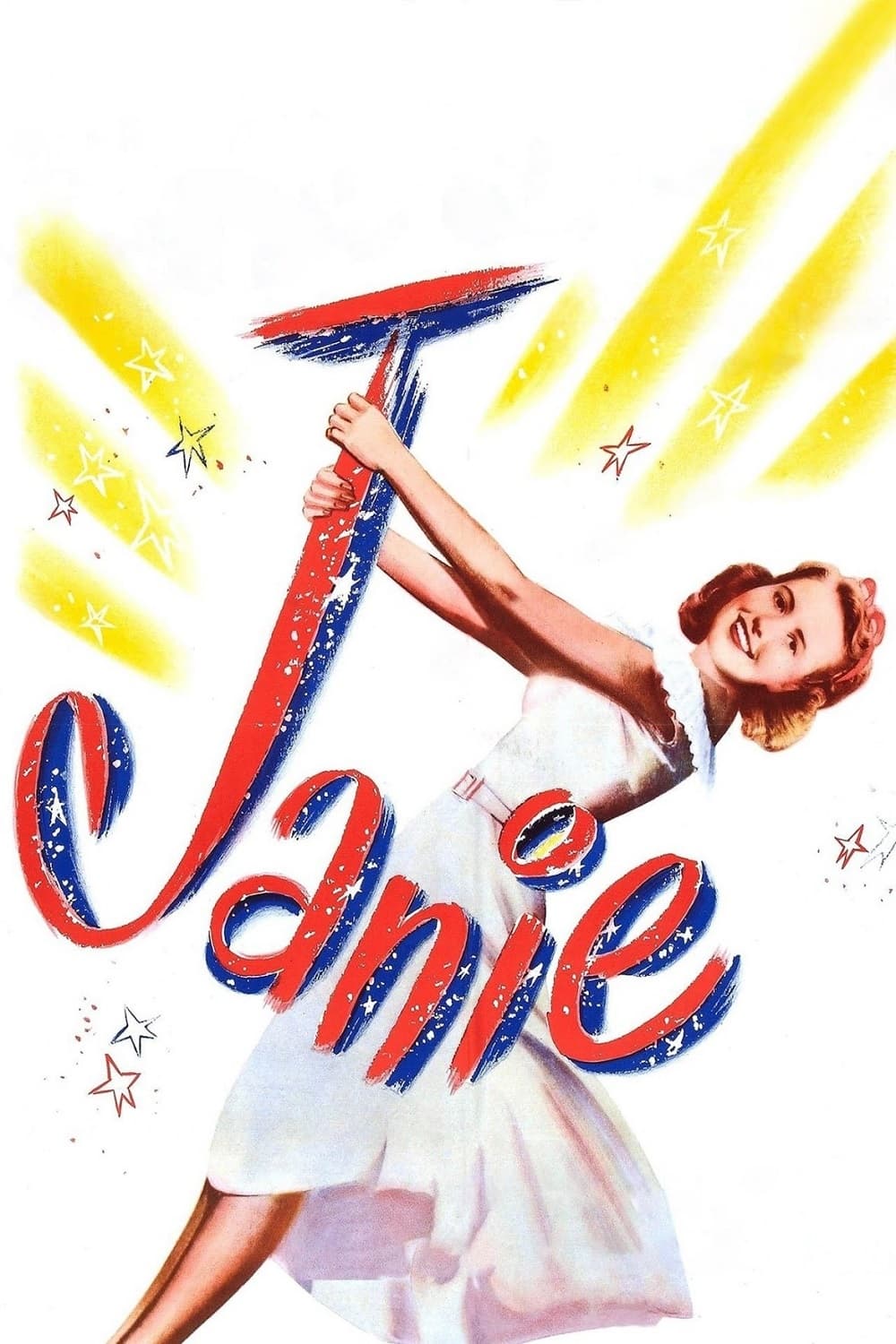
Janie (1944)
Movie
Martin Osborne
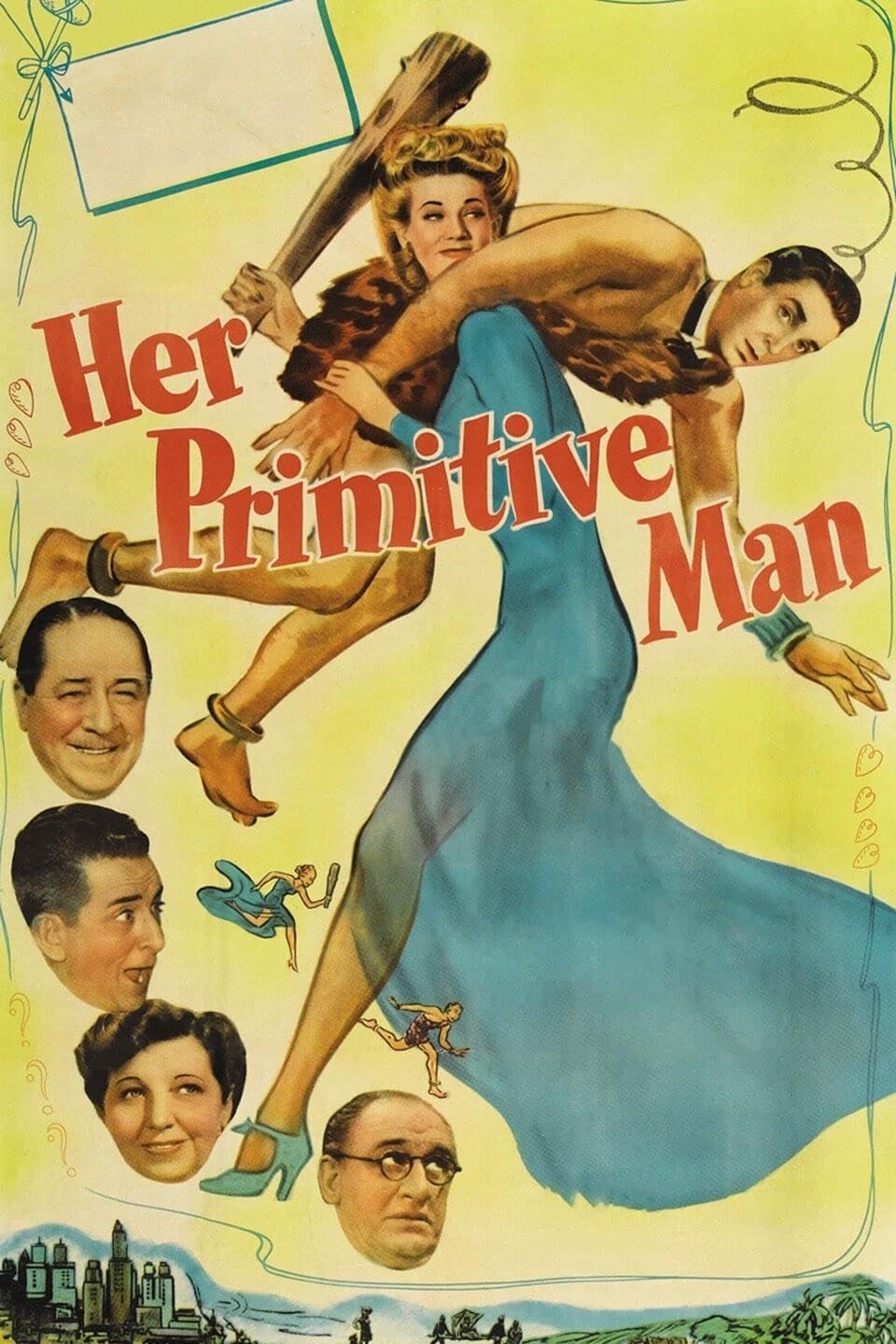
Her Primitive Man (1944)
Movie
Joseph A. Doakes
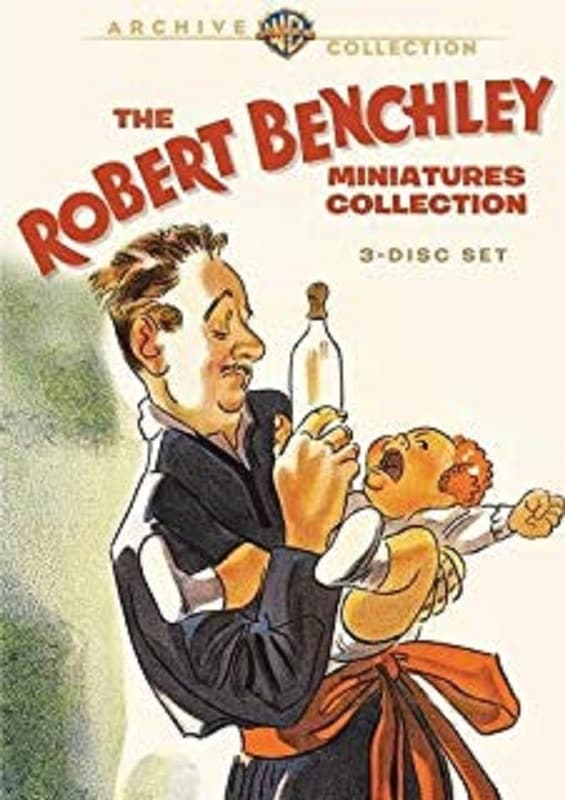
Why Daddy? (1944)
Movie
Joseph A. Doakes
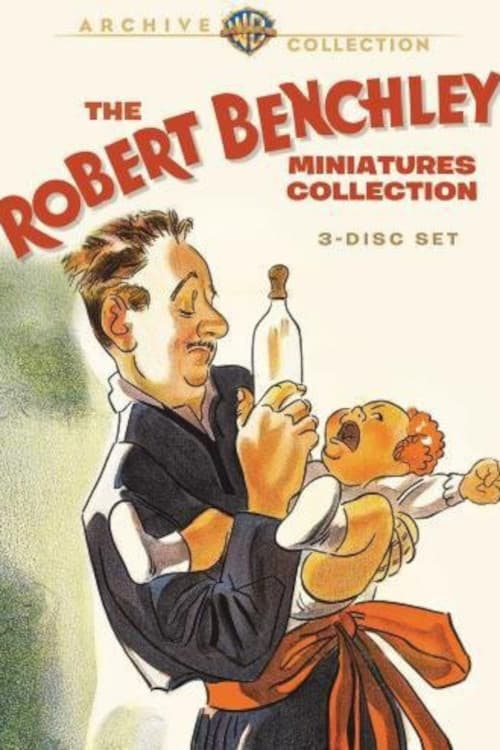
Important Business (1944)
Movie
Mr. Holliday
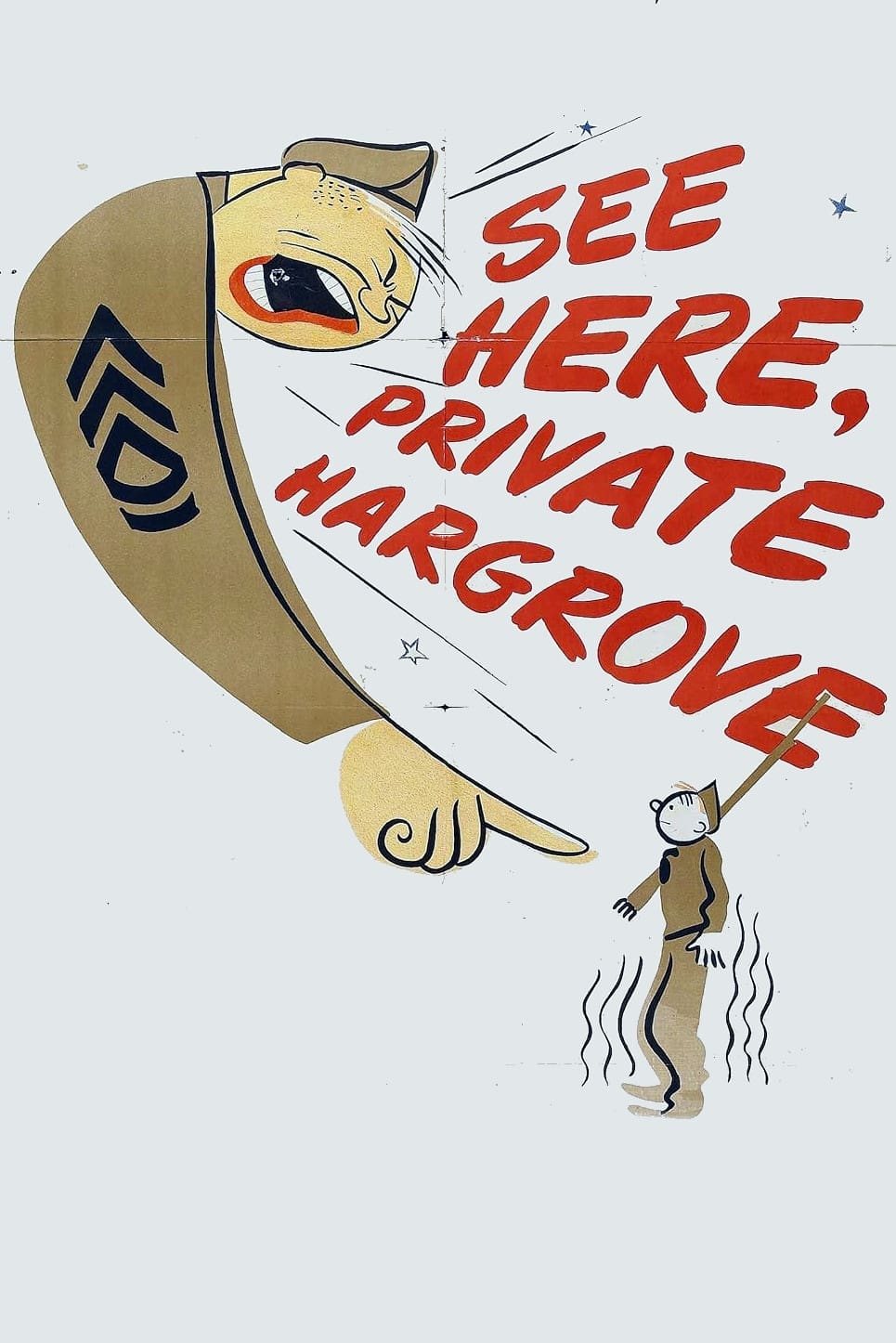
See Here, Private Hargrove (1944)
Movie
Hank Higgins
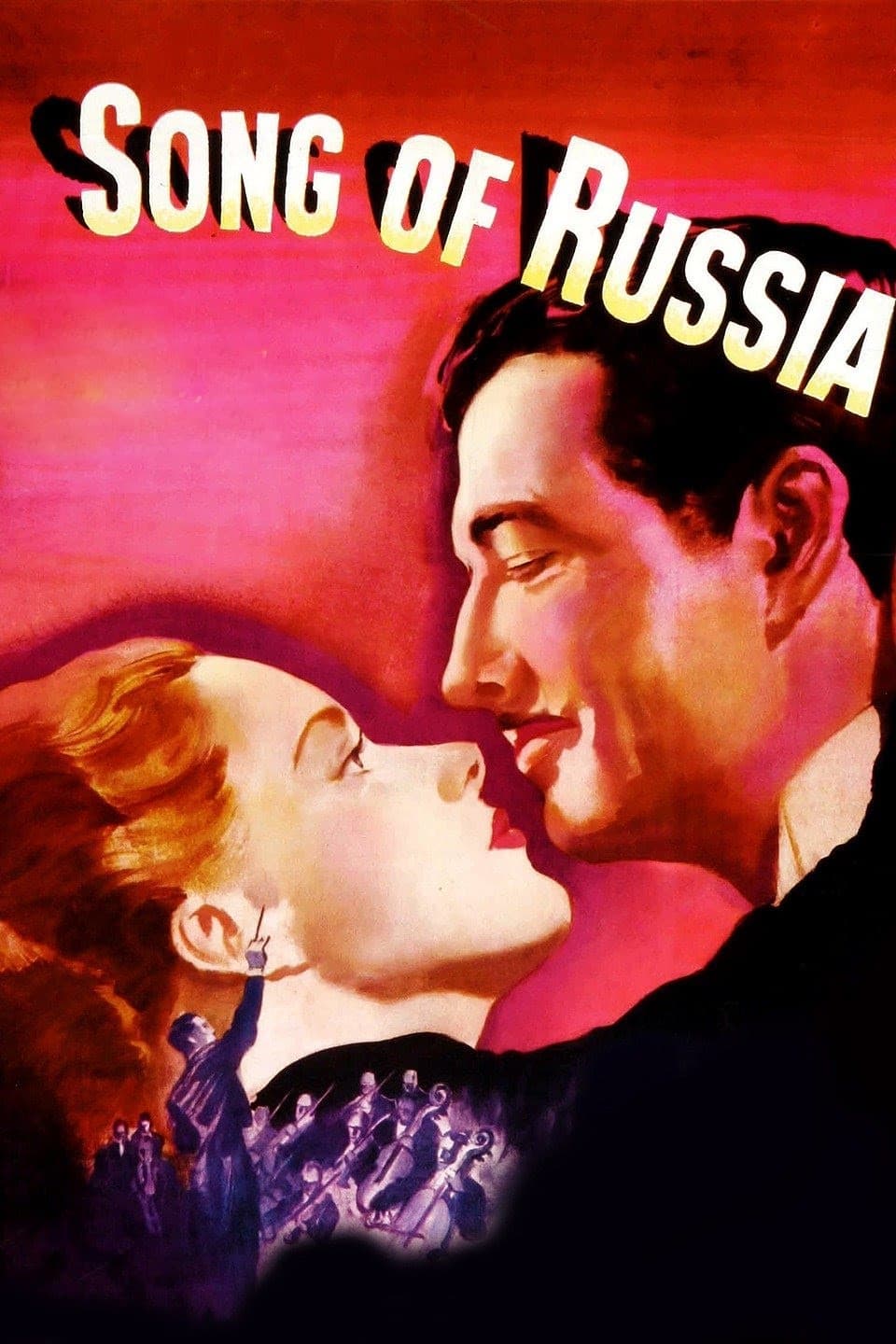
Song of Russia (1944)
Movie
Answer Man / Newscaster

No News Is Good News (1943)
Movie
Joseph A. Doakes
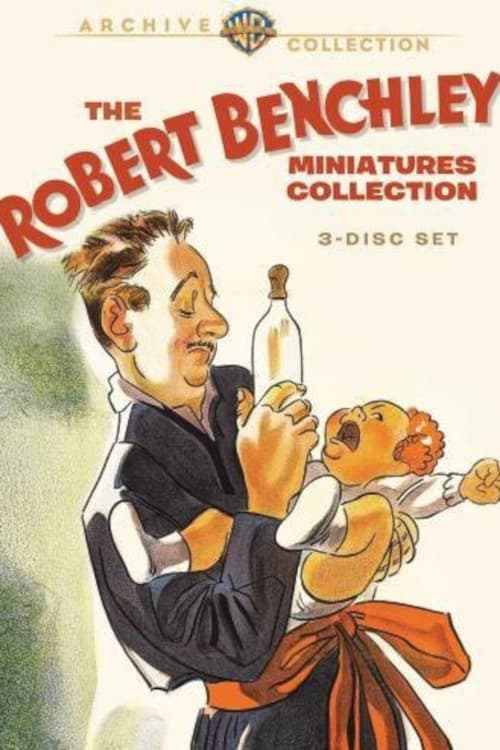
My Tomato (1943)
Movie
Doakes
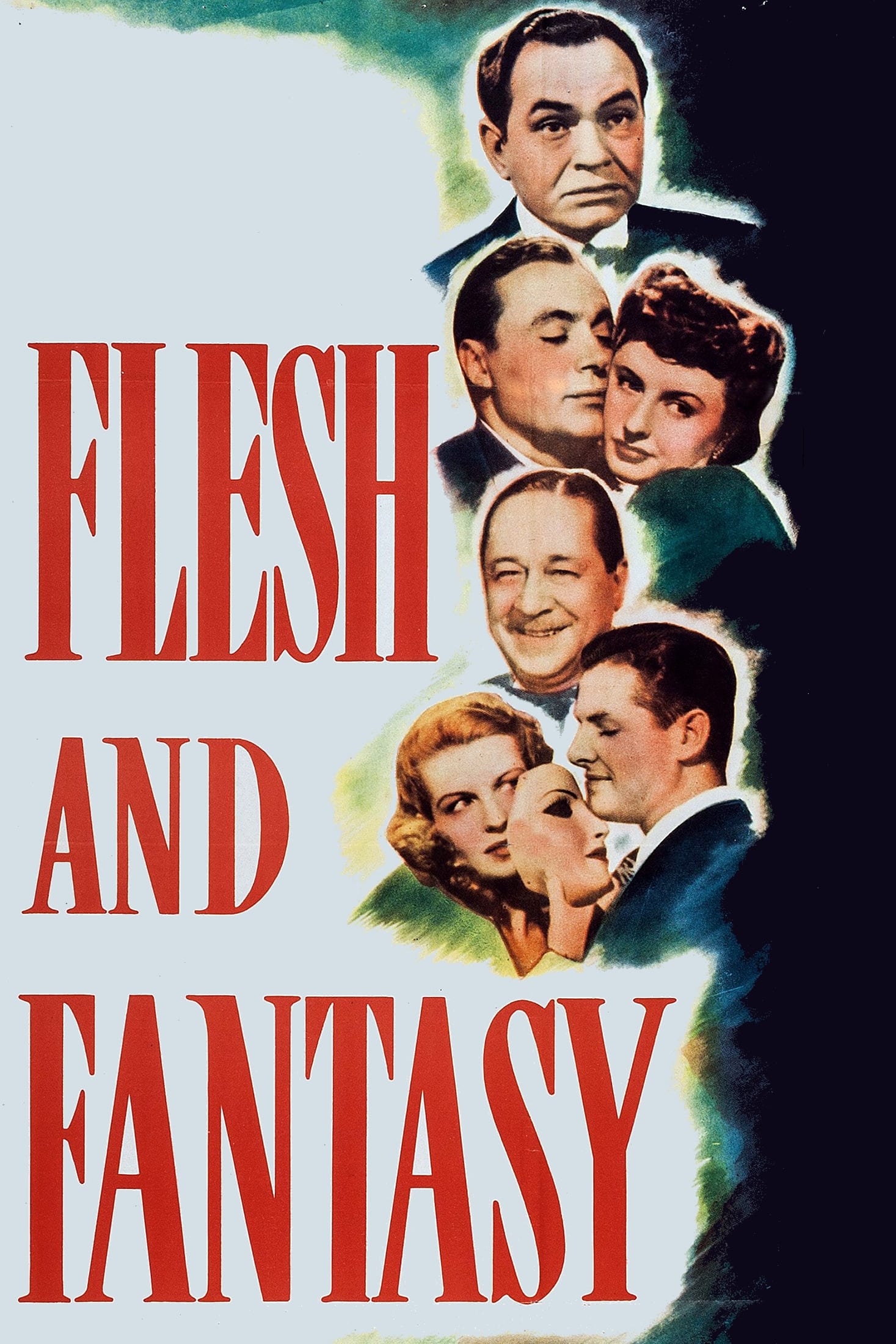
Flesh and Fantasy (1943)
Movie
Phil Harriman
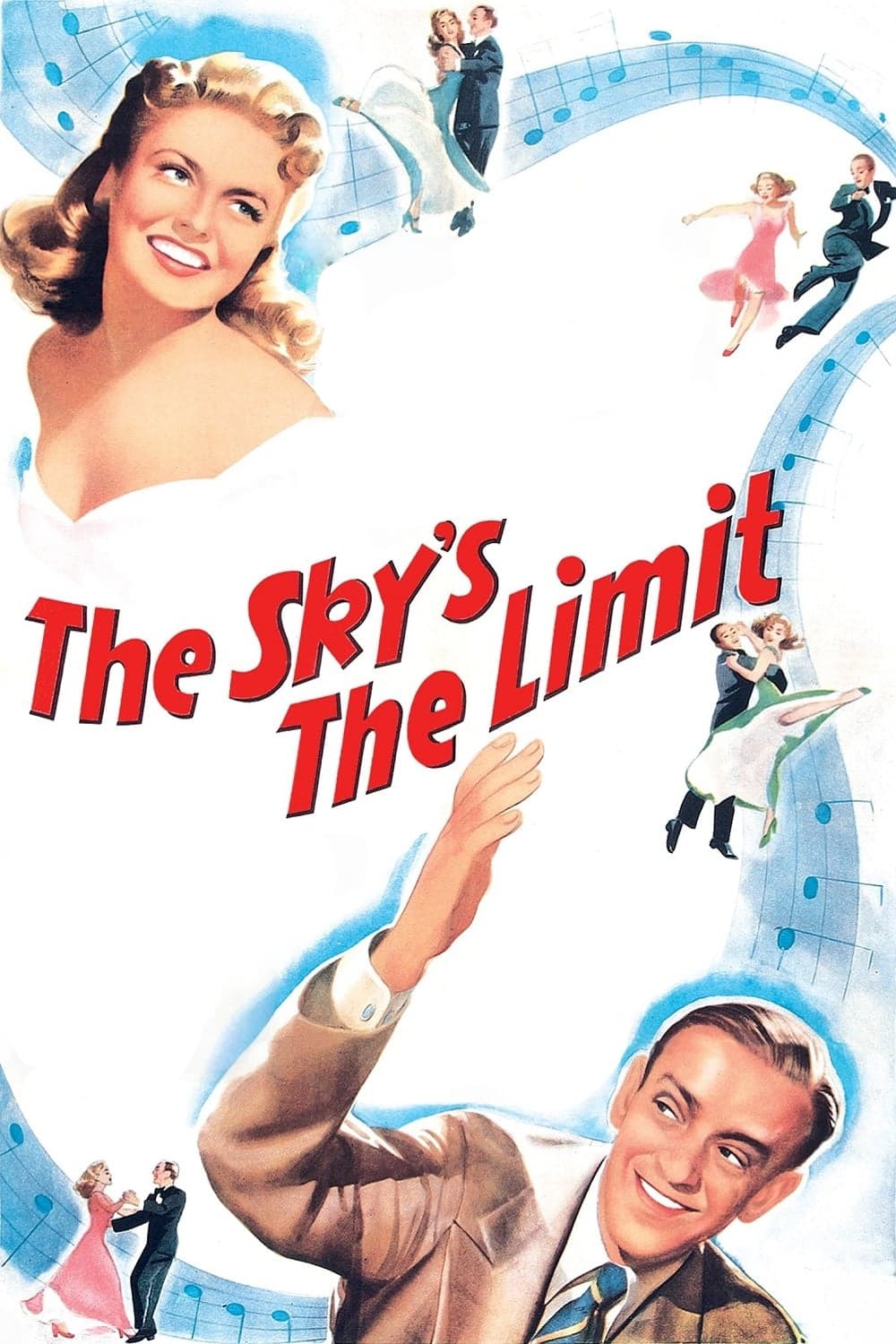
The Sky's the Limit (1943)
Movie
Self
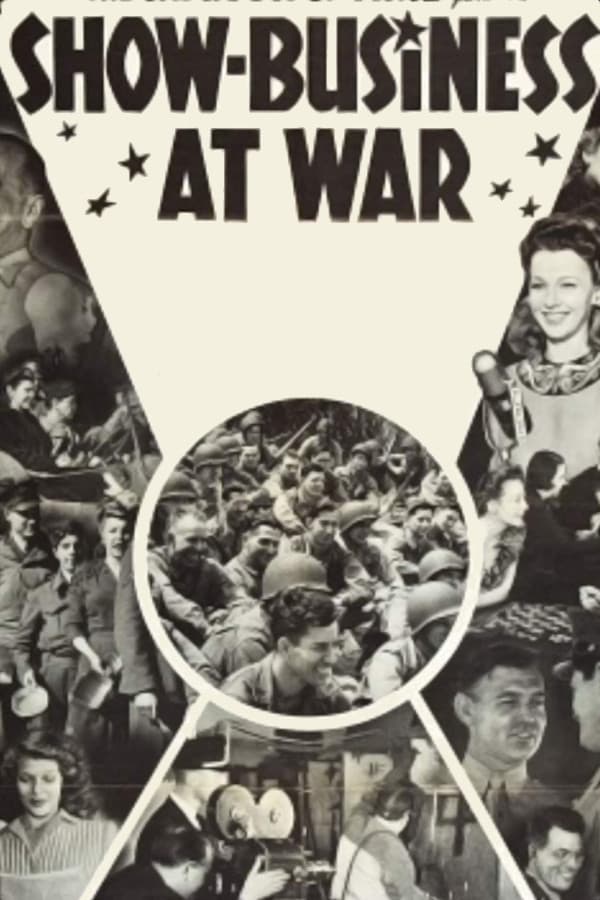
Show-Business at War (1943)
Movie
Arthur Kenny
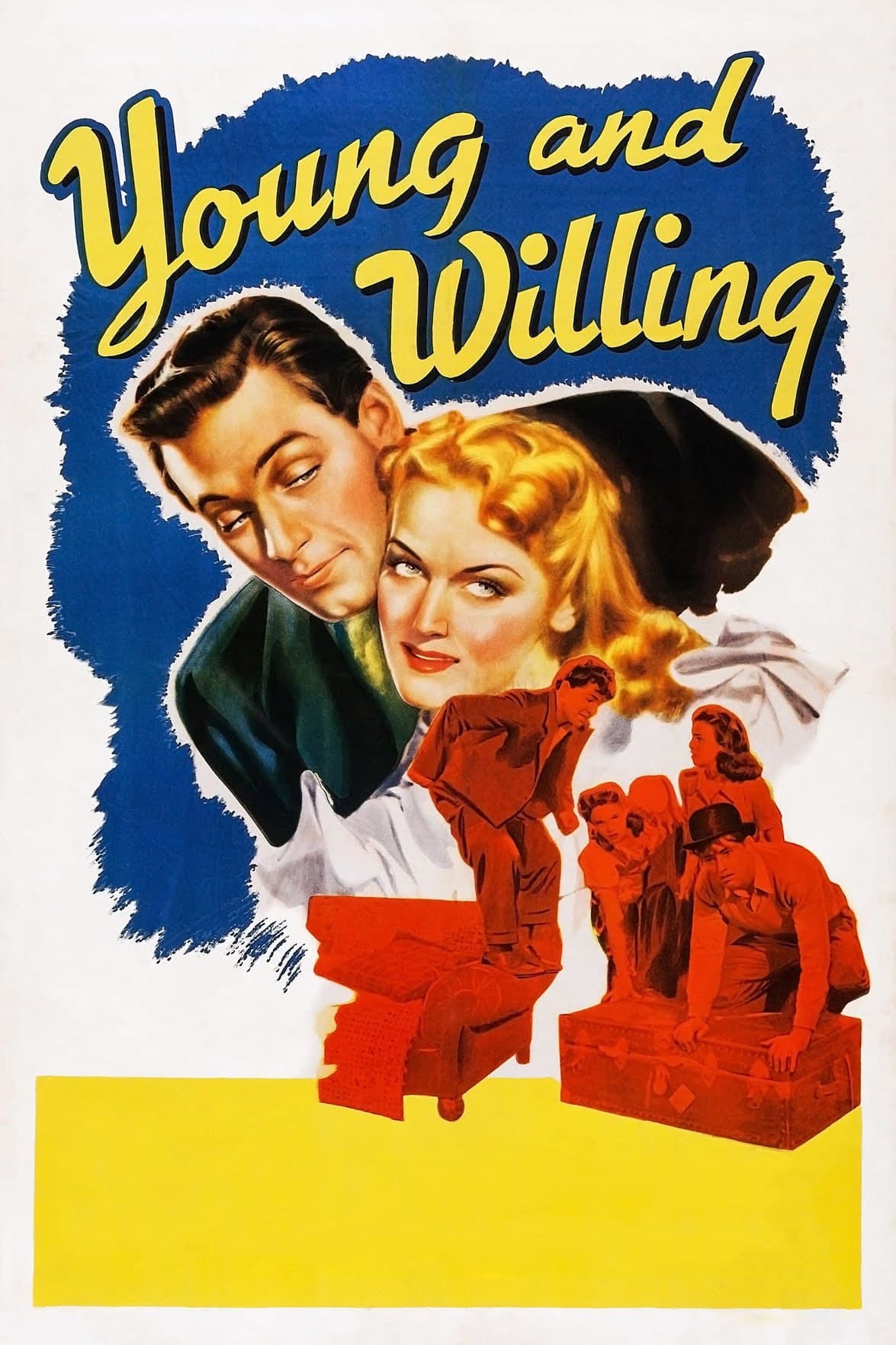
Young and Willing (1943)
Movie
Dr. Dudley White
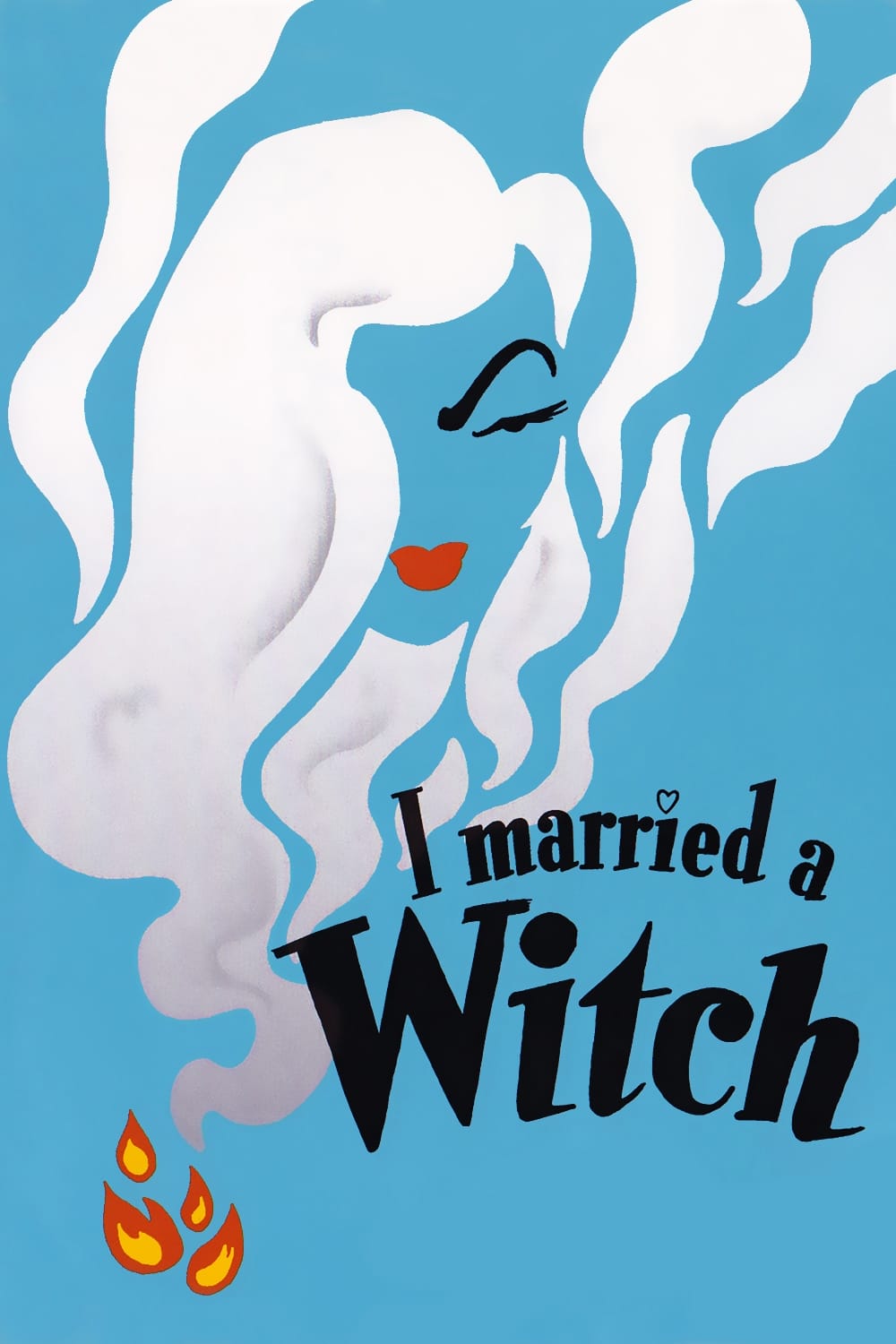
I Married a Witch (1942)
Movie
Albert Osborne
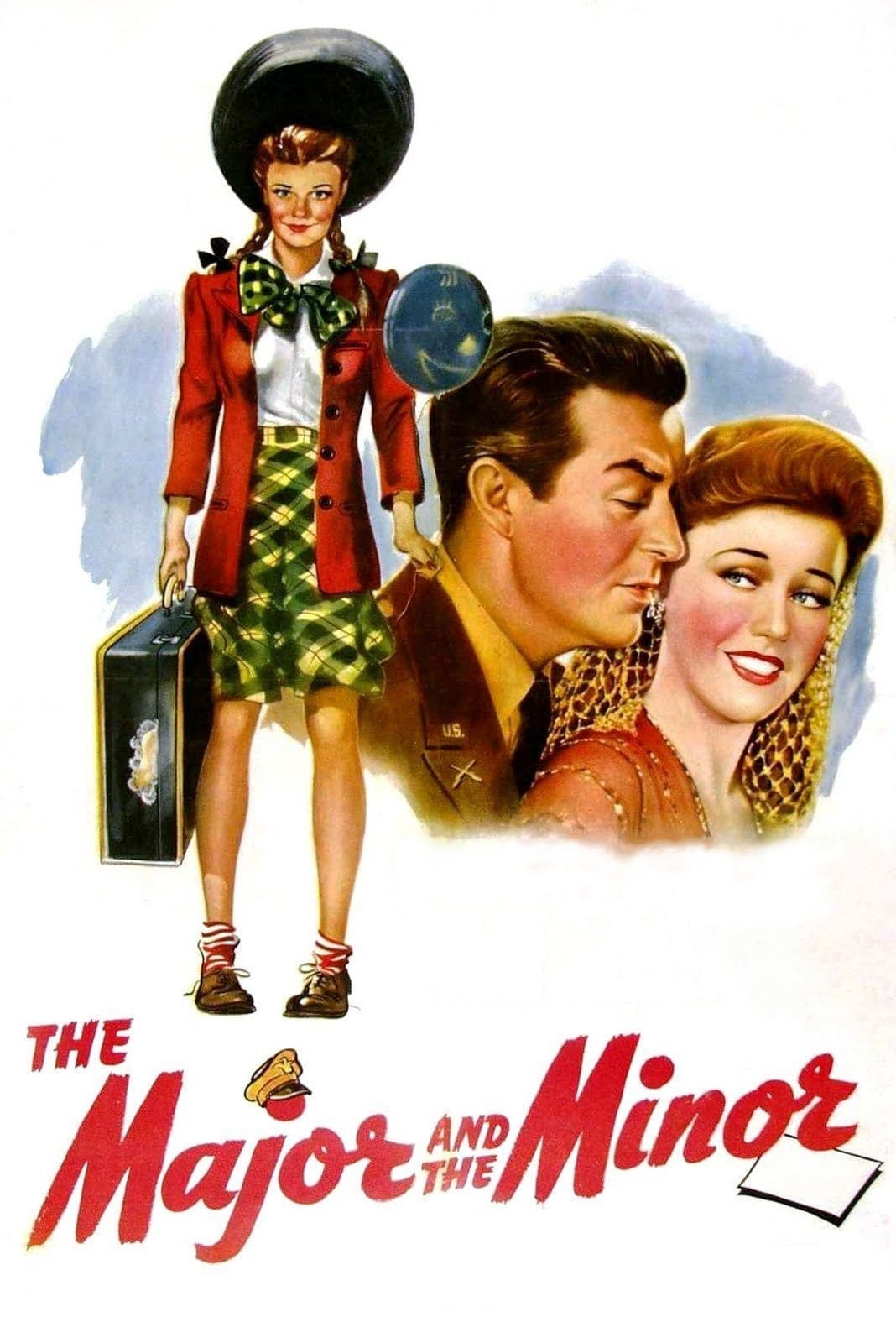
The Major and the Minor (1942)
Movie
6
Joe Doakes

The Man's Angle (1942)
Movie
Lecturer / Joe Doakes

Keeping in Shape (1942)
Movie
Doakes (scenes deleted)
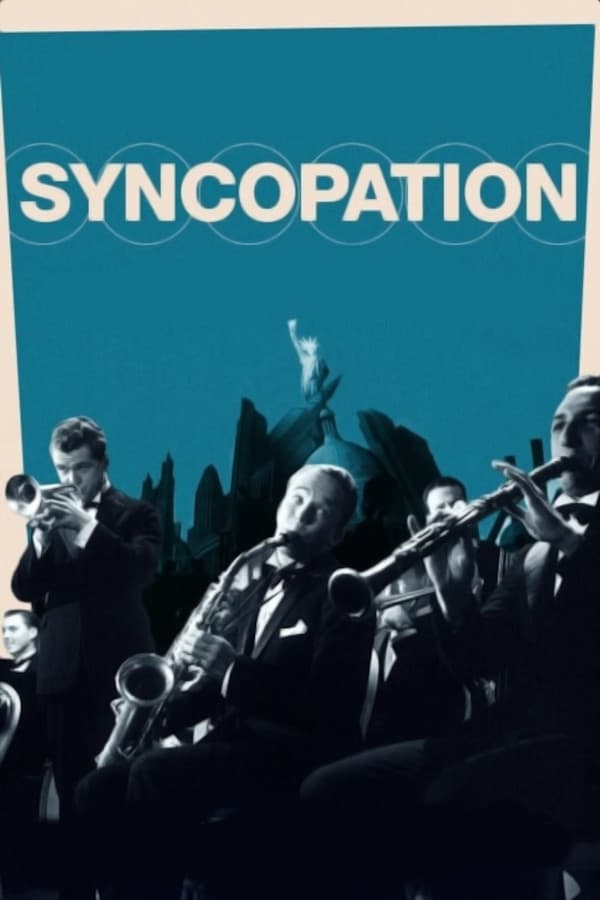
Syncopation (1942)
Movie
G.B. Atwater
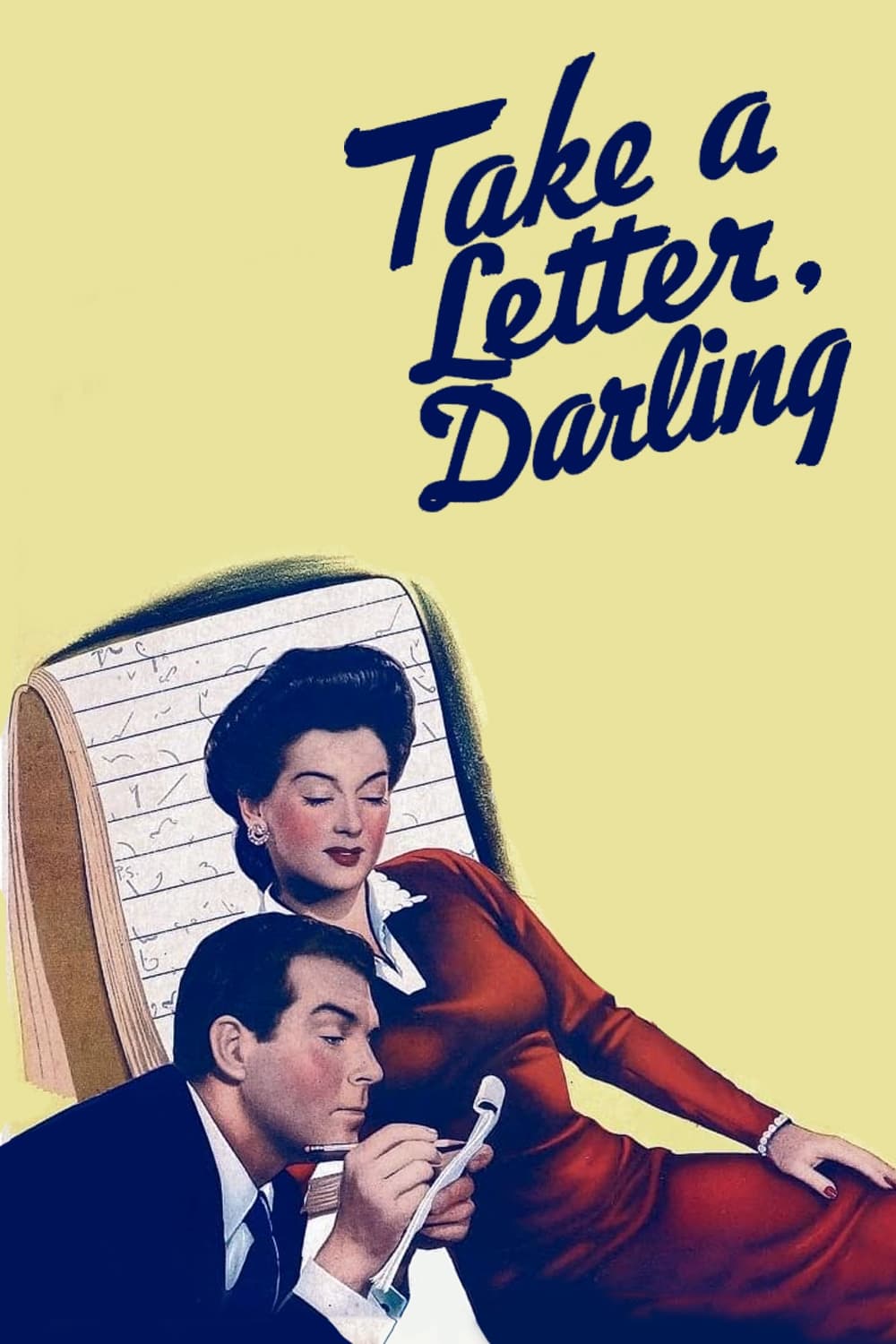
Take a Letter, Darling (1942)
Movie
Mr. Benchley
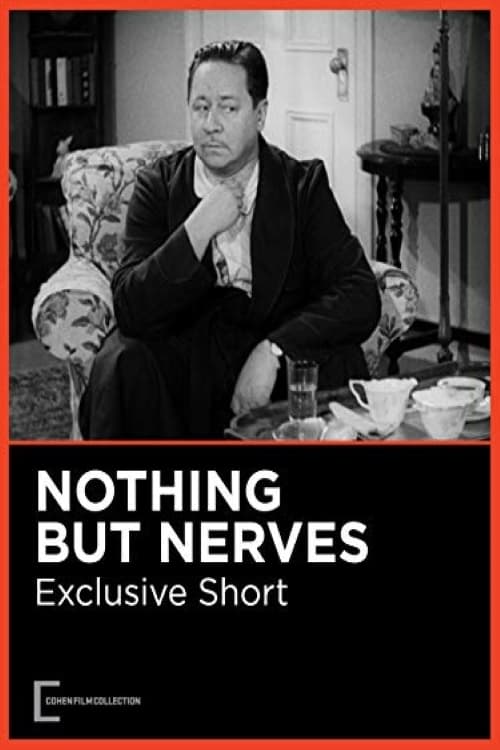
Nothing But Nerves (1942)
Movie
Joe Doakes
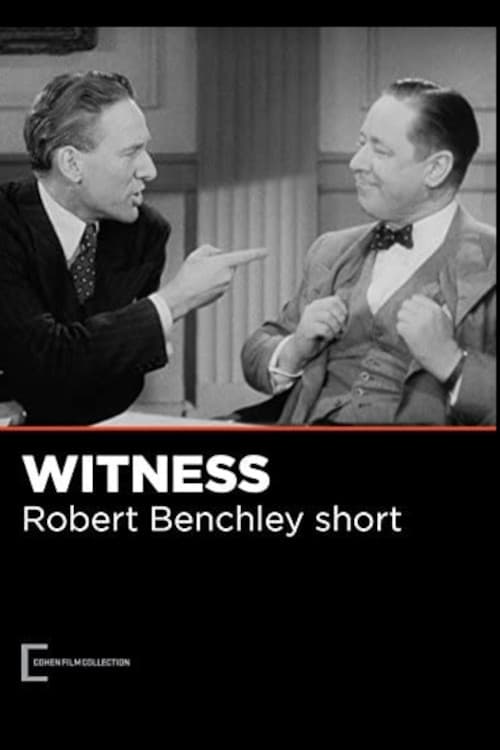
The Witness (1942)
Movie
Eddie Turner
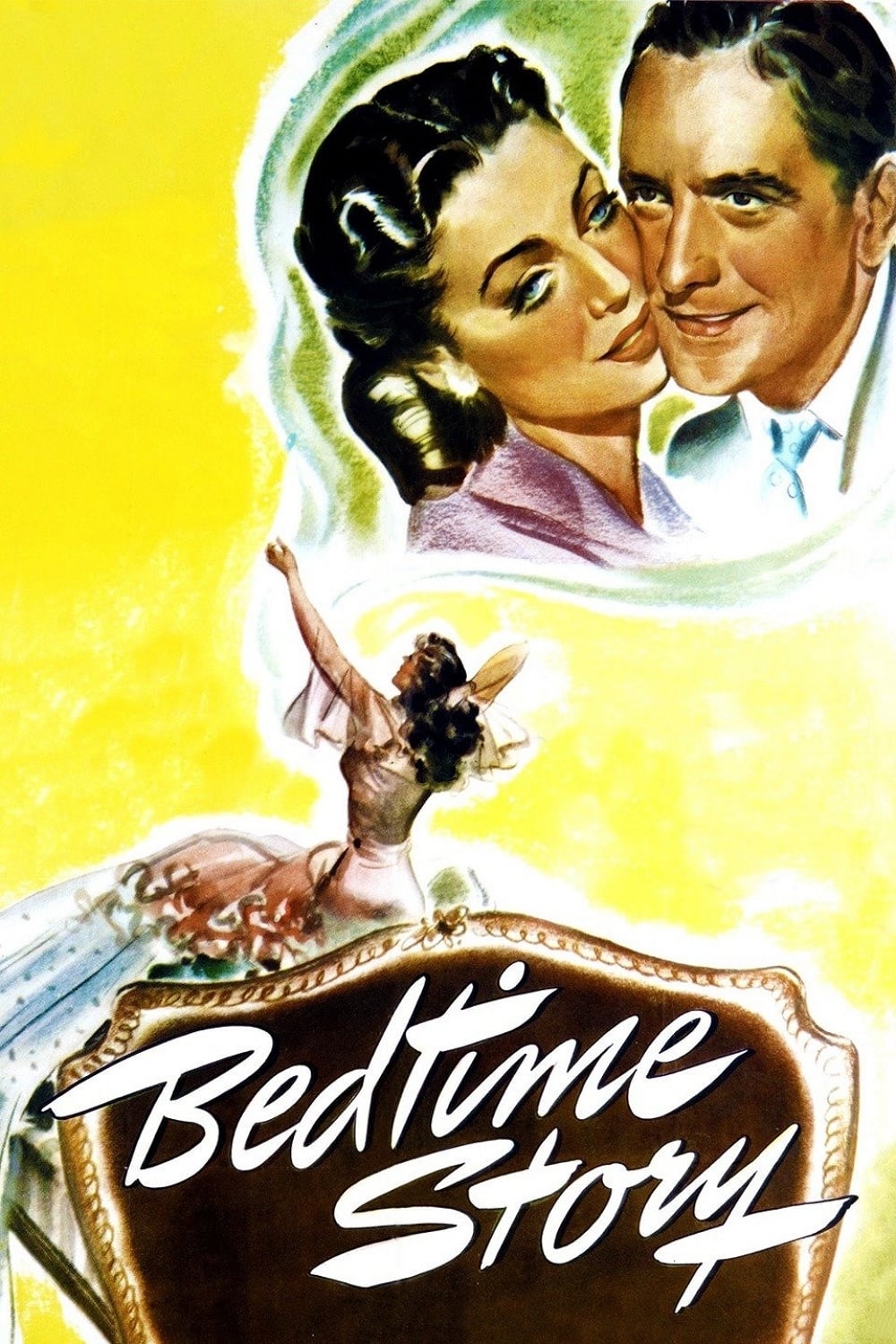
Bedtime Story (1941)
Movie
Wilburforce Puddle
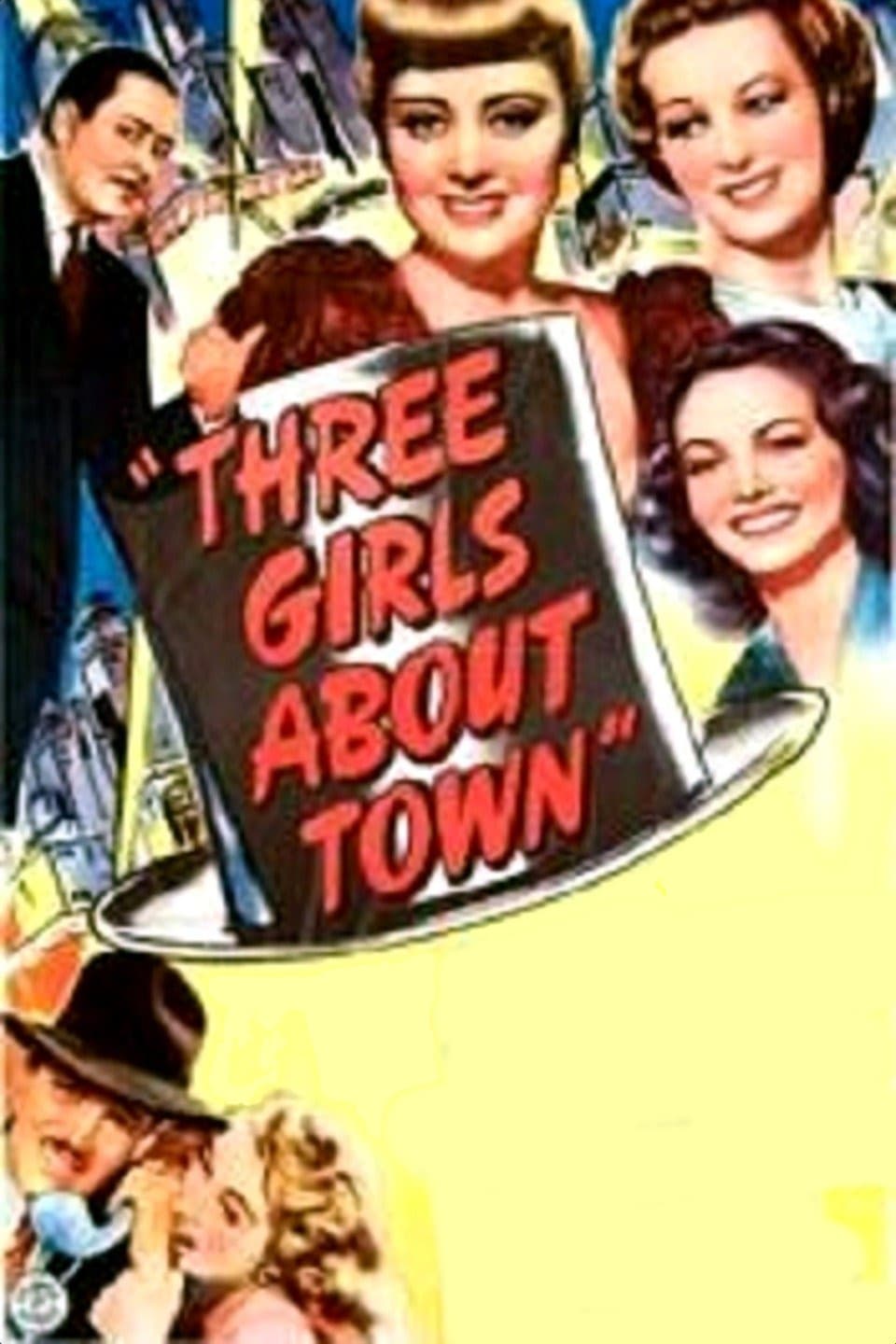
Three Girls About Town (1941)
Movie
The Husband

How to Take a Vacation (1941)
Movie
Martin Cortland
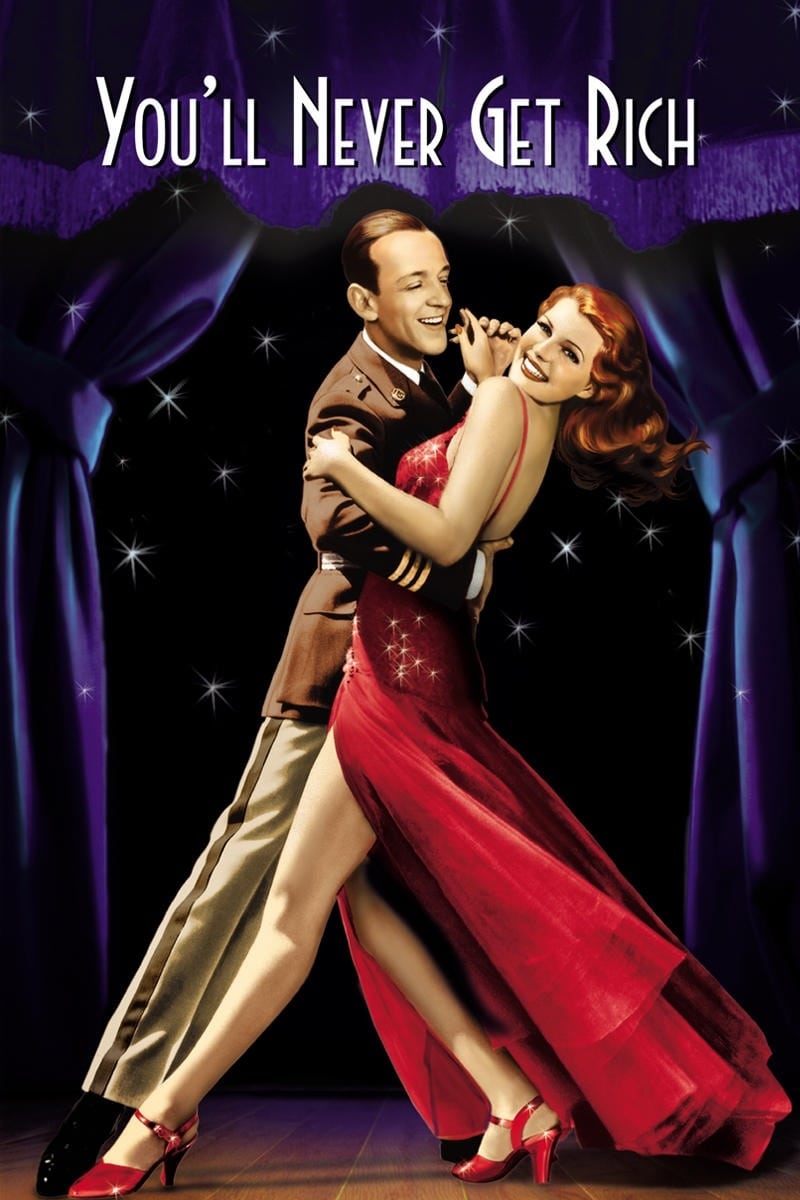
You'll Never Get Rich (1941)
Movie
Robert Benchley
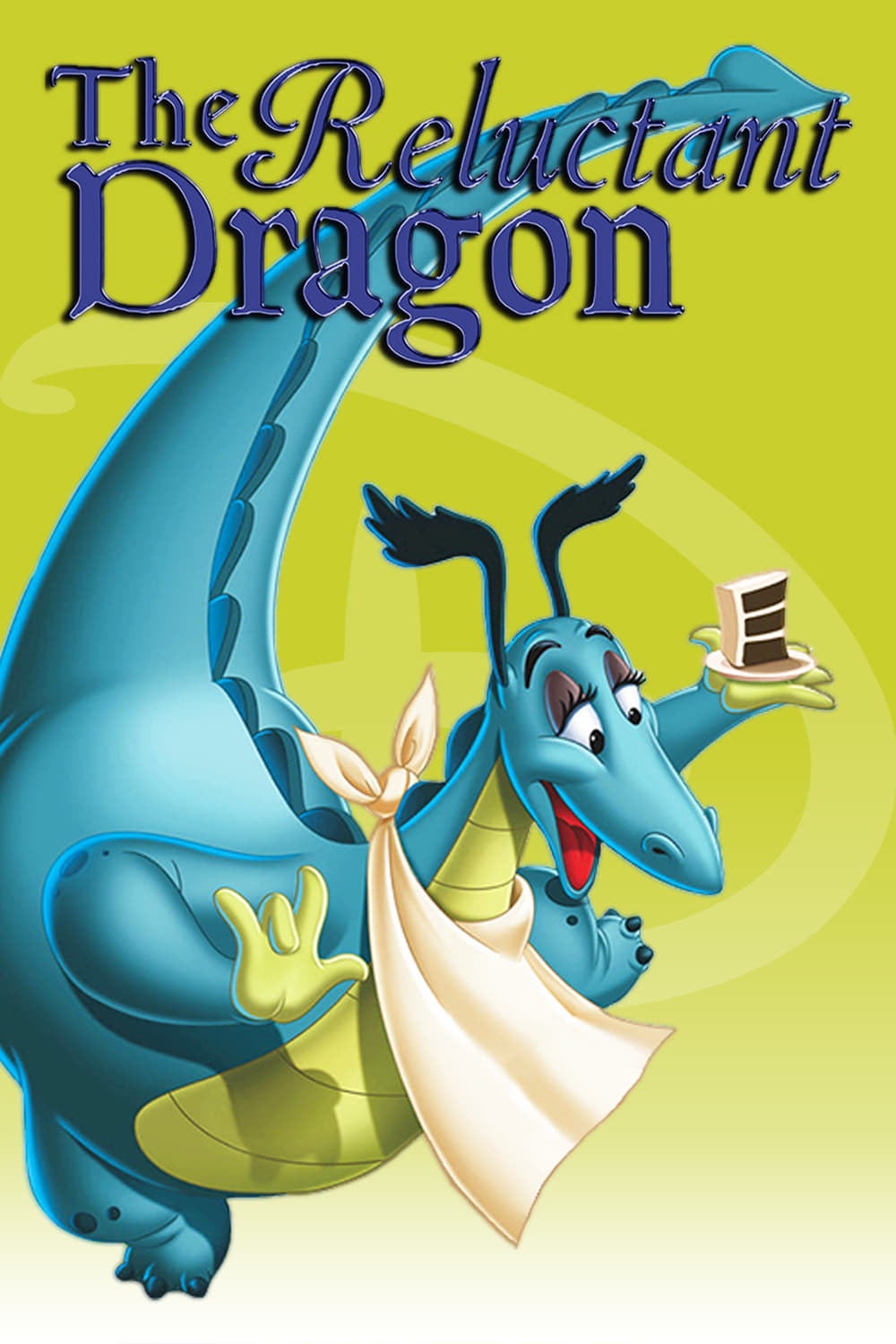
The Reluctant Dragon (1941)
Movie
8
Joe Doakes
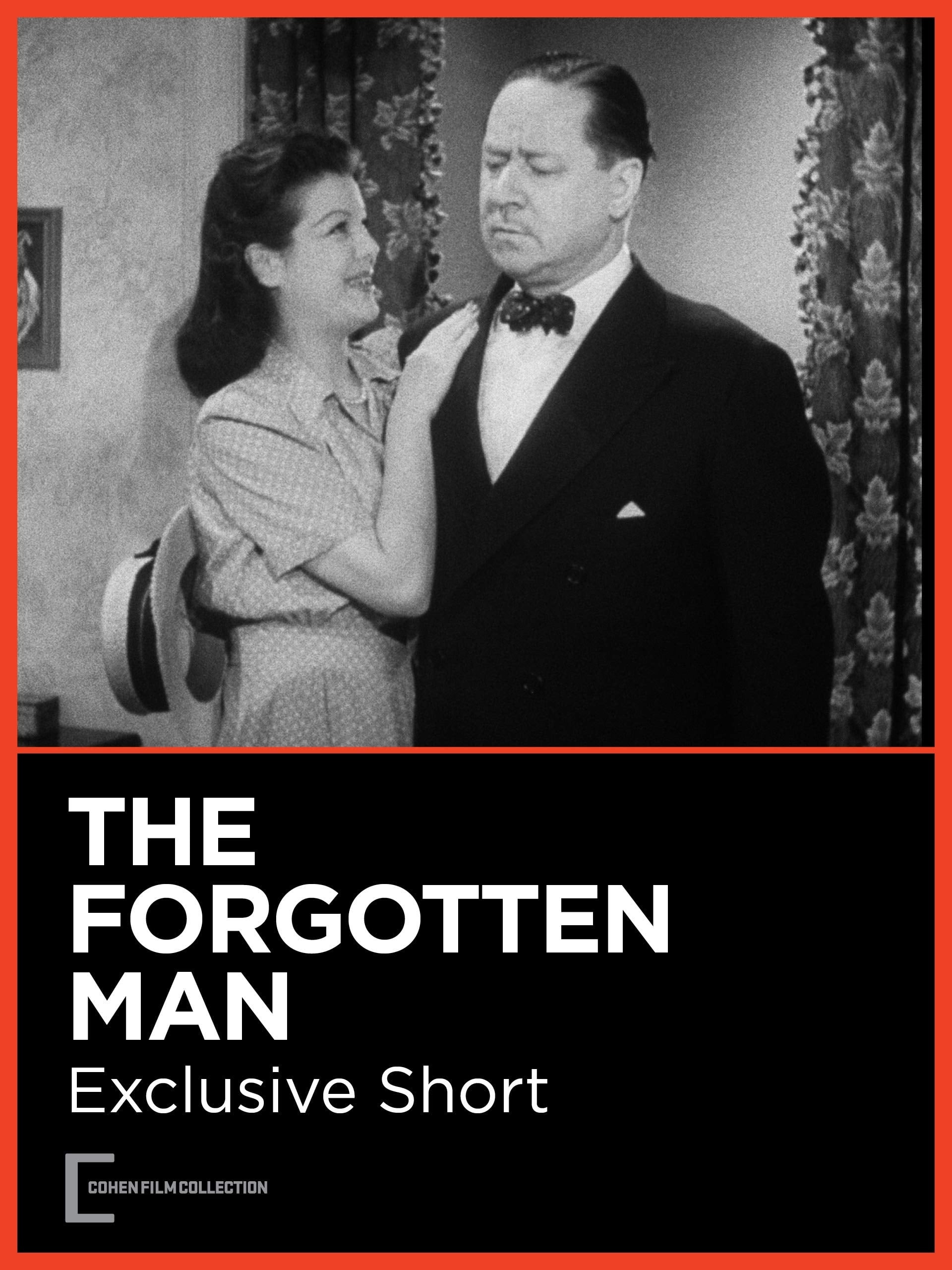
The Forgotten Man (1941)
Movie
Sgt. Benchley / Joe Doakes
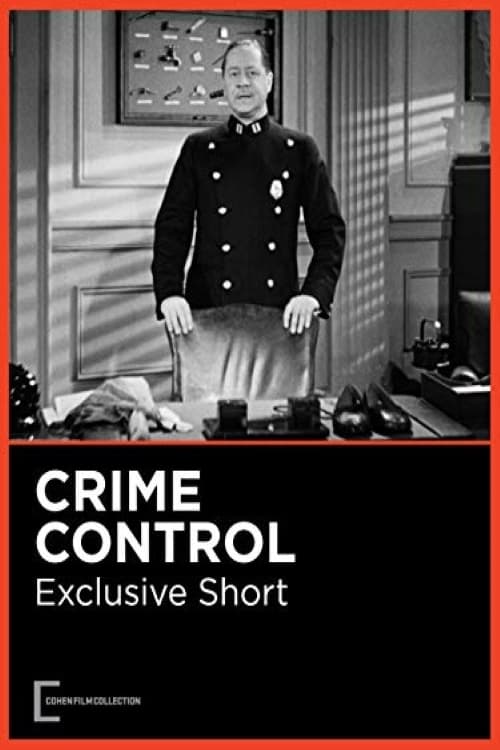
Crime Control (1941)
Movie
Prof. Oliver Wendel Holmes Dana
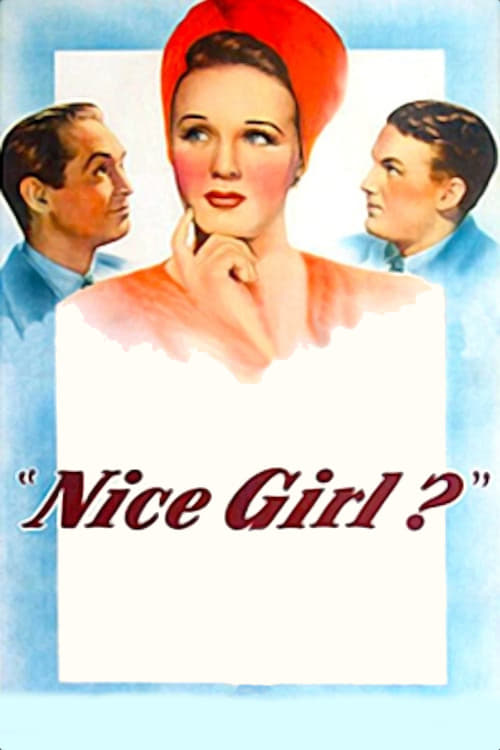
Nice Girl? (1941)
Movie
Joseph Doakes
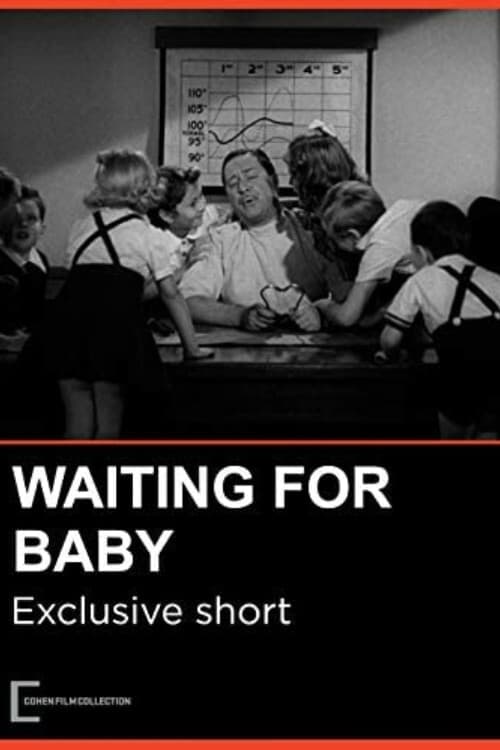
Waiting for Baby (1941)
Movie
Joe Doakes
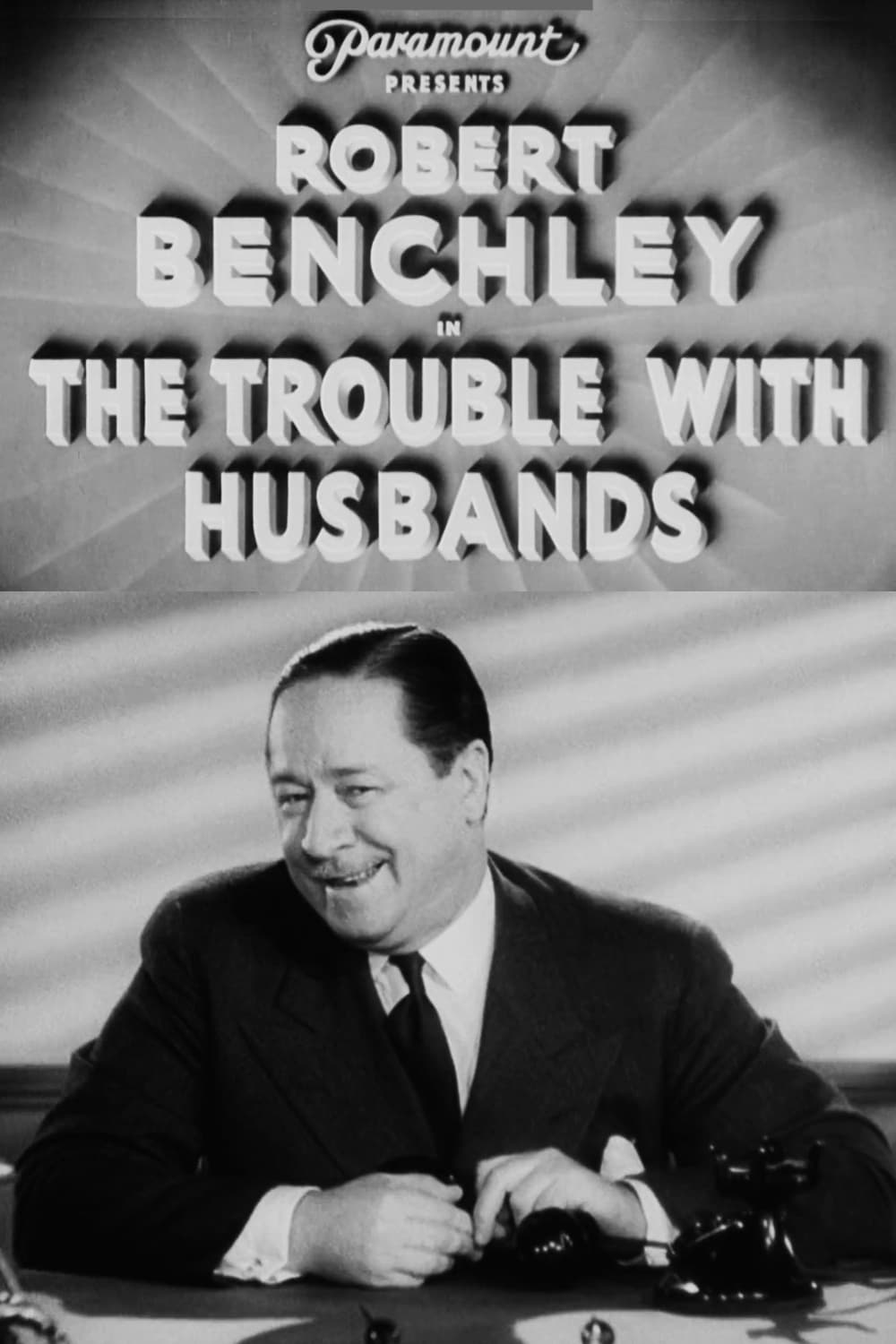
The Trouble with Husbands (1940)
Movie
Roger Van Horn
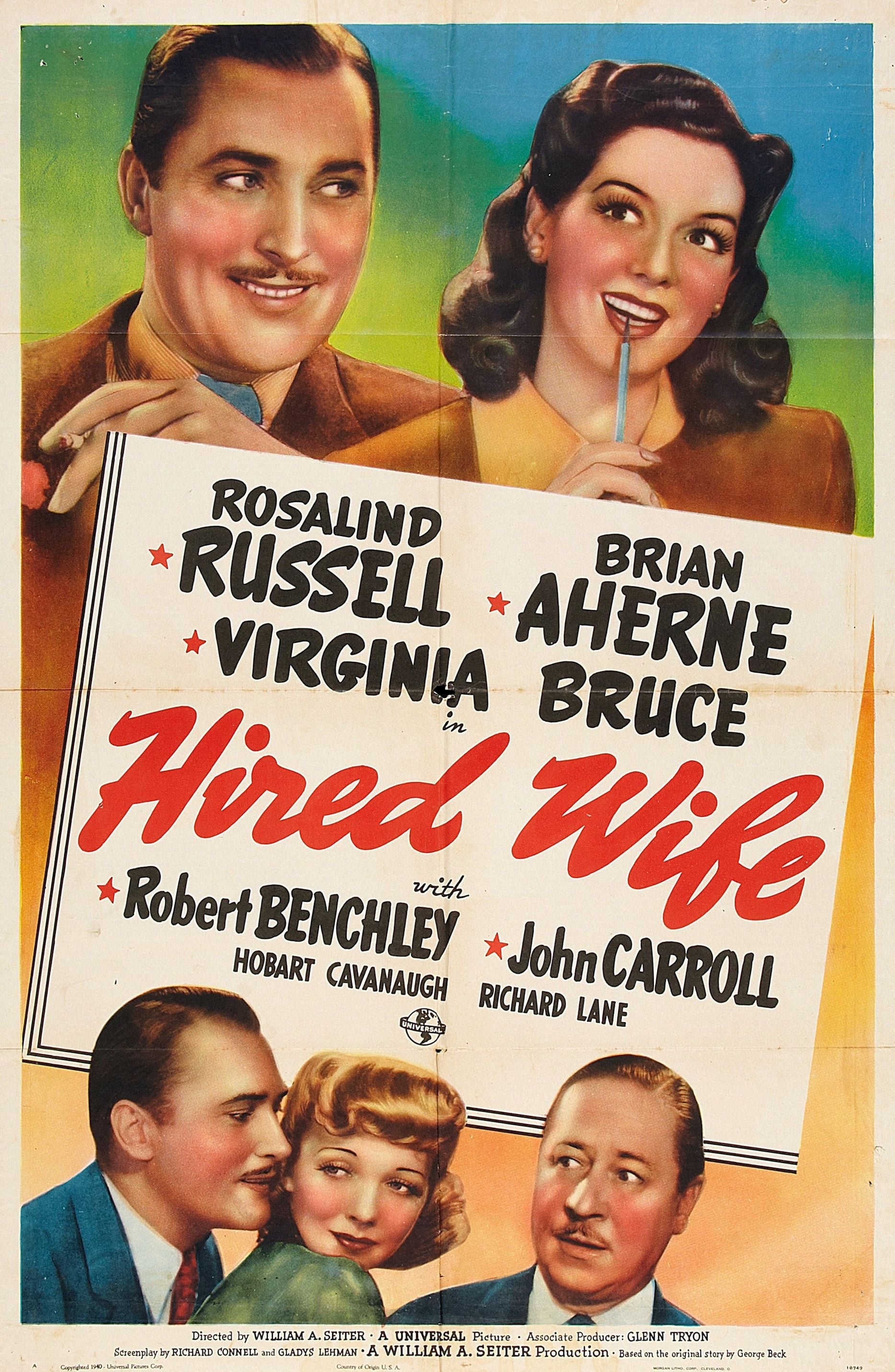
Hired Wife (1940)
Movie
Writer
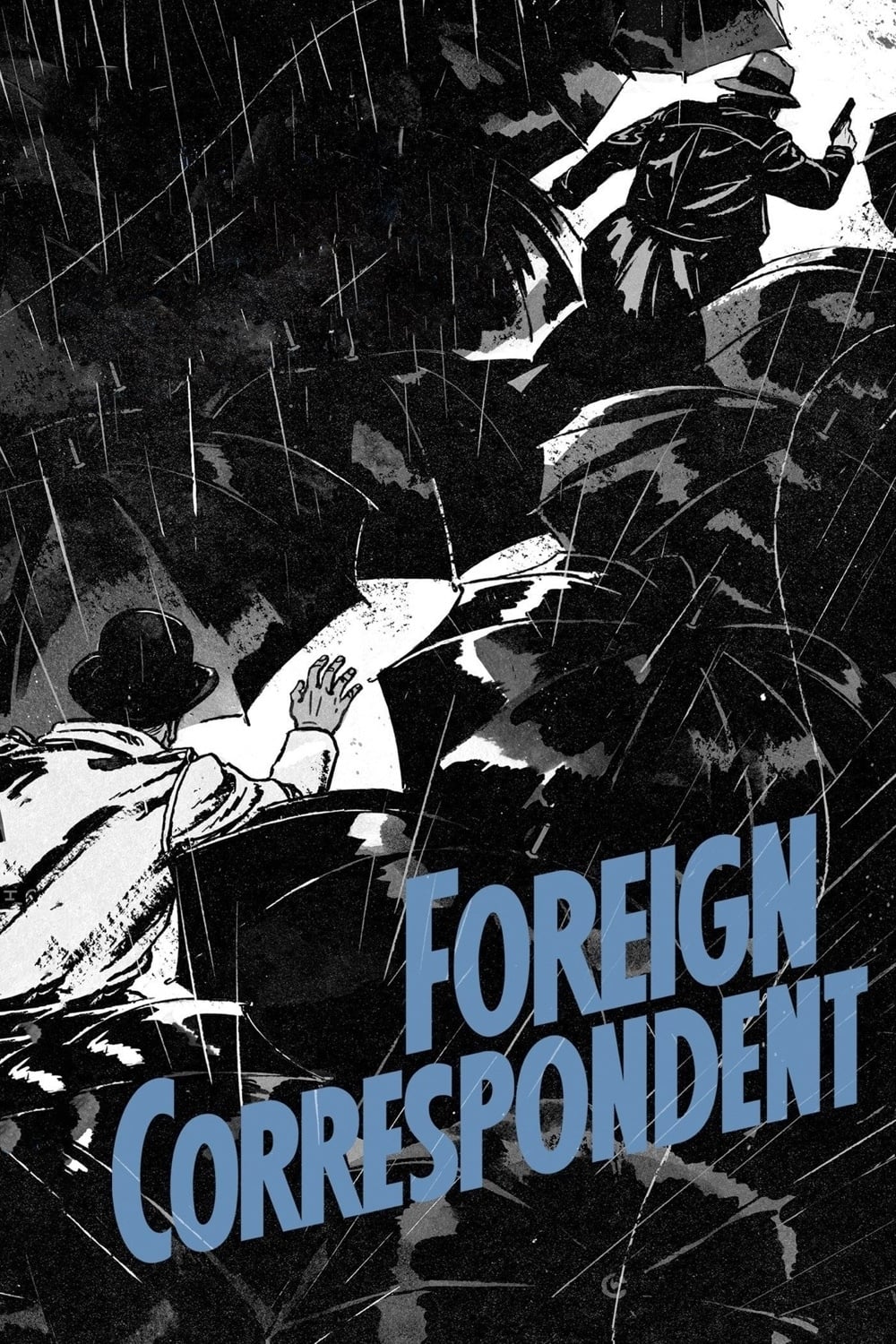
Foreign Correspondent (1940)
Movie
4
Joe Doakes
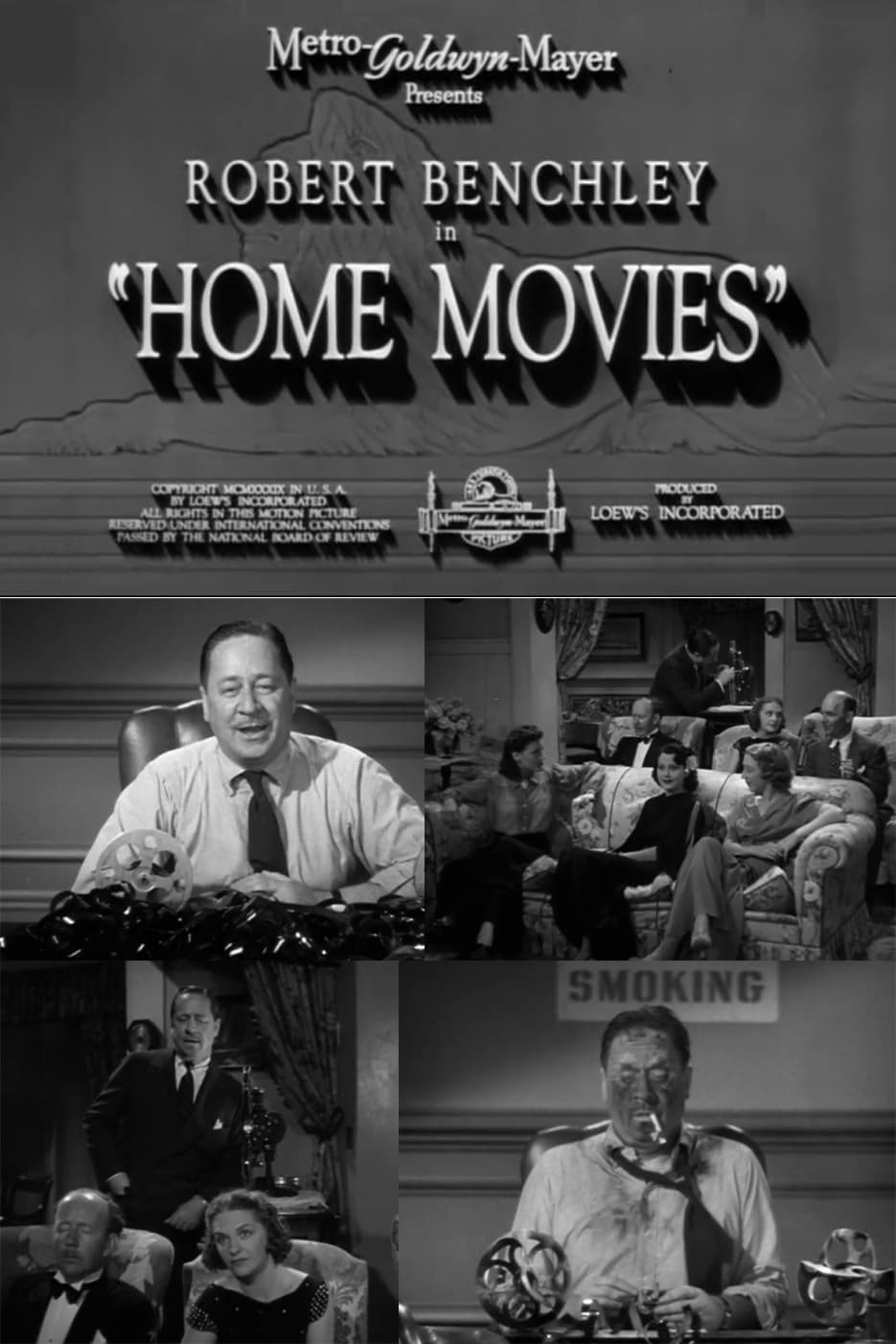
Home Movies (1940)
Movie
Joseph H. 'Joe' Doakes
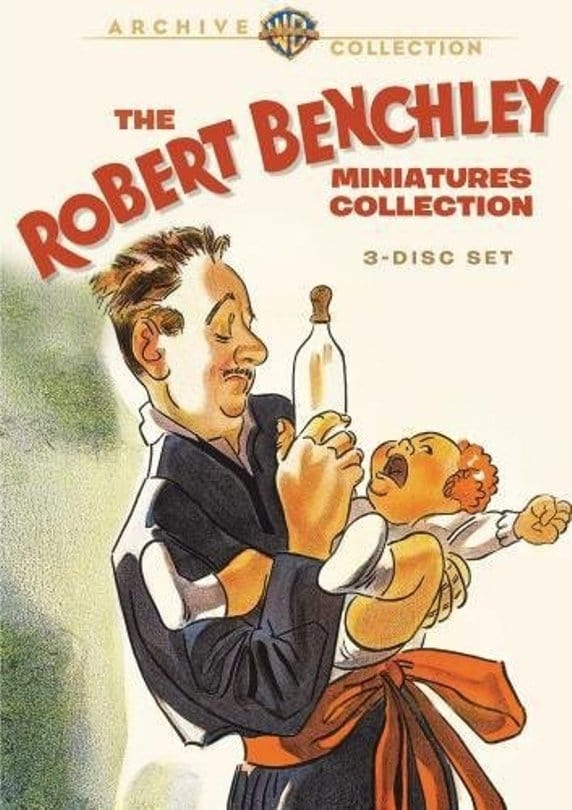
That Inferior Feeling (1940)
Movie
Lecturer / Joseph H. Doakes
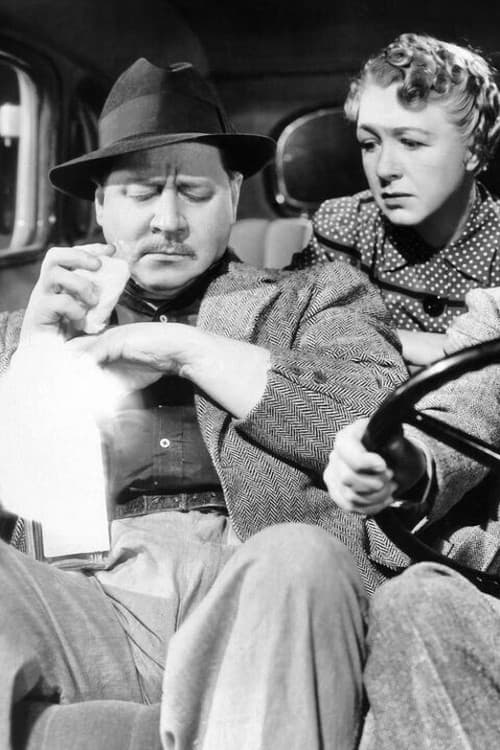
See Your Doctor (1939)
Movie
Joe Doakes
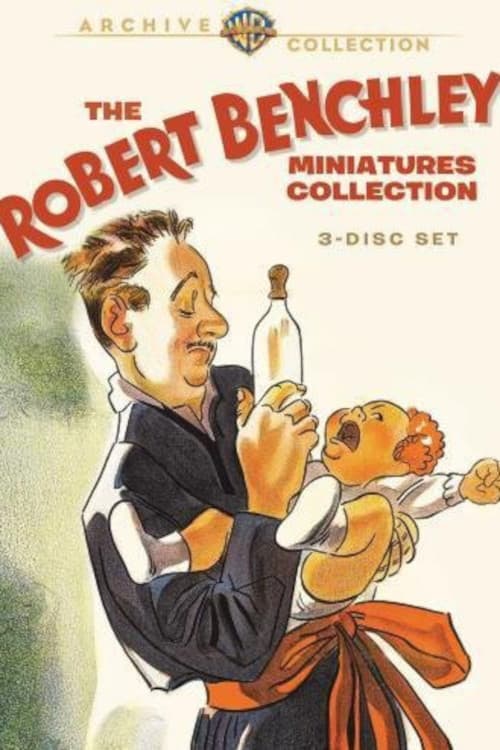
The Day of Rest (1939)
Movie
Lecturer / Joe Doakes
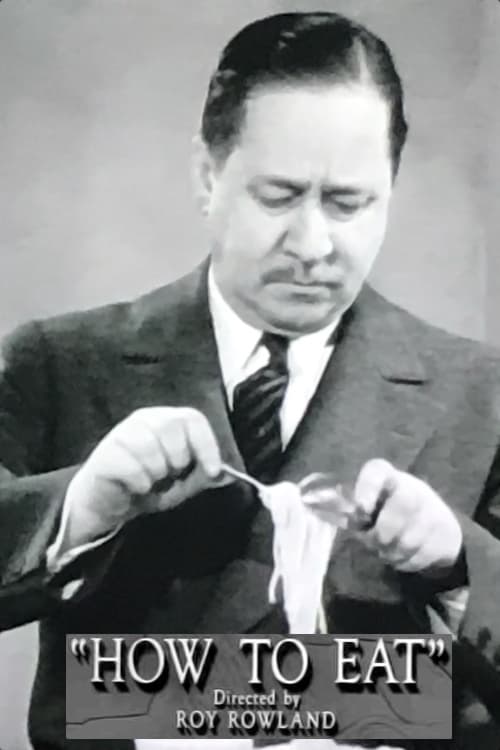
How to Eat (1939)
Movie
Joe Doakes
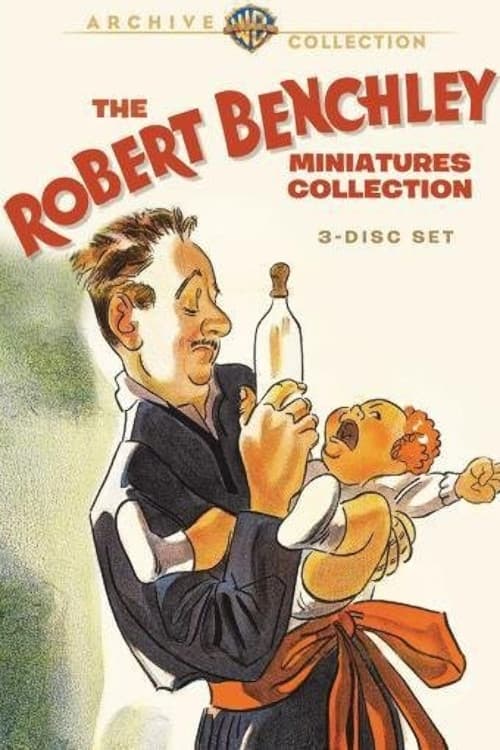
Home Early (1939)
Movie
Joseph A. Doakes
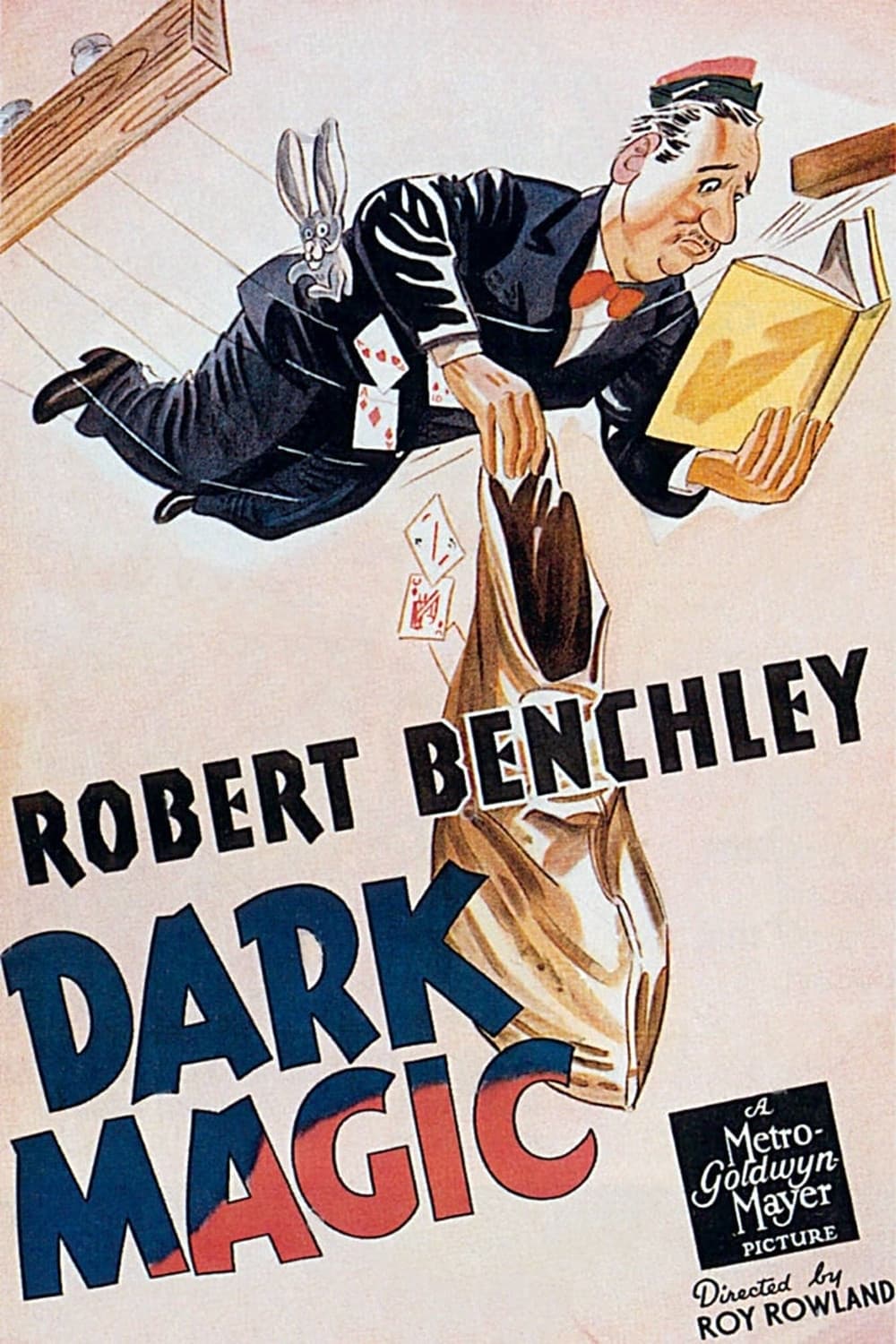
Dark Magic (1939)
Movie
Lecturer / Joe
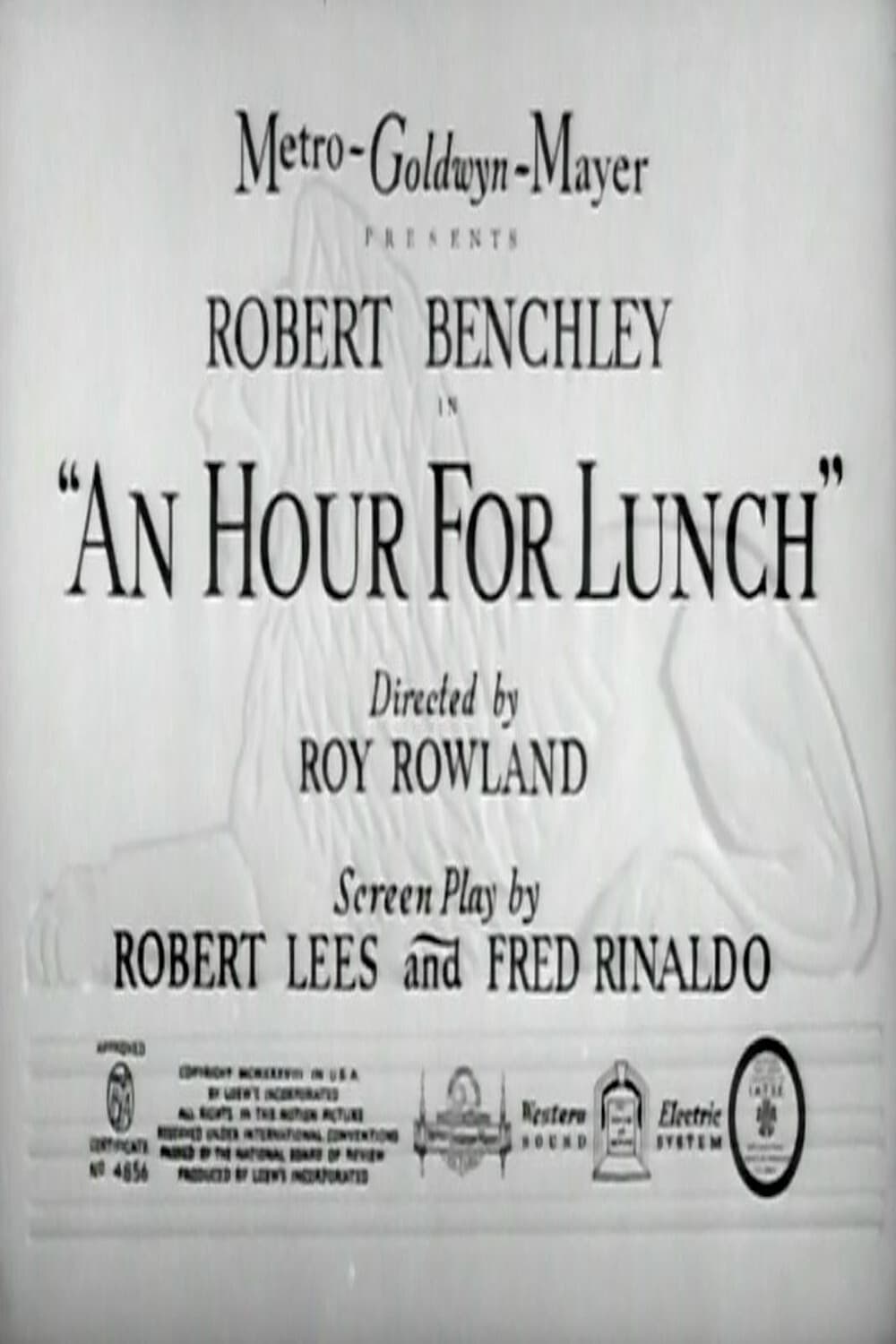
An Hour for Lunch (1939)
Movie
Joseph A. Doakes
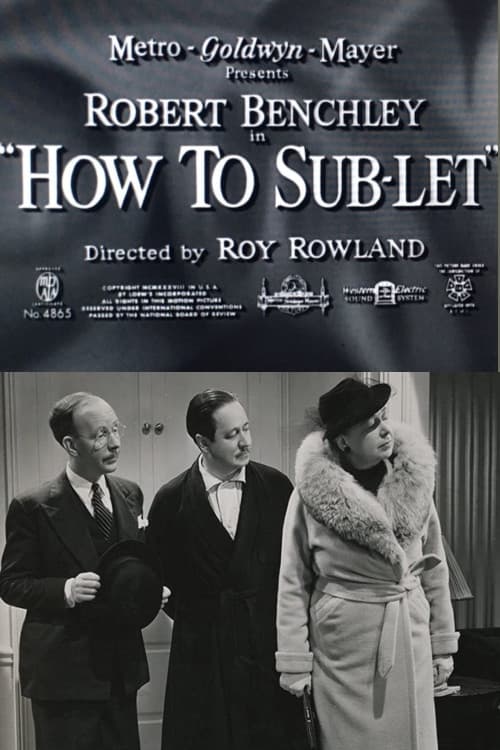
How to Sub-Let (1939)
Movie
Psychoanalyst / Mr. Ostegraf
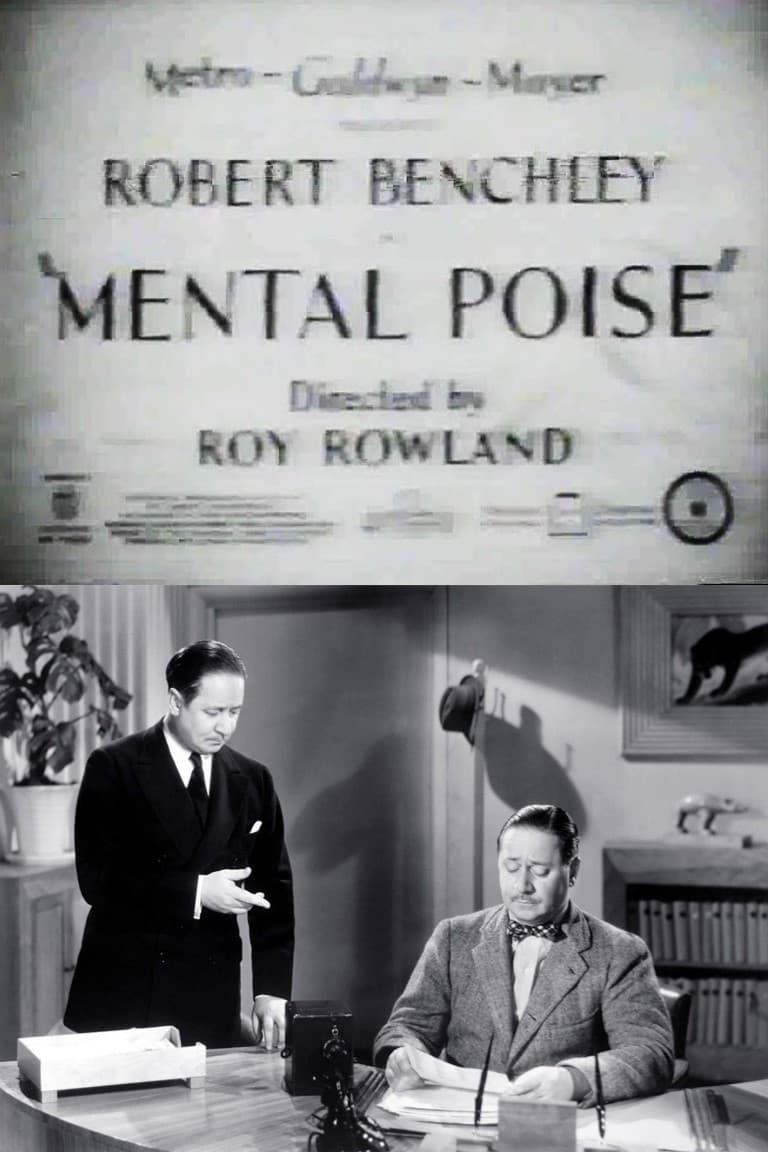
Mental Poise (1938)
Movie
City Treasurer Benchley
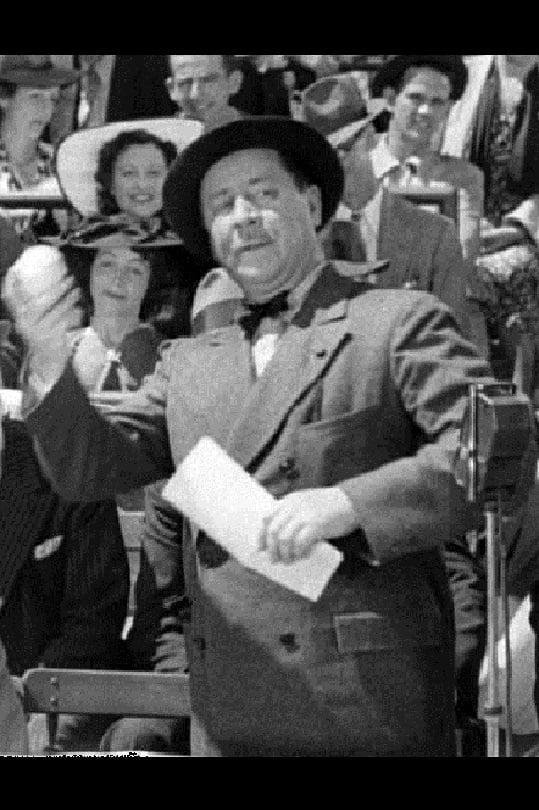
Opening Day (1938)
Movie
Football Fan
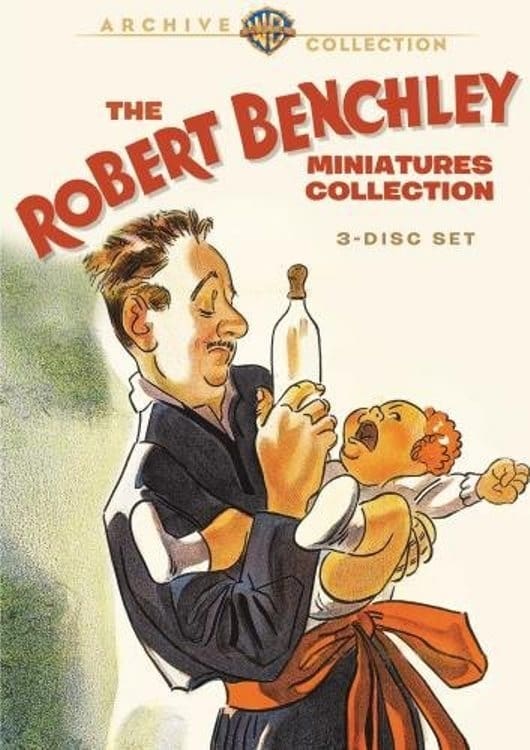
How to Watch Football (1938)
Movie
Lecturer
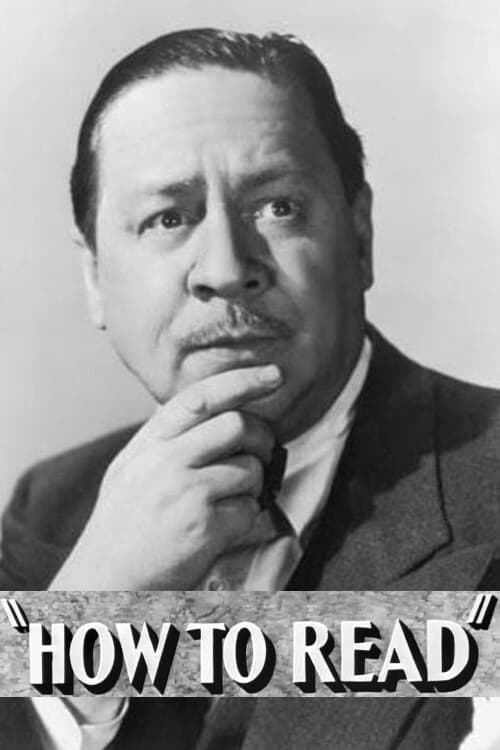
How to Read (1938)
Movie
Zoology professor
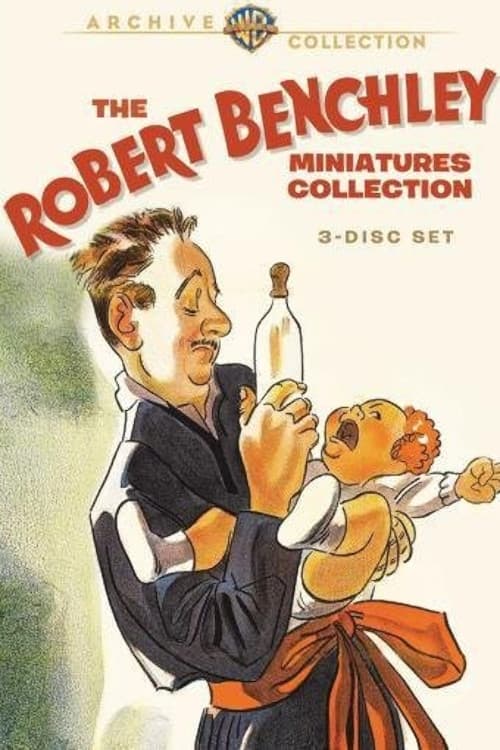
The Courtship of the Newt (1938)
Movie
Lecturer Father
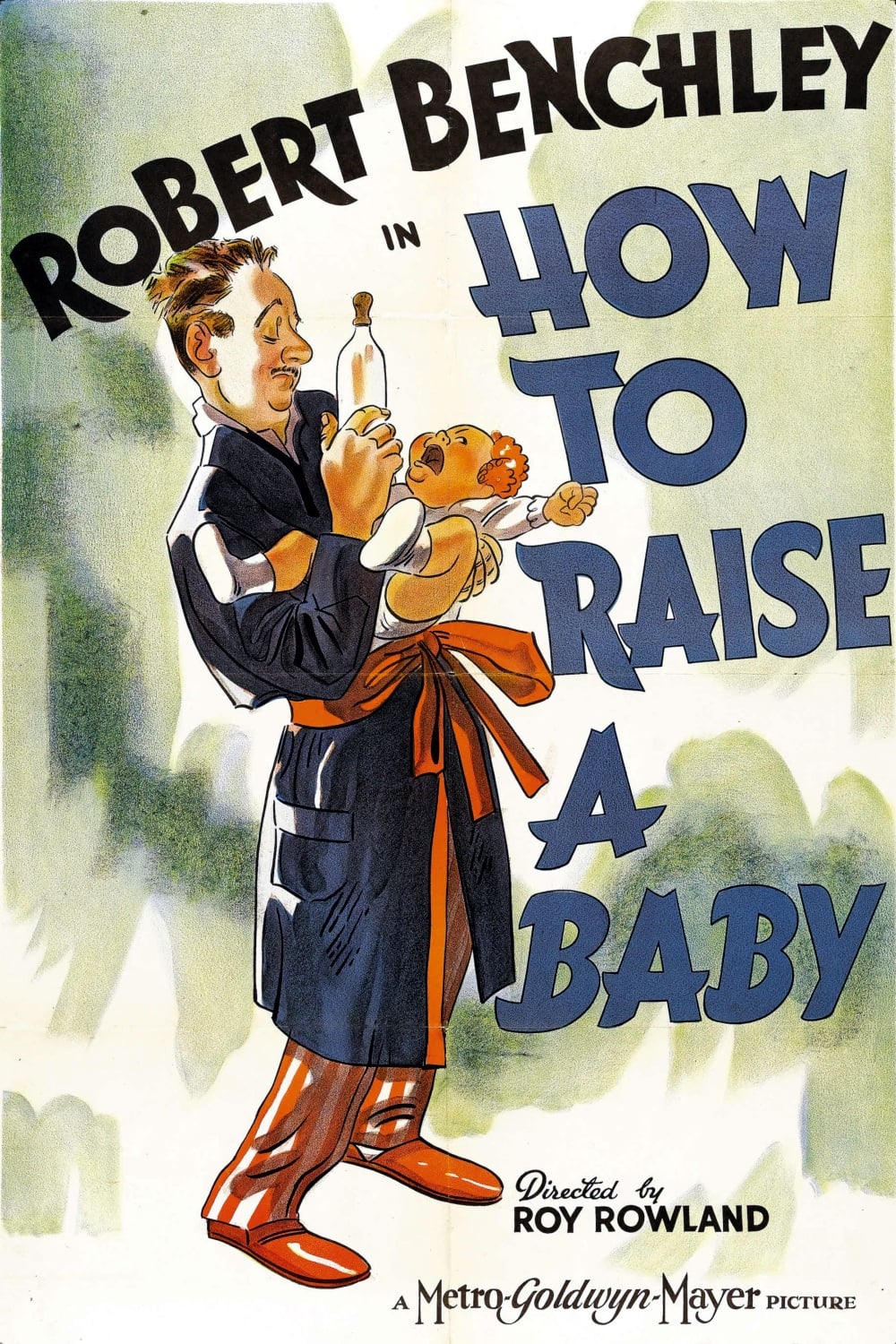
How to Raise a Baby (1938)
Movie
Doakes
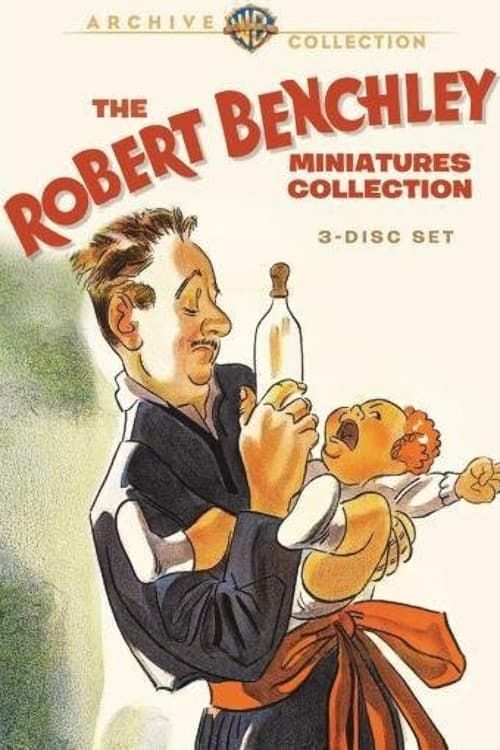
An Evening Alone (1938)
Movie
Robert Benchley
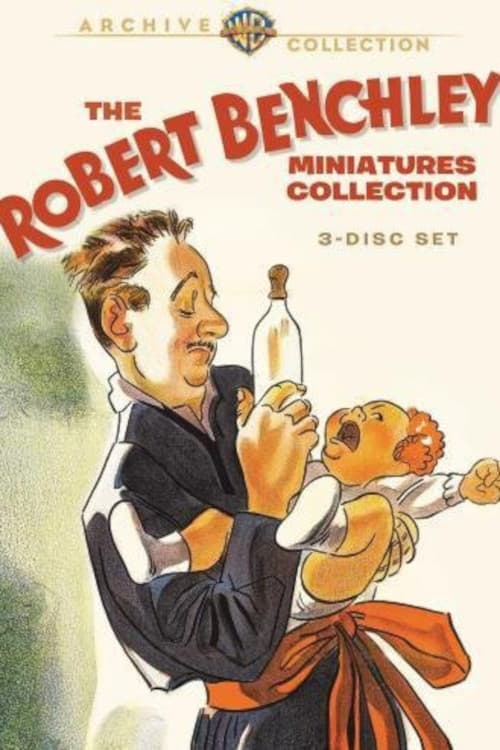
Music Made Simple (1938)
Movie
Joe Doakes
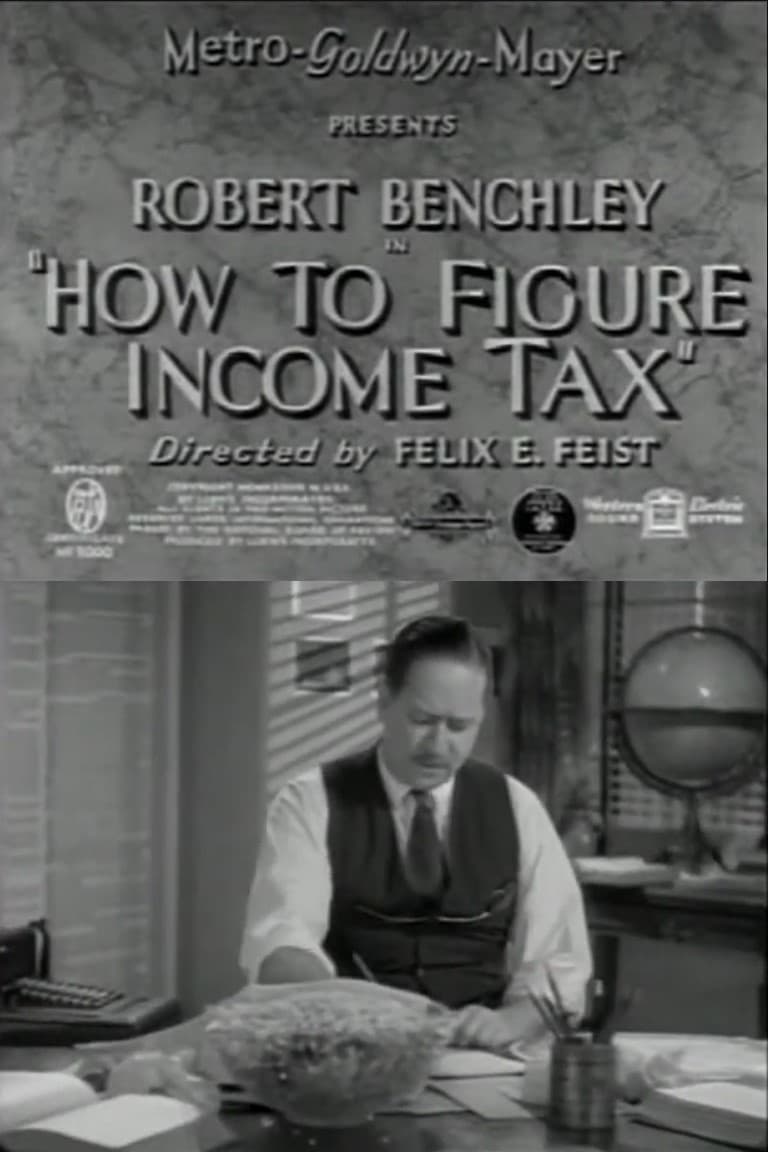
How to Figure Income Tax (1938)
Movie
Lecturer
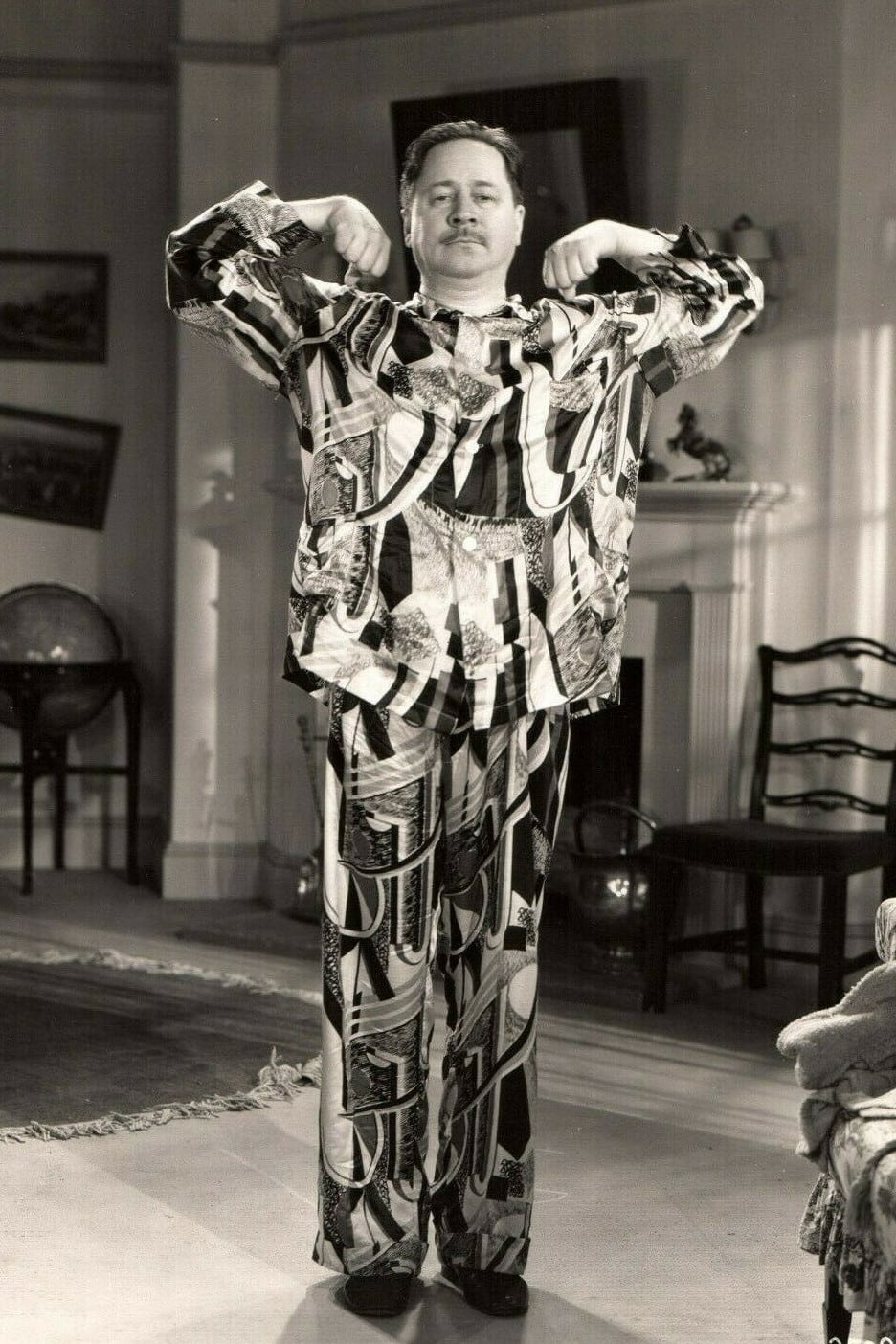
How to Start the Day (1937)
Movie
Husband
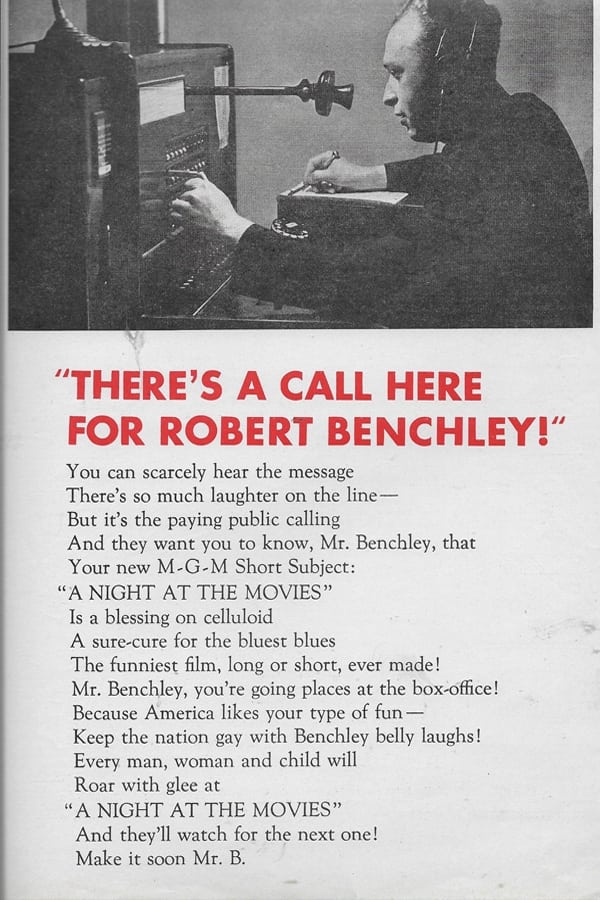
A Night at the Movies (1937)
Movie
Oscar
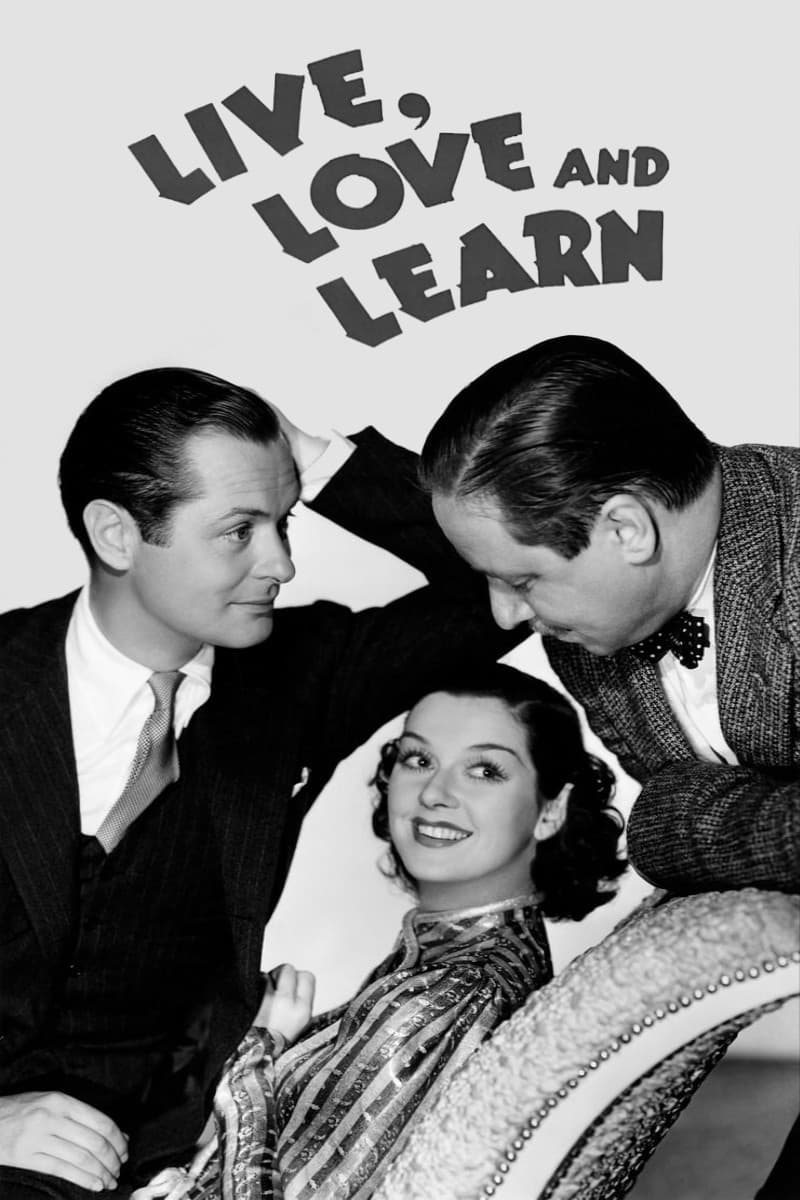
Live, Love and Learn (1937)
Movie
Robert Benchley

Sunday Night at the Trocadero (1937)
Movie
Duffy
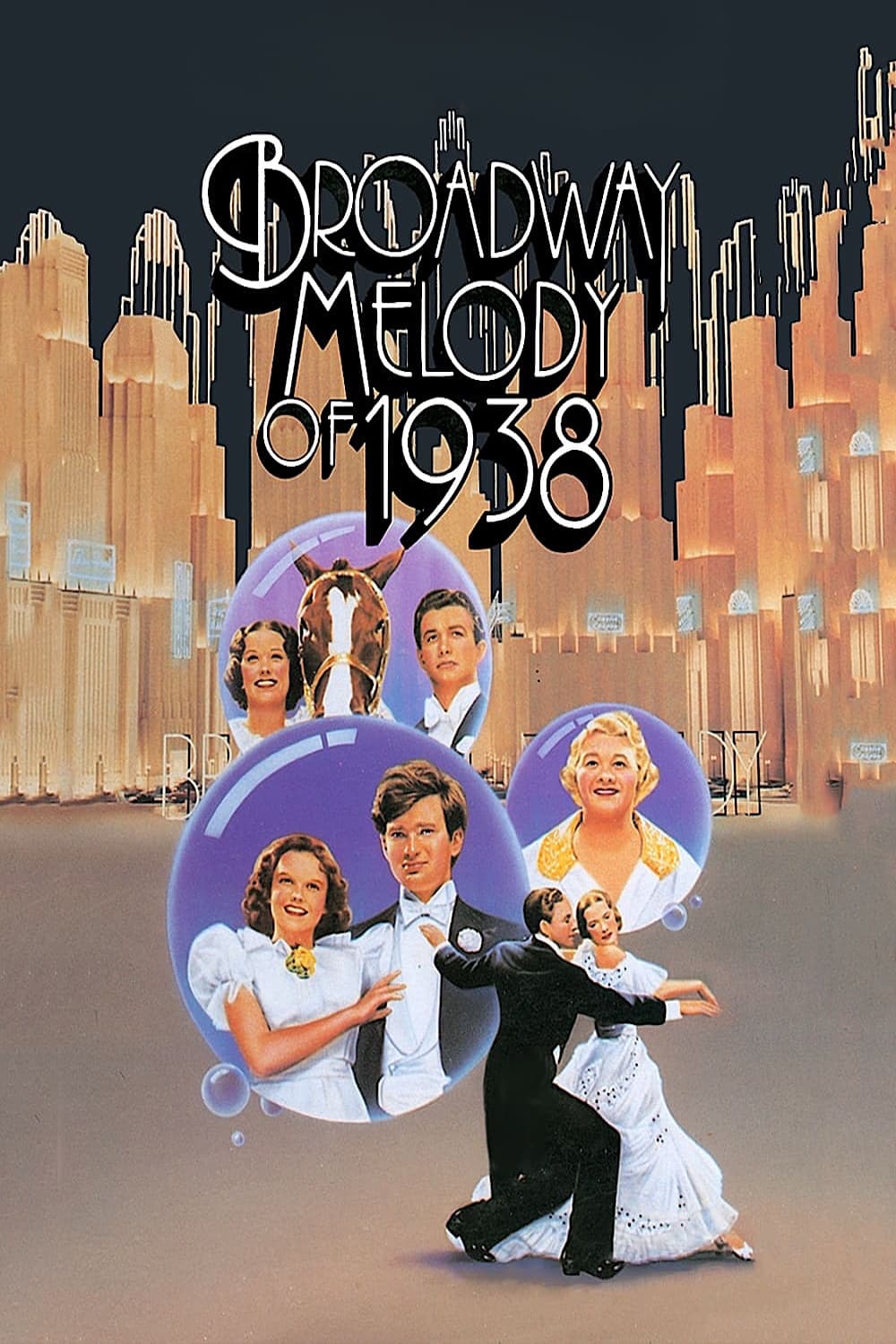
Broadway Melody of 1938 (1937)
Movie
Writer

Top of the Town (1937)
Movie
Joe Doakes
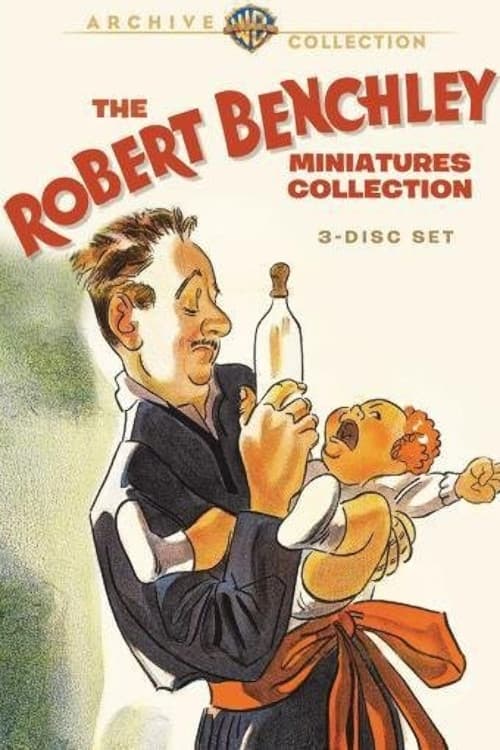
The Romance of Digestion (1937)
Movie
Lecturer
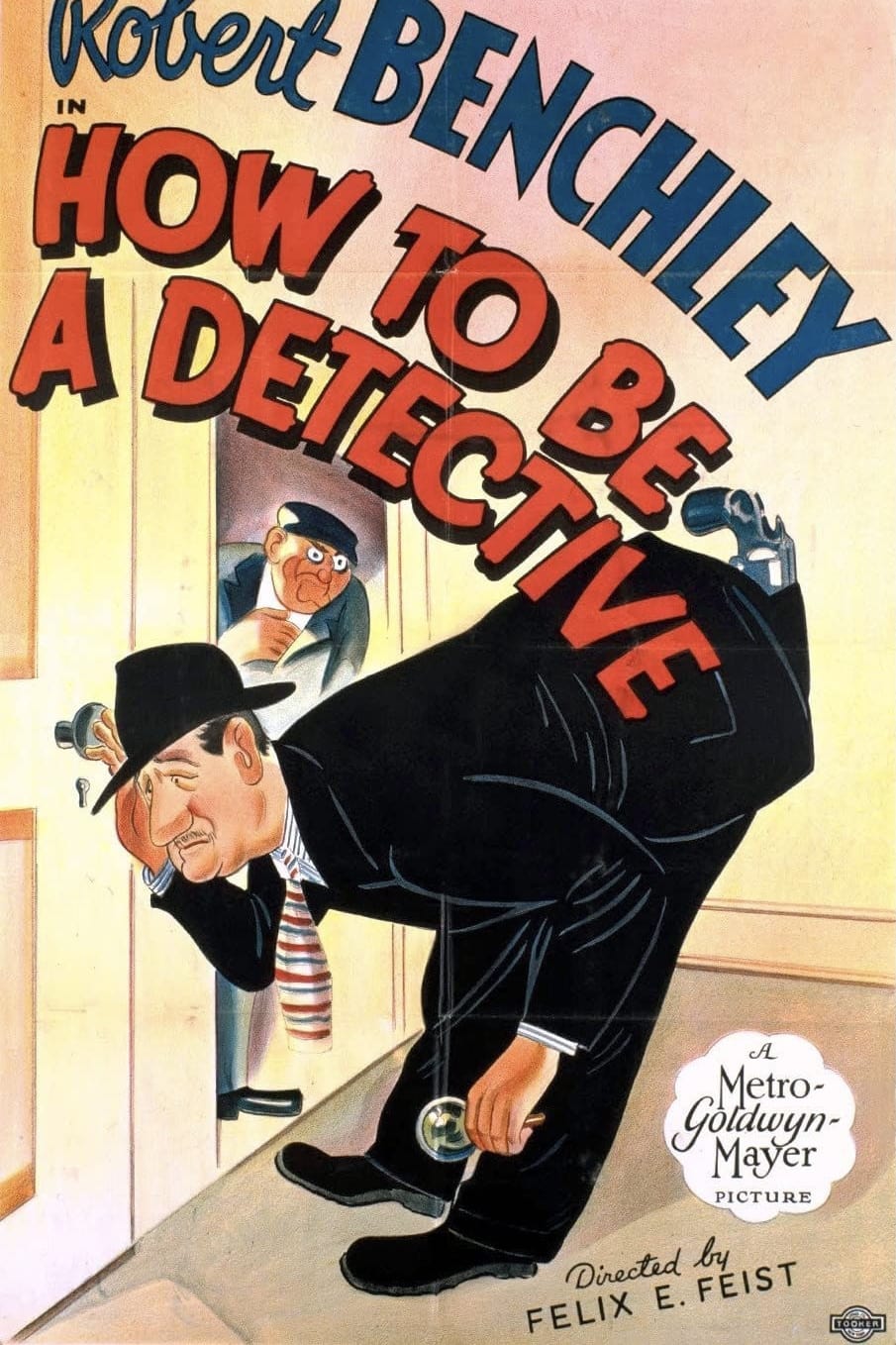
How to Be a Detective (1936)
Movie
Mr. Robert Benchley
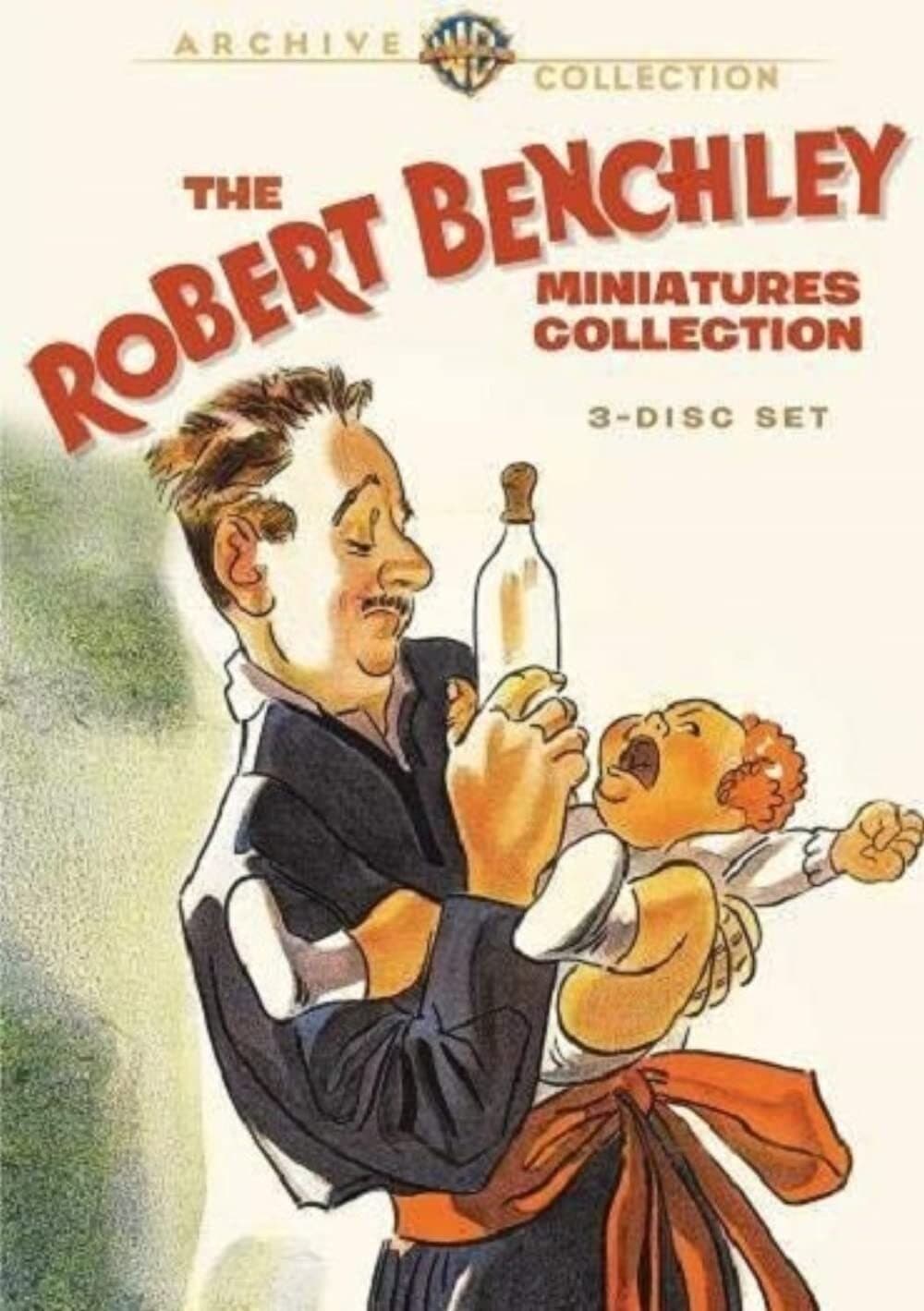
How to Vote (1936)
Movie
Bill Macon
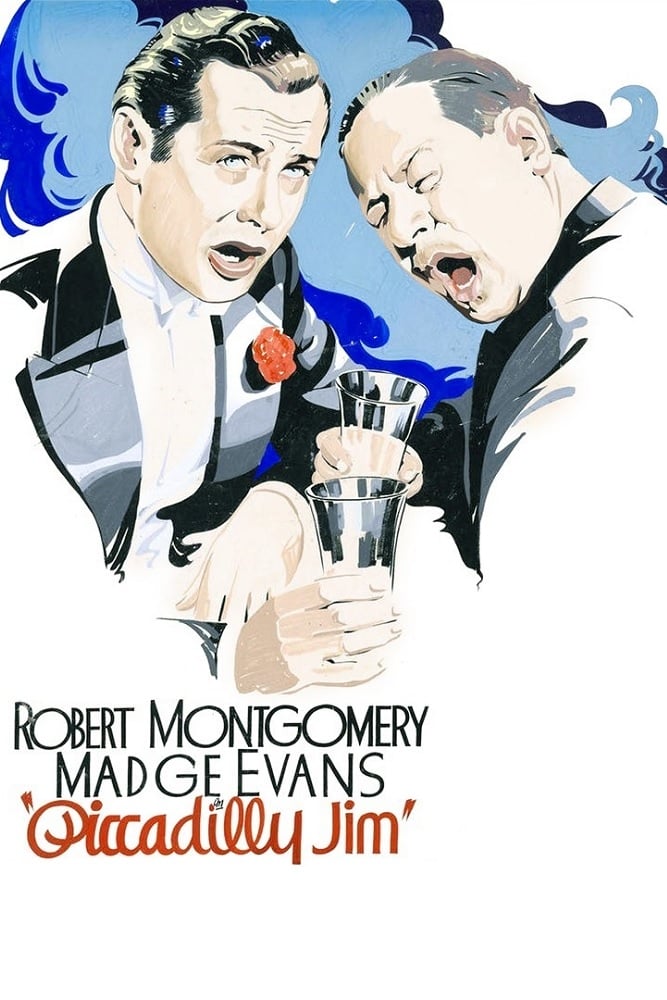
Piccadilly Jim (1936)
Movie
Self
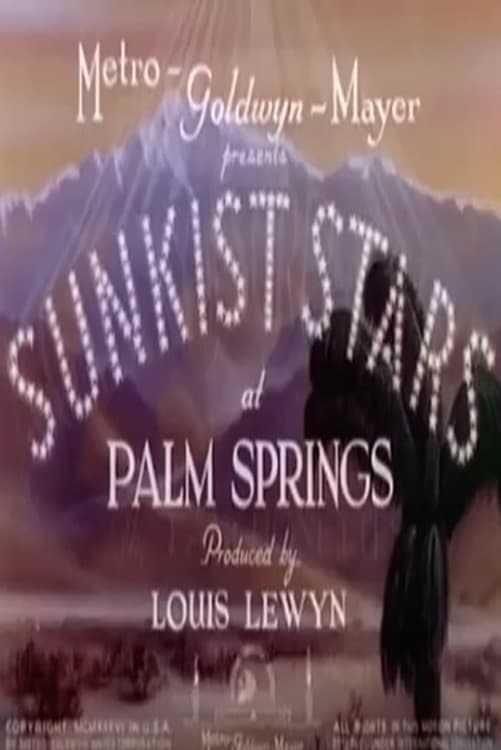
Sunkist Stars at Palm Springs (1936)
Movie
Lecturer / Dog Owner
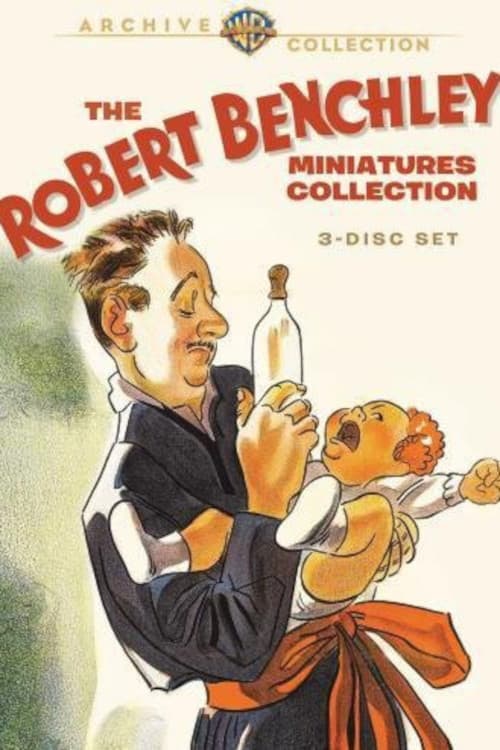
How to Train a Dog (1936)
Movie
Mr. Benchley
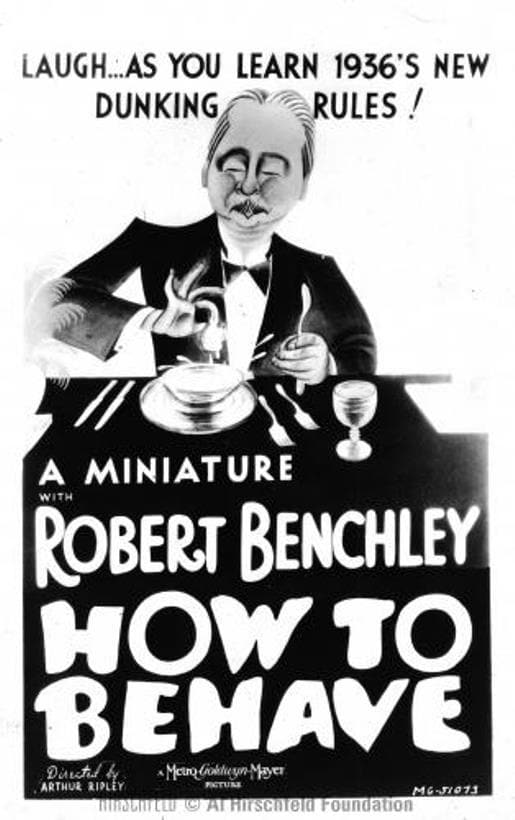
How to Behave (1936)
Movie
Lecturer
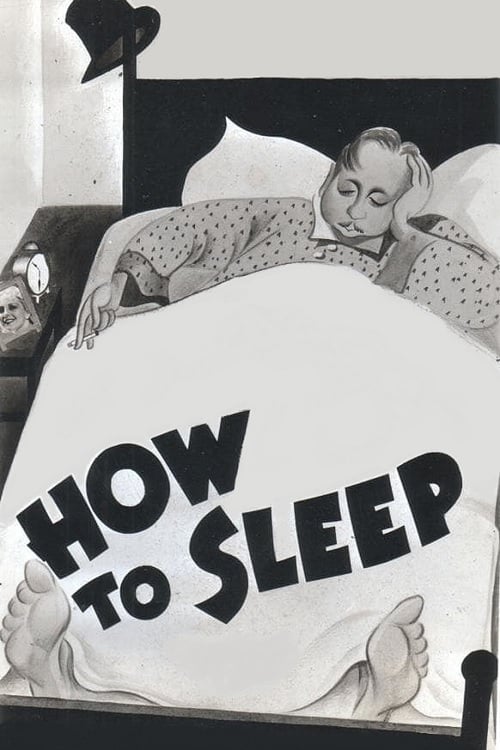
How to Sleep (1935)
Movie
Writer
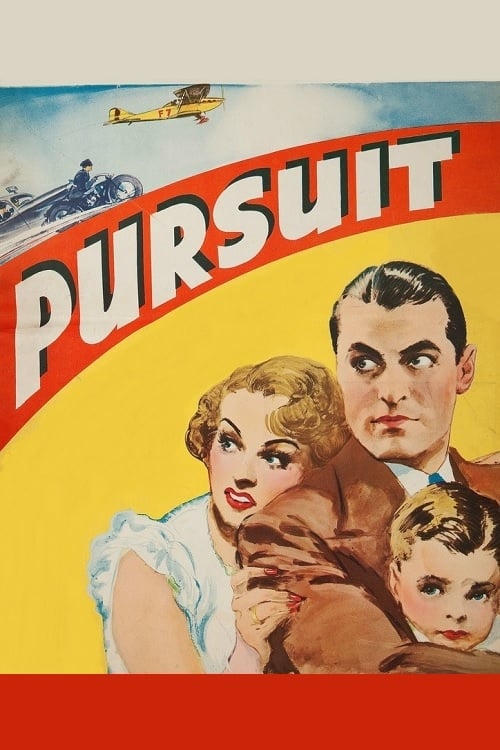
Pursuit (1935)
Movie
Charlie McCaleb
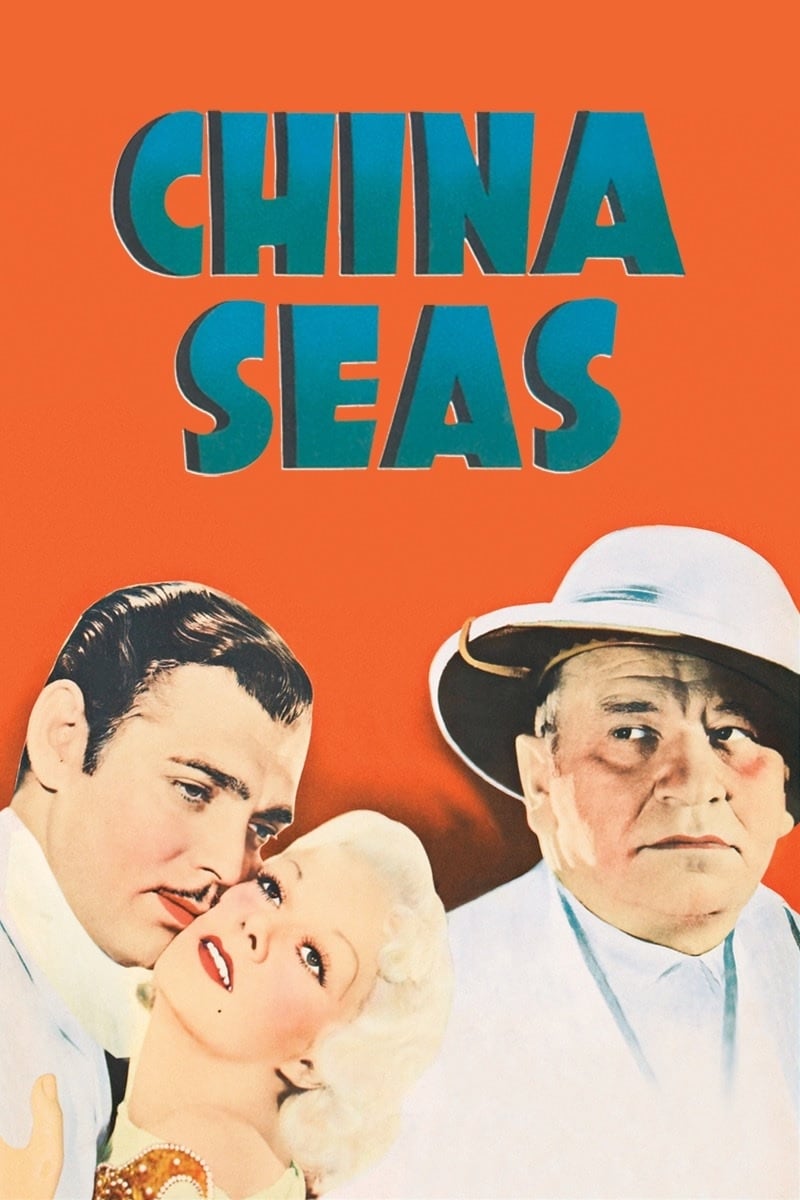
China Seas (1935)
Movie
Joe Doakes

How to Break 90 at Croquet (1935)
Movie
Screenplay
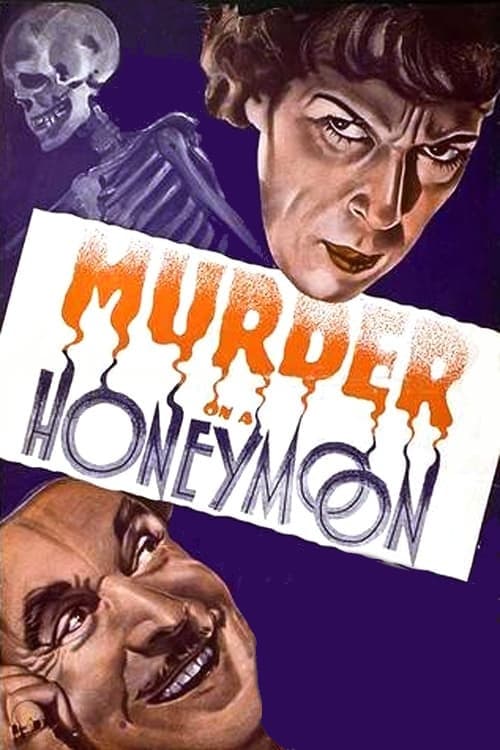
Murder on a Honeymoon (1935)
Movie
Master of Ceremonies

David O. Selznick: Your New Producer (1935)
Movie
Robert Benchley
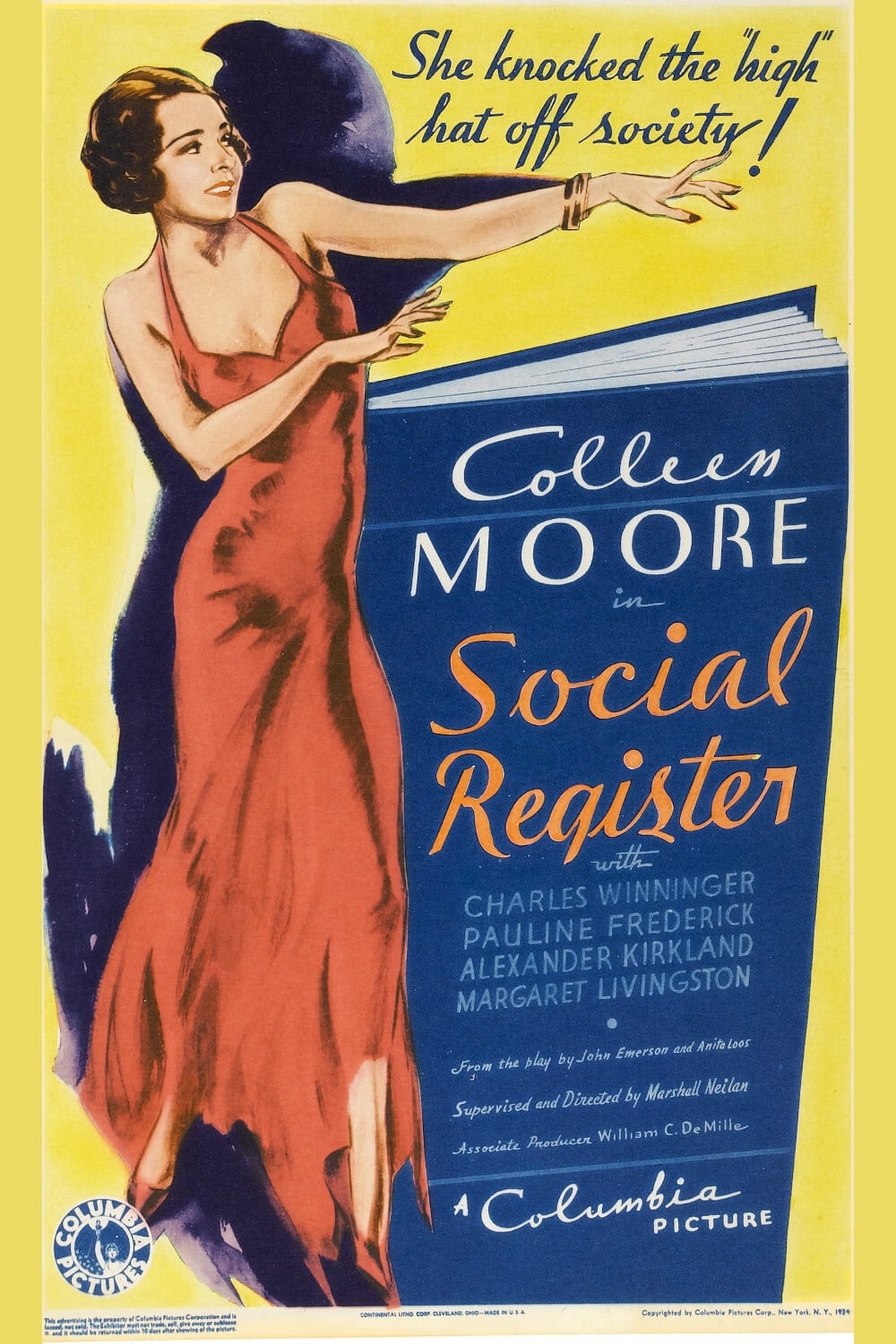
Social Register (1934)
Movie
Writer
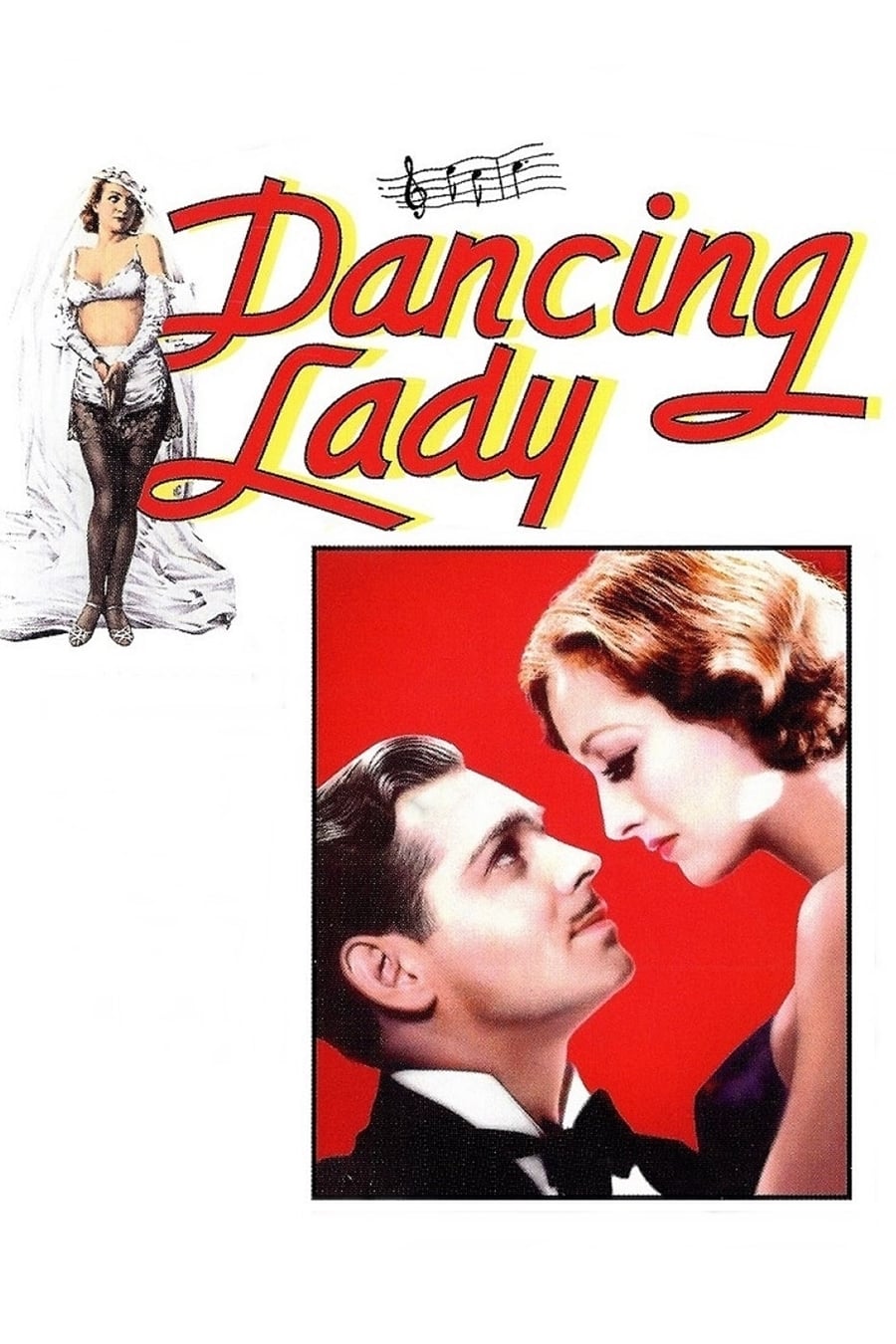
Dancing Lady (1933)
Movie
Writer
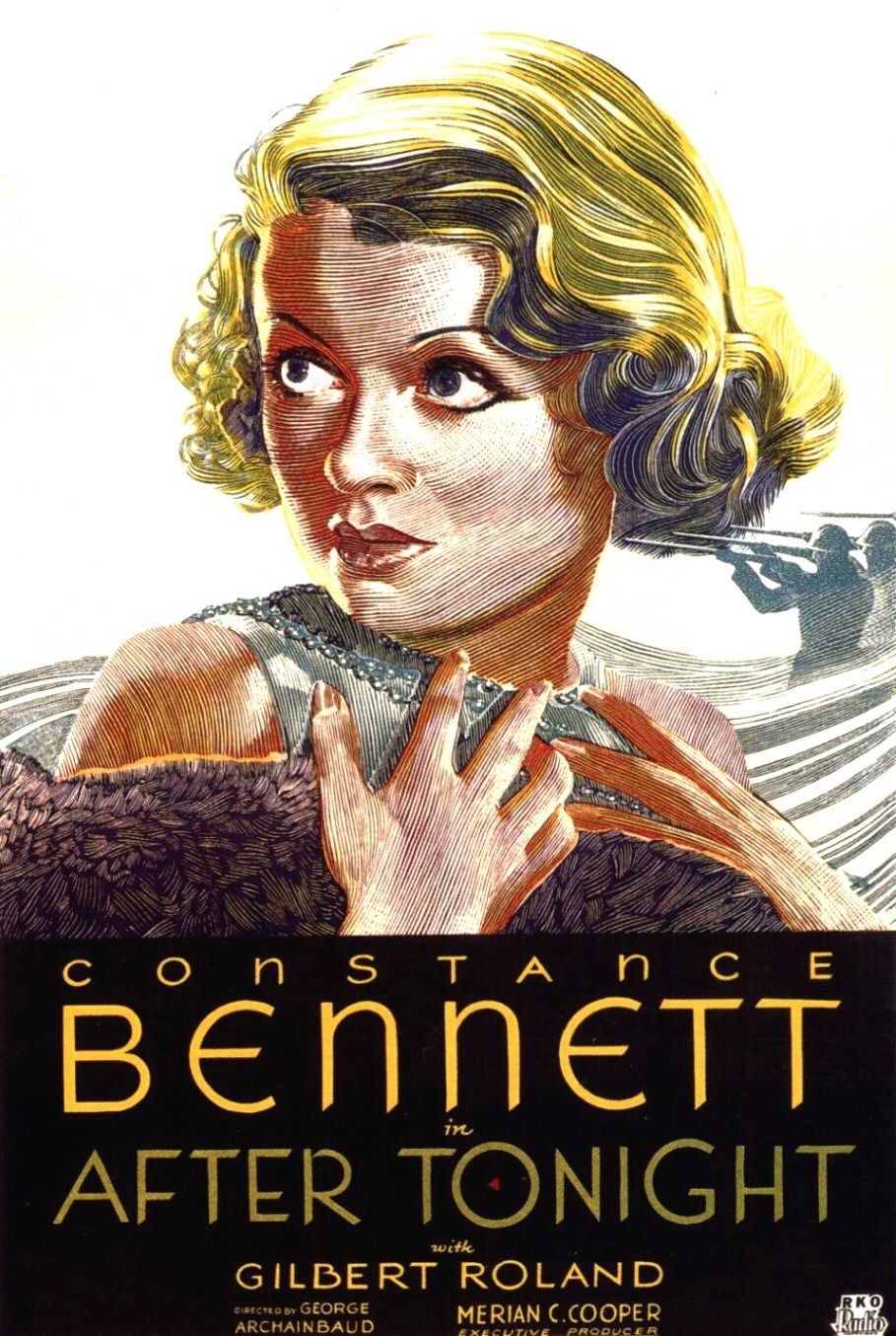
After Tonight (1933)
Movie
H. Harrington Hubbell
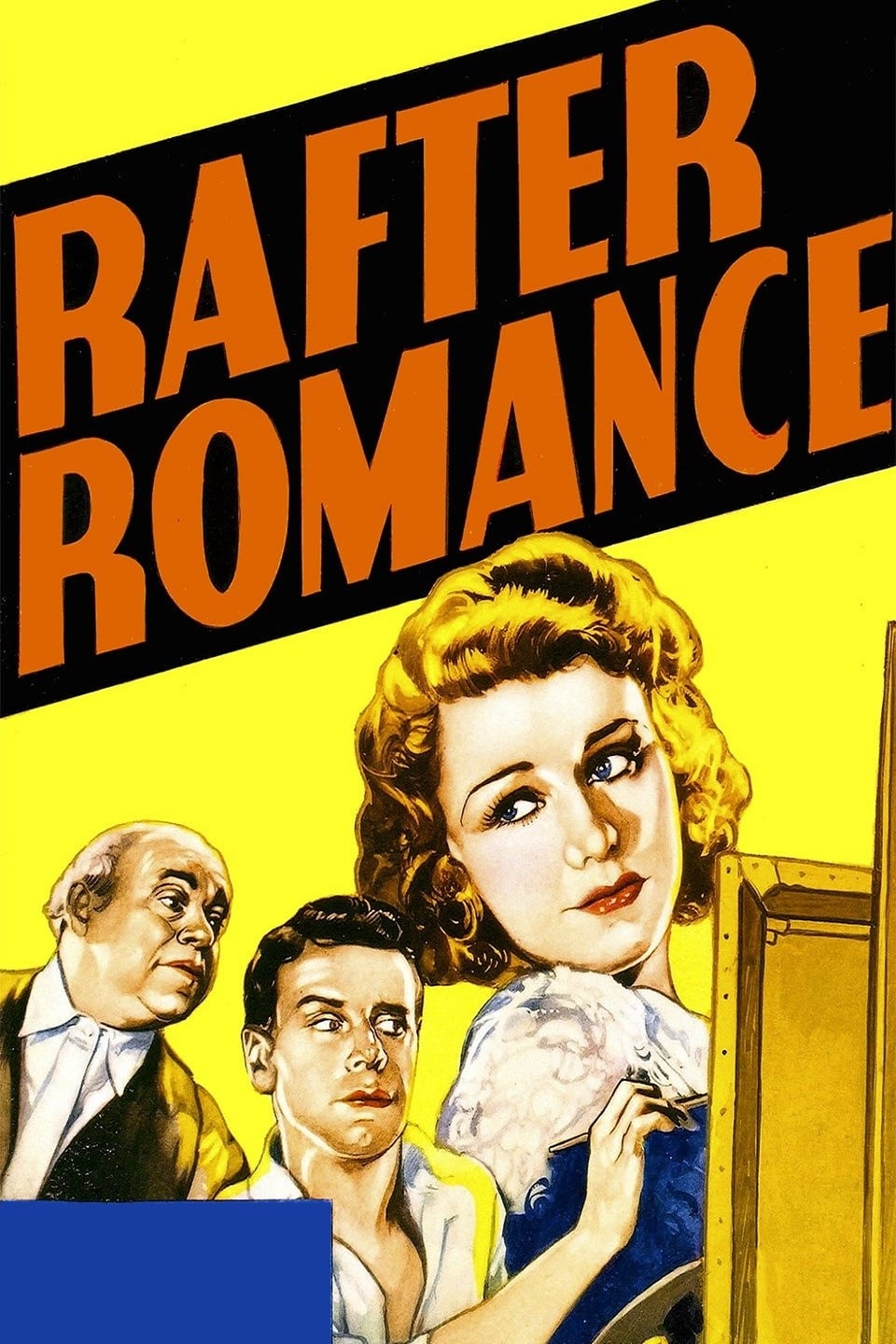
Rafter Romance (1933)
Movie
Writer
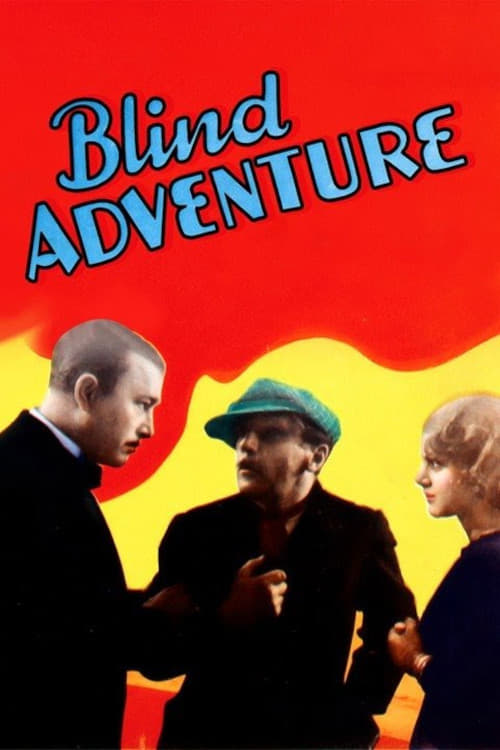
Blind Adventure (1933)
Movie
Radio Announcer
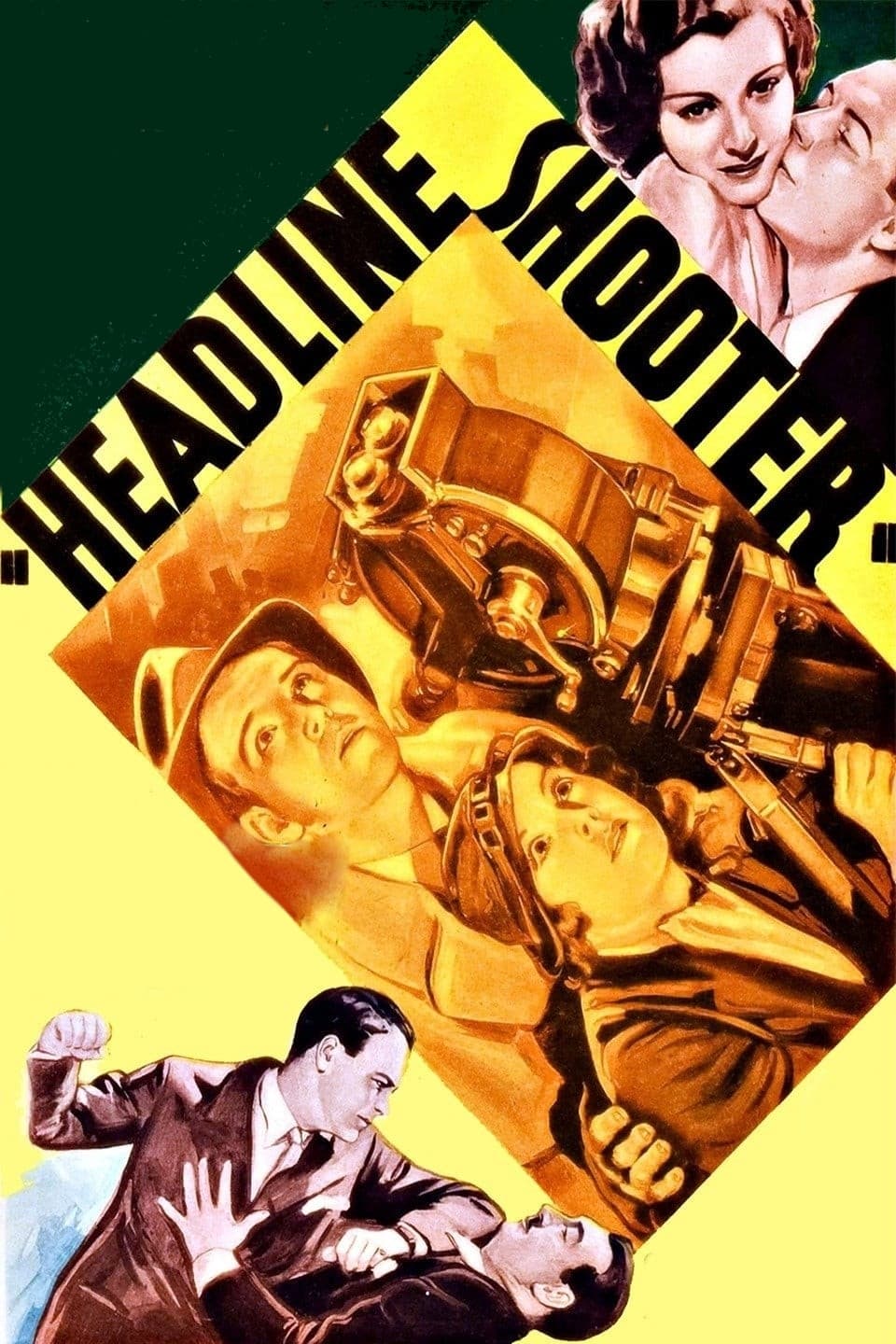
Headline Shooter (1933)
Movie
Robert Benchley

Your Technocracy and Mine (1933)
Movie
Radio Announcer
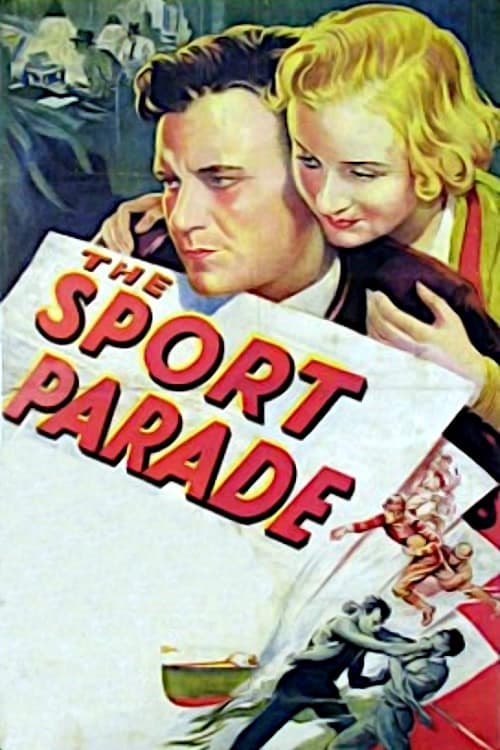
The Sport Parade (1932)
Movie
Writer
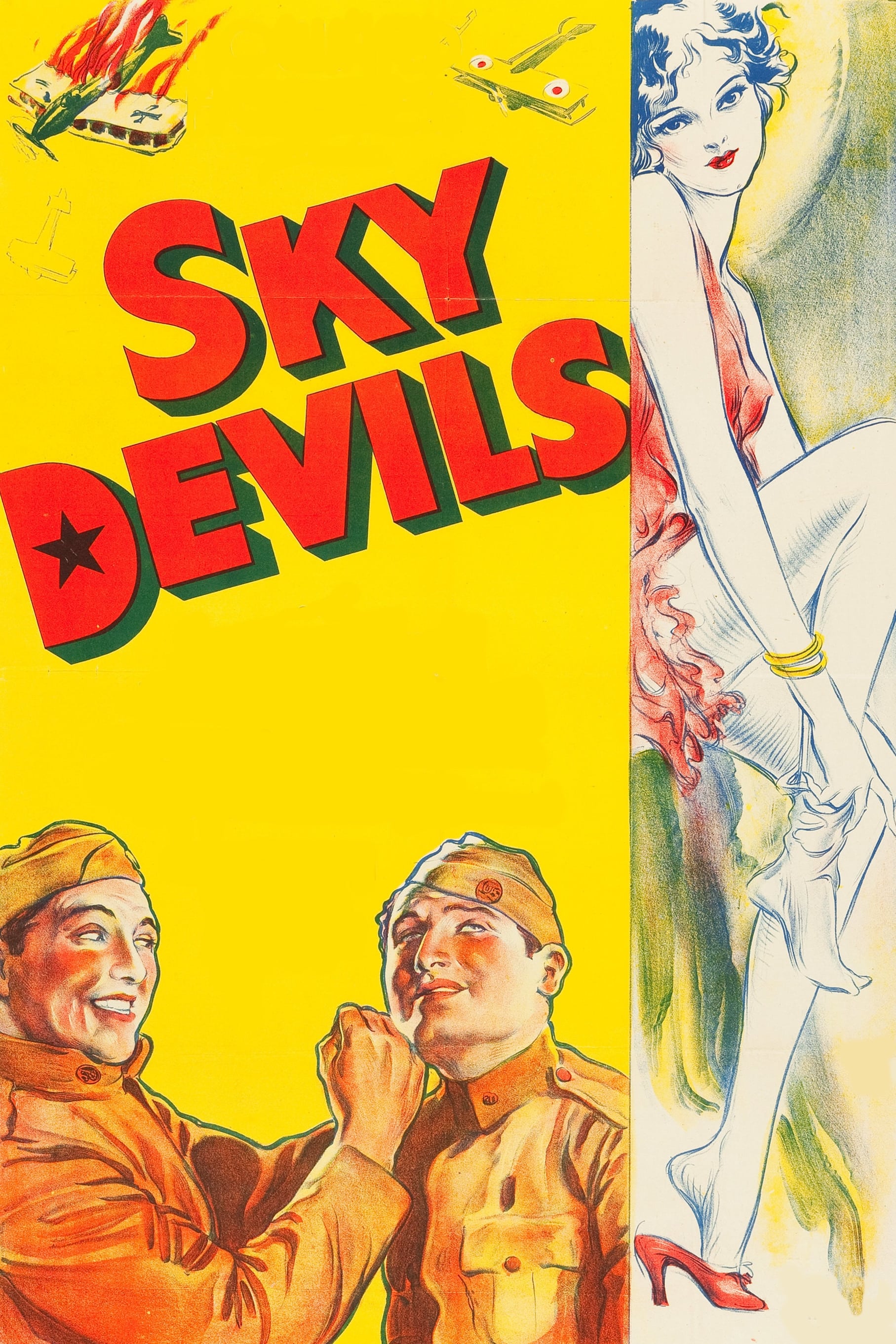
Sky Devils (1932)
Movie
Lecturer

Stewed, Fried and Boiled (1929)
Movie
Lecturer

Lesson No. 1 (1929)
Movie
Robert Benchley

Furnace Trouble (1929)
Movie
Robert Benchley

The Spellbinder (1928)
Movie
Lecturer
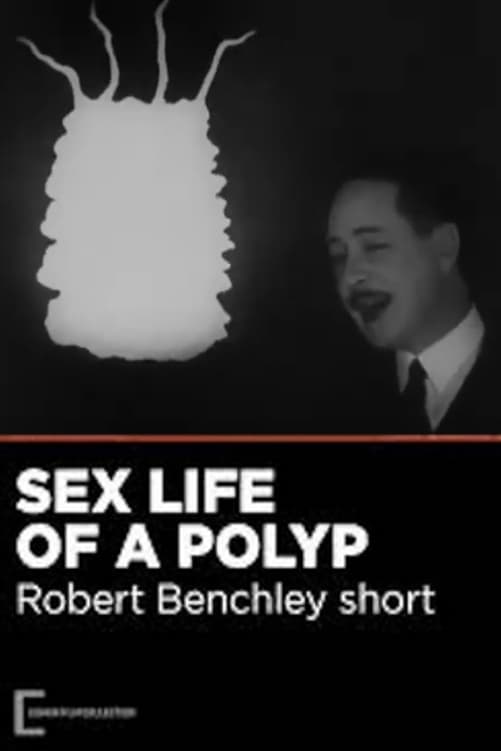
The Sex Life of the Polyp (1928)
Movie
Treasurer

The Treasurer's Report (1928)
Movie
Writer
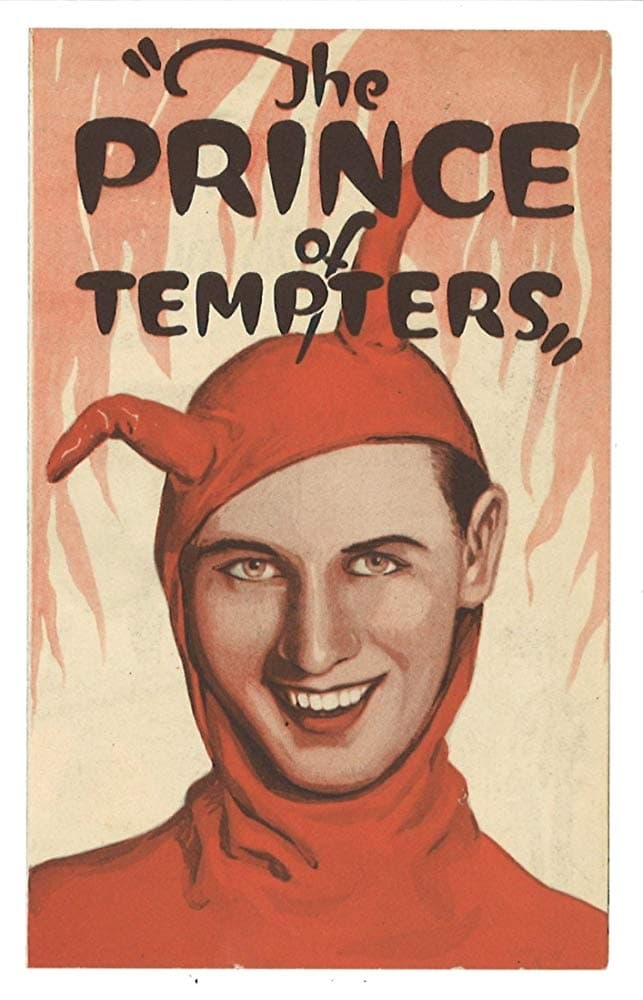
The Prince of Tempters (1926)
Movie
Writer
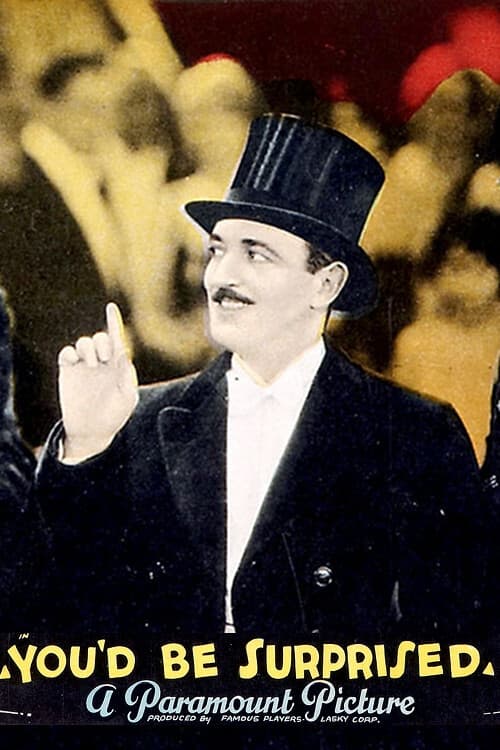
You'd Be Surprised (1926)
Movie
Writer
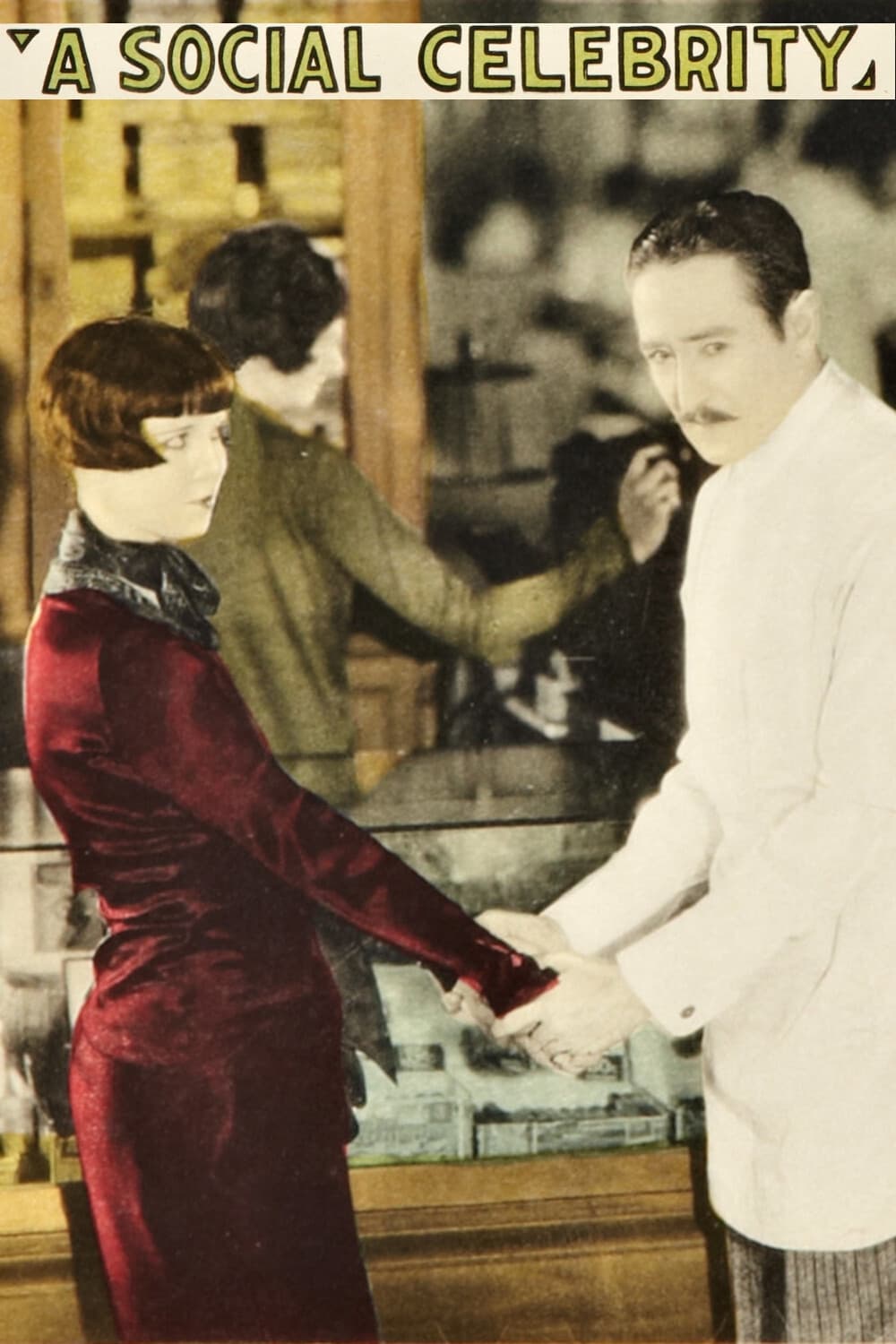
A Social Celebrity (1926)
Movie
Writer
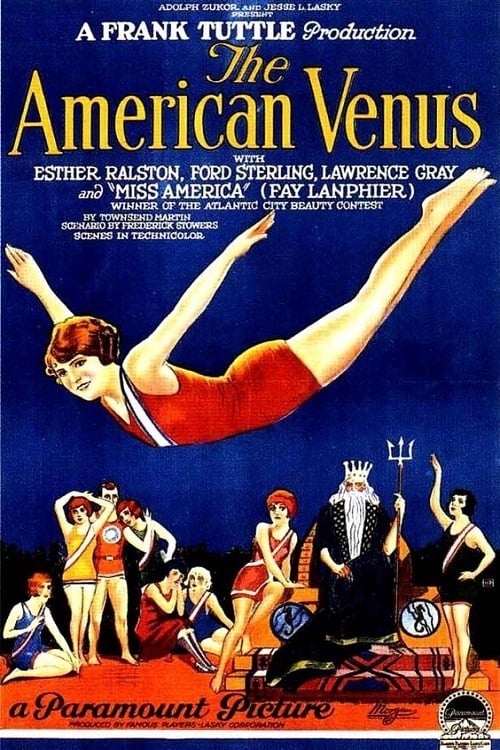
The American Venus (1926)
Movie
Ratings
Average 5.32
Based on 92.5 Thousand movie and tv ratings over time
1926
1936
1940
1937
2007
Advertisement
Gallery
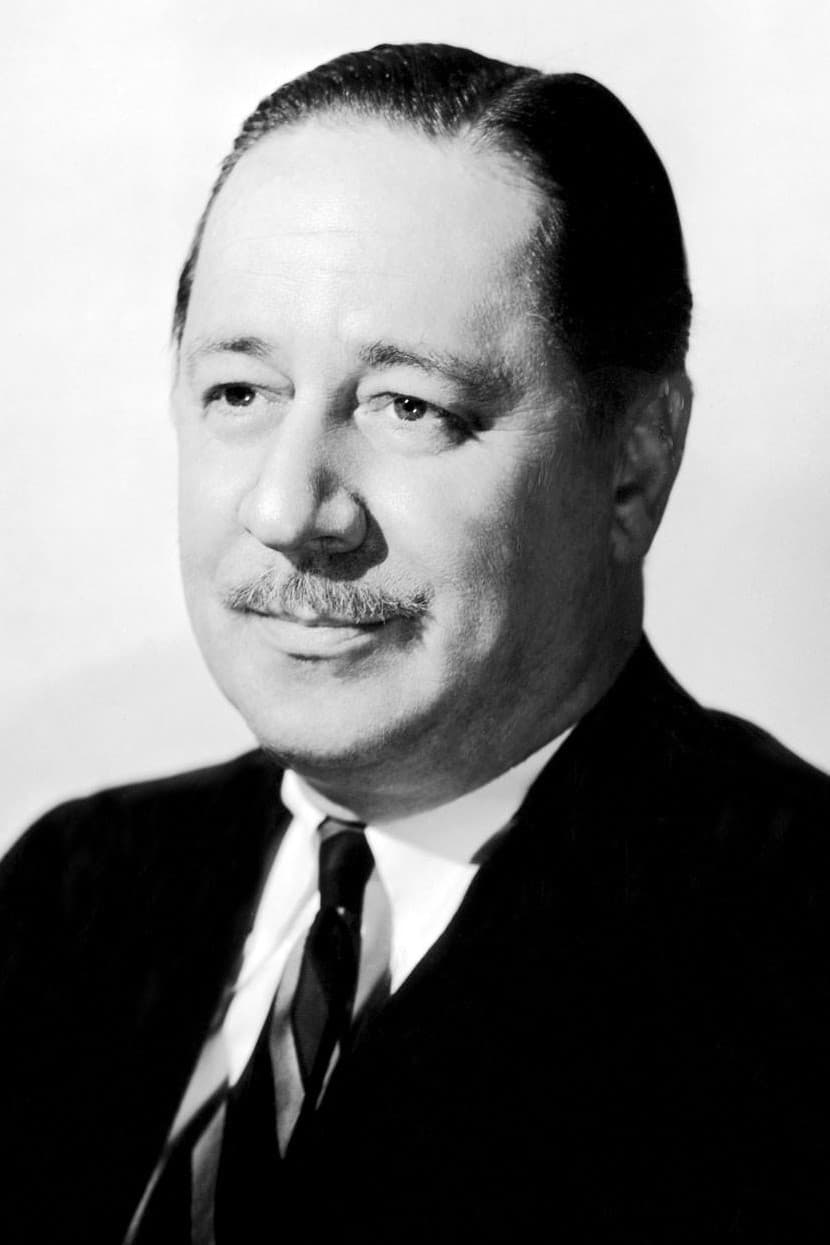


Information
Known ForActing
GenderMale
Birthday1889-09-15
Deathday1945-11-21 (56 years old)
Birth PlaceWorcester, United States of America
ChildrenNathaniel Benchley
FatherCharles Henry Benchley
CitizenshipsUnited States of America
Also Known AsРоберт Бенчли, Robert Charles Benchley
Awardsstar on Hollywood Walk of Fame
This article uses material from Wikipedia.
Advertisement
 Robert Benchley
Robert Benchley- Filmography
- Information
- Related Persons
